Issues

101
Stages Of Persian Penetration Of The Arab World In The Modern Era (4)
14 July 2023
Yemen has always been the Persian expansionist ambitions focus since ancient times, and its traditional way of trying to penetrate the Arabian Island, which the Persians throughout their history have not been able to penetrate or control, and this matter can be seen through what some have put forward about the “historical tendency” of Persia to the west to control the eastern Mediterranean, the Red Sea and the Bab al-Mandab Strait.
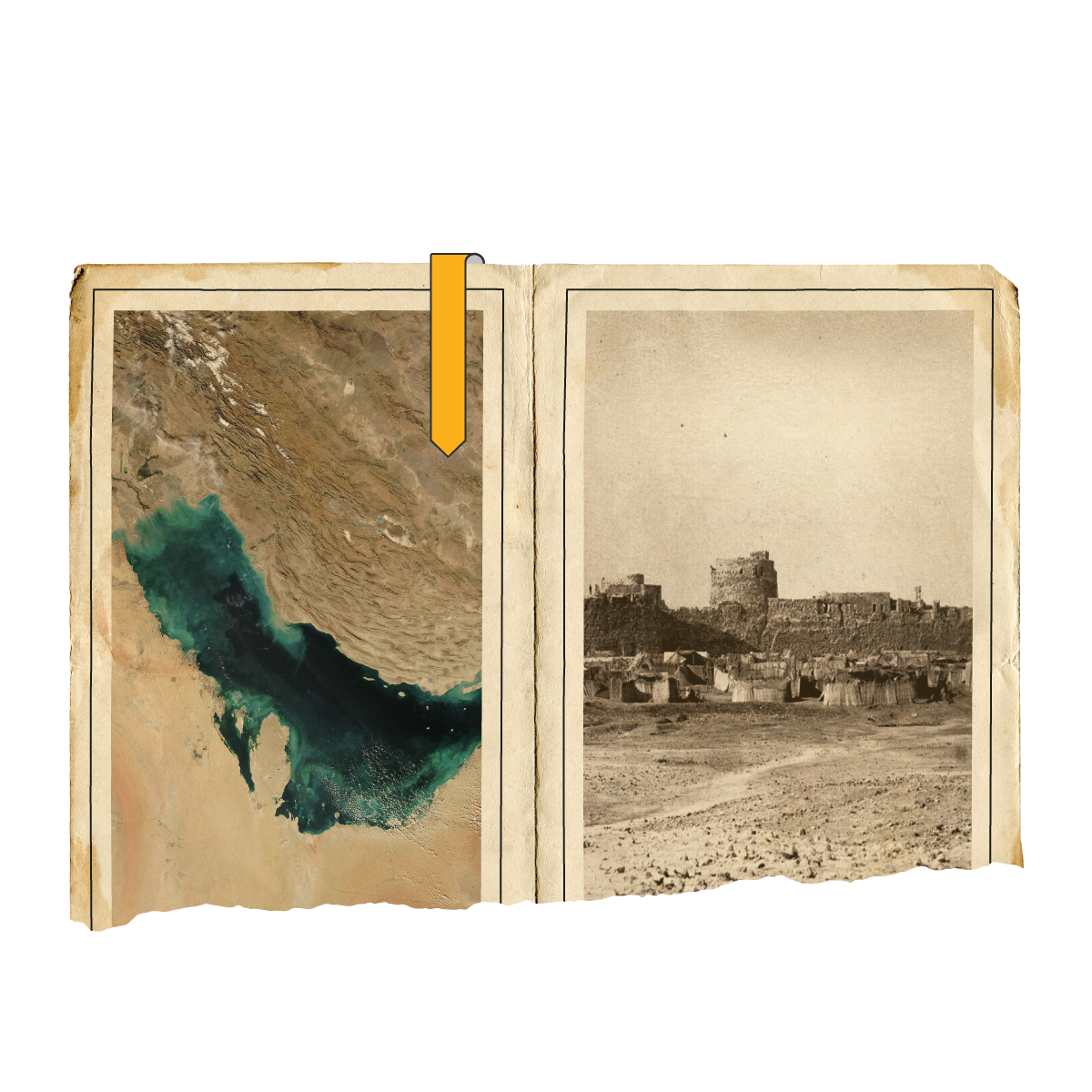
100
Stages Of Persian Penetration Of The Arab World In The Modern Era (3)
07 July 2023
Iran has always been keen to extend its influence in the Arabian Gulf region by any way, and it is obvious in its refusal to call the Gulf with the Arabian Gulf, and its insistence on the unrealistic name "Persian Gulf"; Seeking to play a greater role in the region, by presenting itself as a dominant regional power, and obtaining international recognition of that situation.
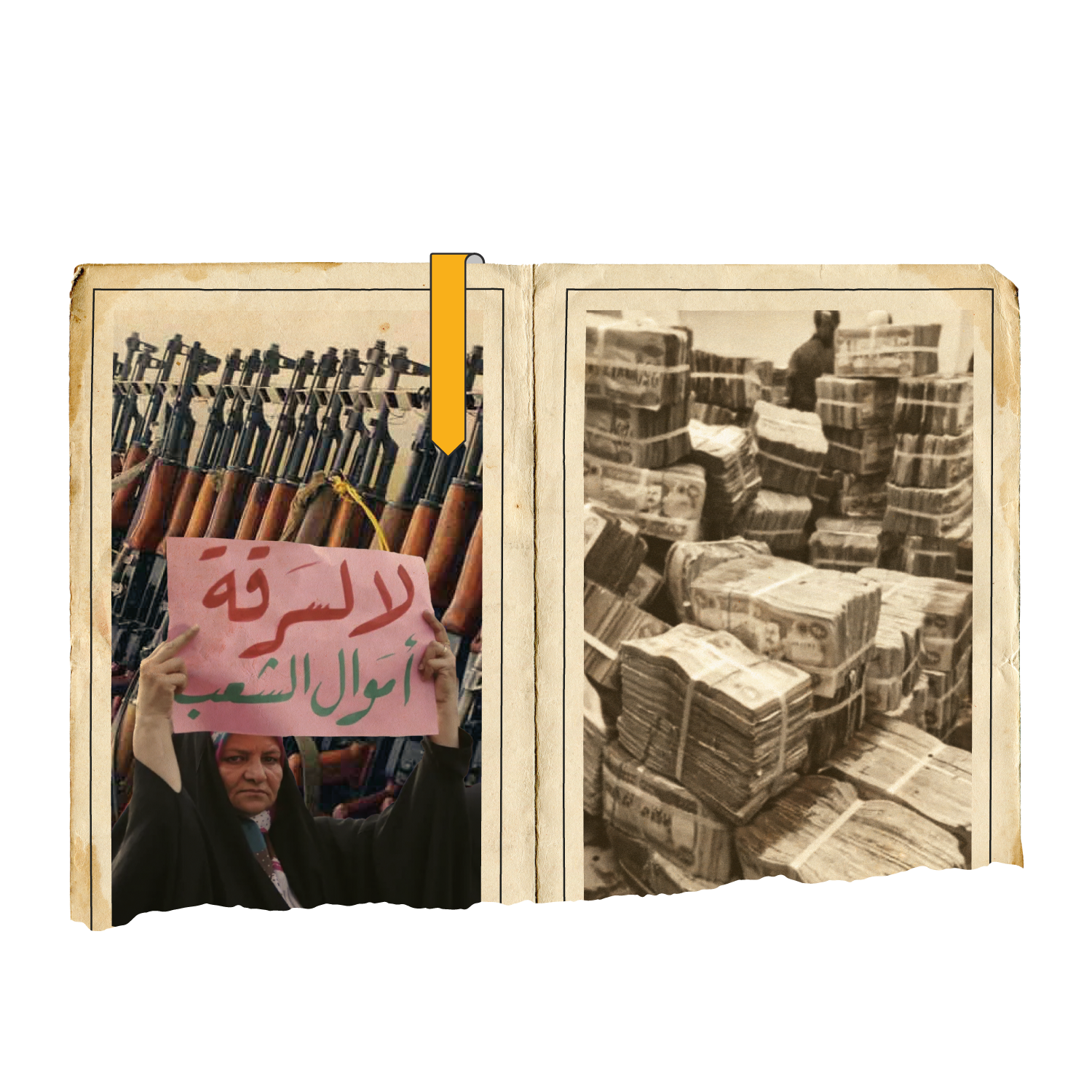
99
Stages Of Persian Penetration Of The Arab World In The Modern Era (2)
16 June 2023
Many years after Khomeinist revolution in (1979), Iranian penetration of Arab Iraq took place through that Persian plant that was established in Iraq, as elsewhere, from militias, parties and supporters, who sold their homelands to its enemies, so that the dreams and aspirations of the occupier were fulfilled.
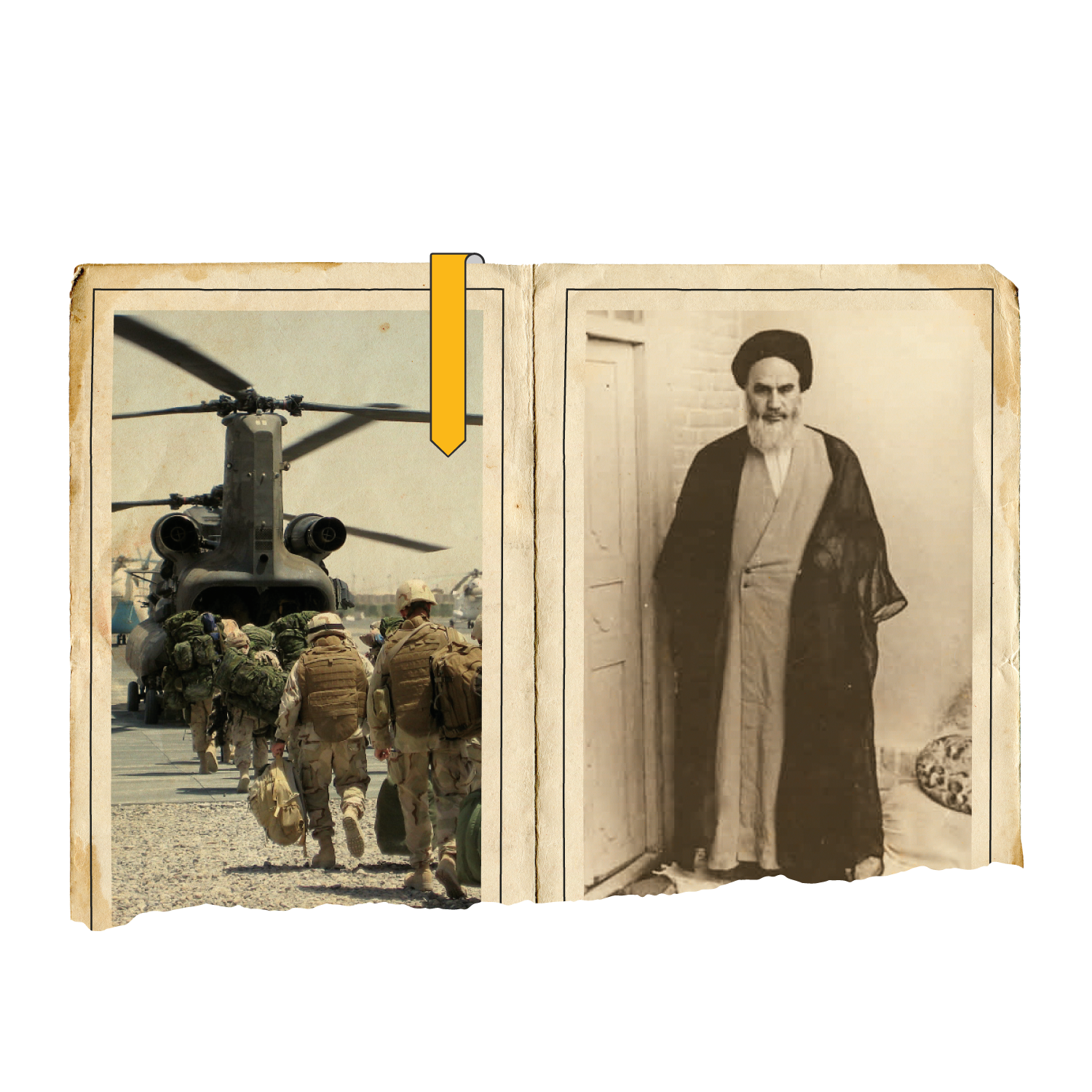
98
Stages Of Persian Penetration Of The Arab World In The Modern Era (1)
09 June 2023
In the year (2003) the United States of America invaded Iraq and overthrew Saddam's regime. That was a turning point in the history of Middle East, Especially since the matter happened with Iranian complicity in favor of America in its invasion of Iraq. It is noteworthy that the role of some Iraqi opponents, such as Ahmed Chalabi, in bridging the secret relations between Iran and the United States made Iran allow Iraqi opponents on its soil to work in favor of overthrowing the Iraqi regime.
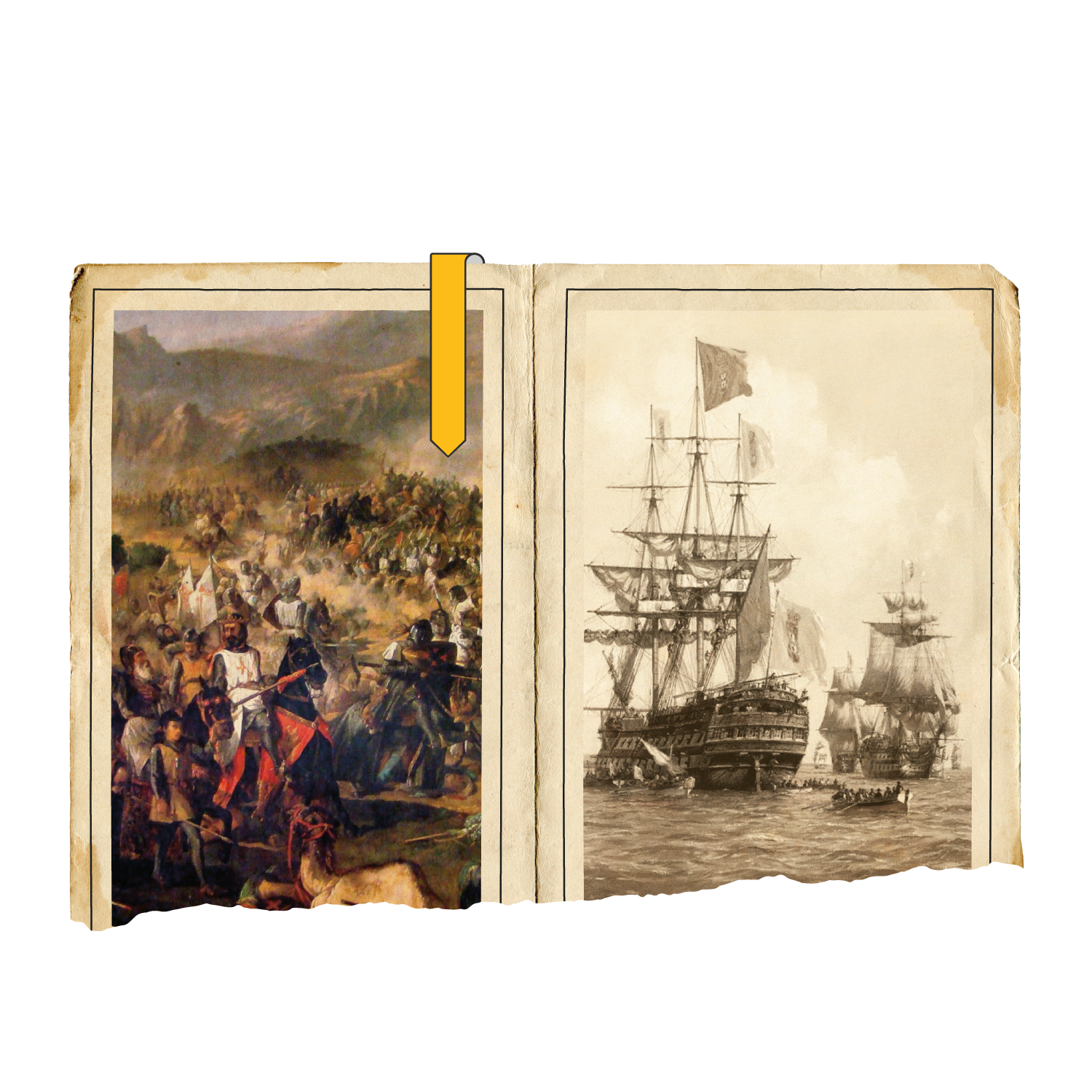
97
Persian Cooperation With The Crusades And European Colonialism (4)
02 June 2023
Despite the attempts of Shah Ismail, founder of the Safavid state, to give his project a sectarian tint on the Safavid pattern in Iran, his real project is essentially political. We shall not be exaggerating if we say that the Safavid colonial project aimed, right from the outset, to control the eastern wing of the Arab region, especially Iraq and the coasts of Arab Gulf.
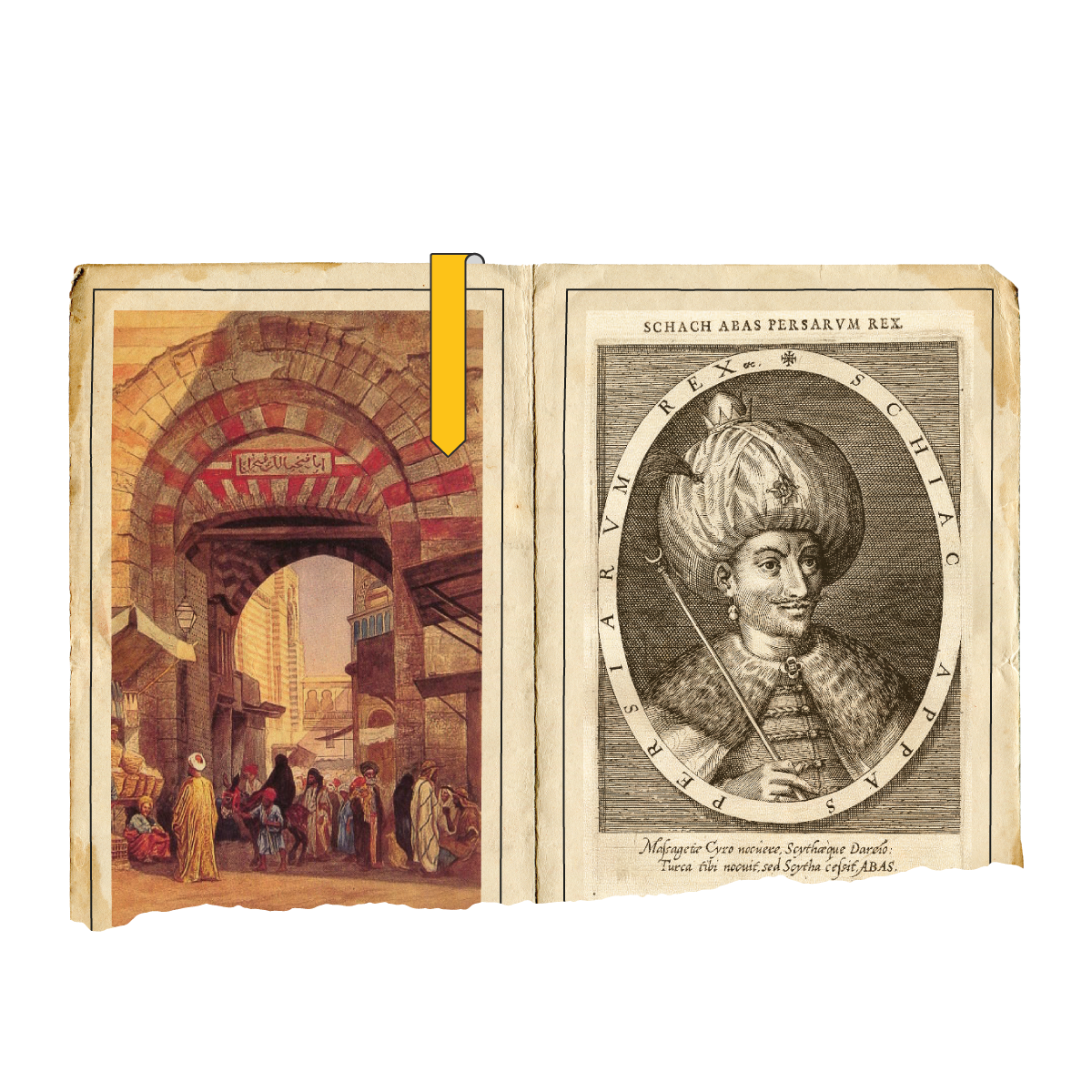
96
Persian Cooperation With The Crusades And European Colonialism (3)
26 May 2023
At the beginning of the sixteenth century, Shah Ismail Al-Safavi took a strange and exciting step that changed the course of Iranian history. He imposed a change in the official doctrine and persecuted the followers of the Sunni sect, which, until that time, was the most prevalent sect in all parts of Iran.
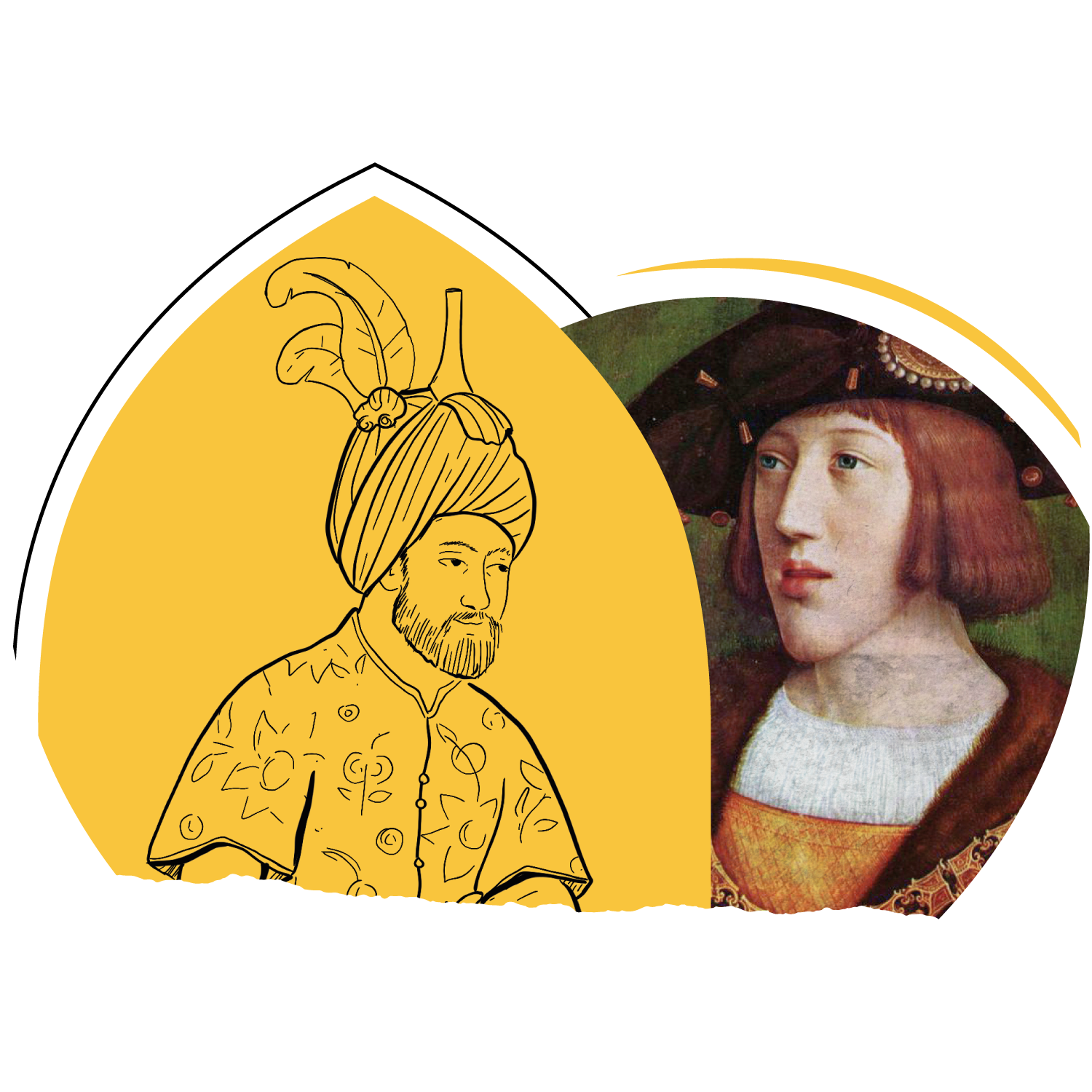
95
Persian Cooperation With The Crusades And European Colonialism (2)
19 May 2023
The history of international relations has never recorded that the Safavids allied with the Muslims against the Crusader West. No traces were spotted in the books that may refer to the Islamic nature of the Safavid regime in Iran, while there are hundreds of evidences that show that Iran was at the heart of the strategies that wanted to subjugate the Arabs.
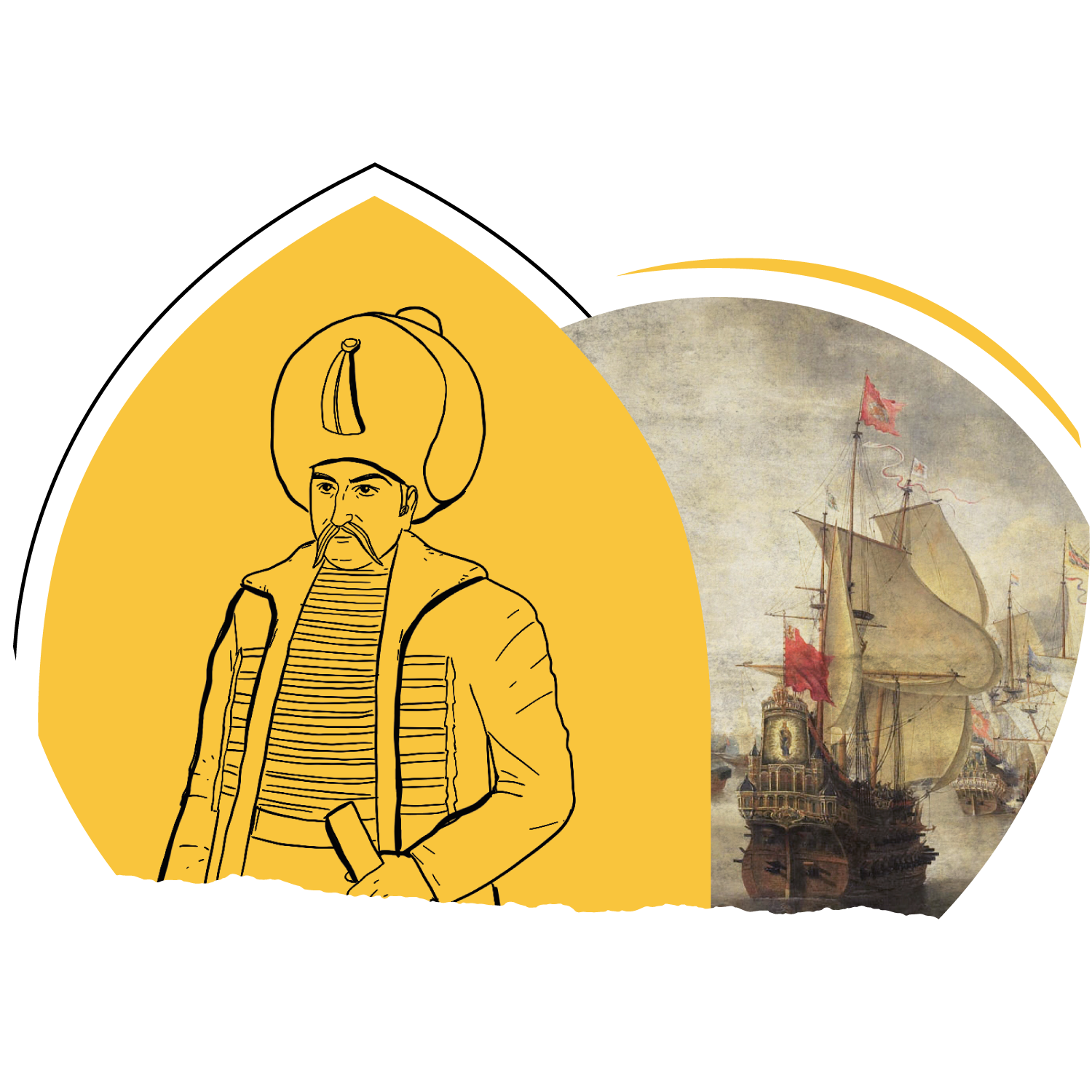
94
Persian Cooperation With The Crusades And European Colonialism (1)
12 May 2023
Among the evident matters in Arab history is the nature of hostility by the Persian Safavid and the Zionist projects against the Arabs. It is interesting that if we conduct a study in the field of comparative history in this regard, we will find similarities - perhaps even identicalities - between both projects.
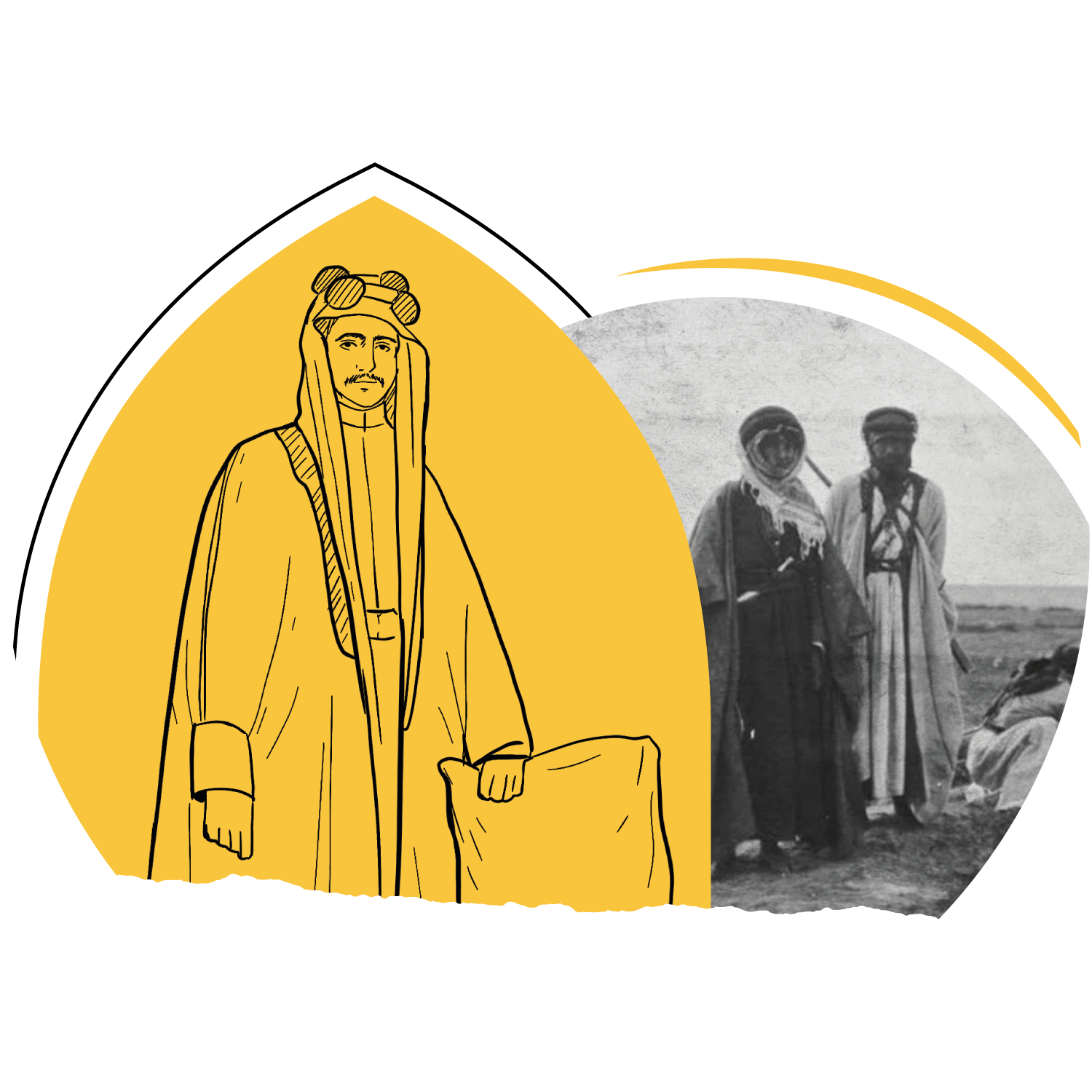
93
Arabistan (Ahwaz) in the strategy of the Persian state (5)
05 May 2023
Arab Ahvazi did not fall from the sky, nor was it a single plant on the shores of the Arabian Gulf. Along with its Arab sisters on the other side, it represented an Arab extension known by geography and history for more than two thousand years. What is surprising when reviewing the history of Ahvaz is that it did not receive the recognition it deserves and political history did not pay attention thereto until only recently.
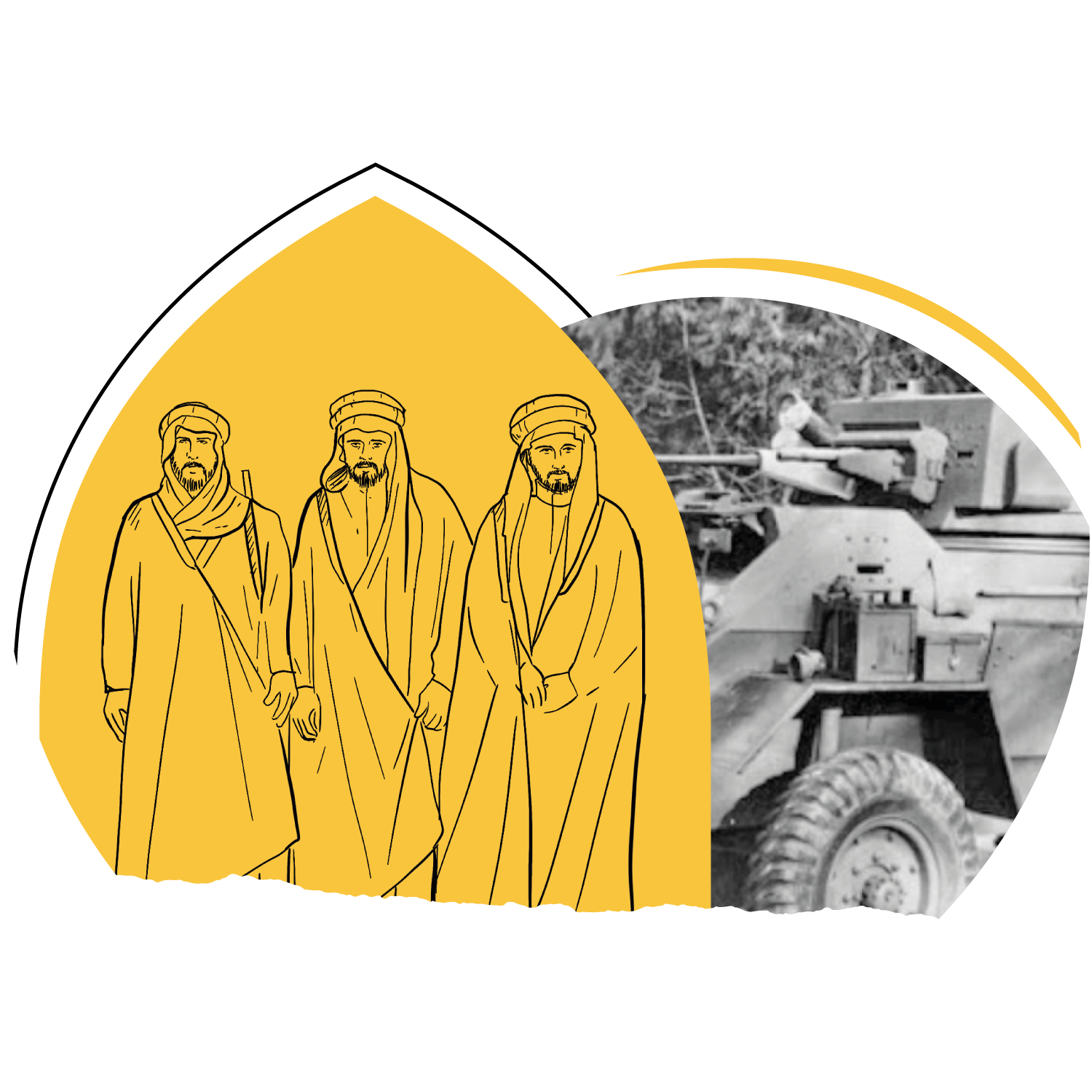
92
Arabistan (Ahwaz) in the strategy of the Persian state (4)
14 April 2023
It never occurred to the Iranian government that there would be strong and expected reactions from Ahvazi Arabs. Iran led the Prince of Ahvaz, through a malicious plot with its godmother, Great Britain, which secretly planned to occupy the Persians of Ahvaz, first to serve its colonial interests and then to prevent the Russians from reaching the Arabian Gulf and strengthen Iran’s influence in the Arab region, so that the Arabs would not be the only ones to take over the region’s oil sources and control over the key trade routes across the Arabian Gulf.
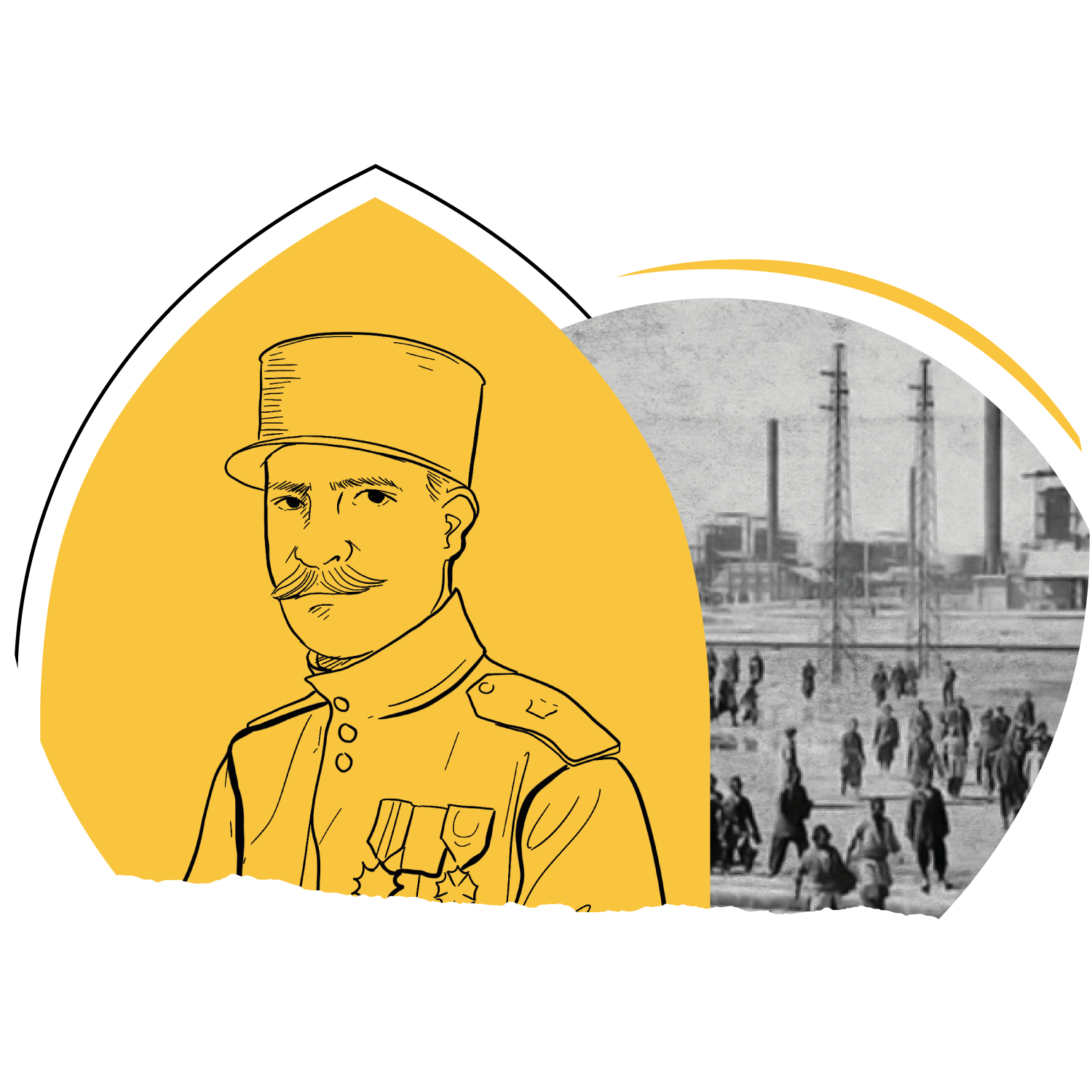
91
Arabistan (Ahwaz) in the strategy of the Persian state (3)
07 April 2023
Iran's occupation of Ahvaz, the Emirate of Muhammarah in Arabistan, was for several ambitions, the most important of which was racism and economic exploitation. As for Persian racism towards the Arabs, after years of Arab sovereignty, was due to fire raging in the hearts of the Persians towards the Arabs. On the other hand, Tehran realized the economic importance of Ahvaz, whether in terms of abundance of fresh water through its rivers or the oil fields therein. It is known that most of Iran's oil comes from Ahvaz.
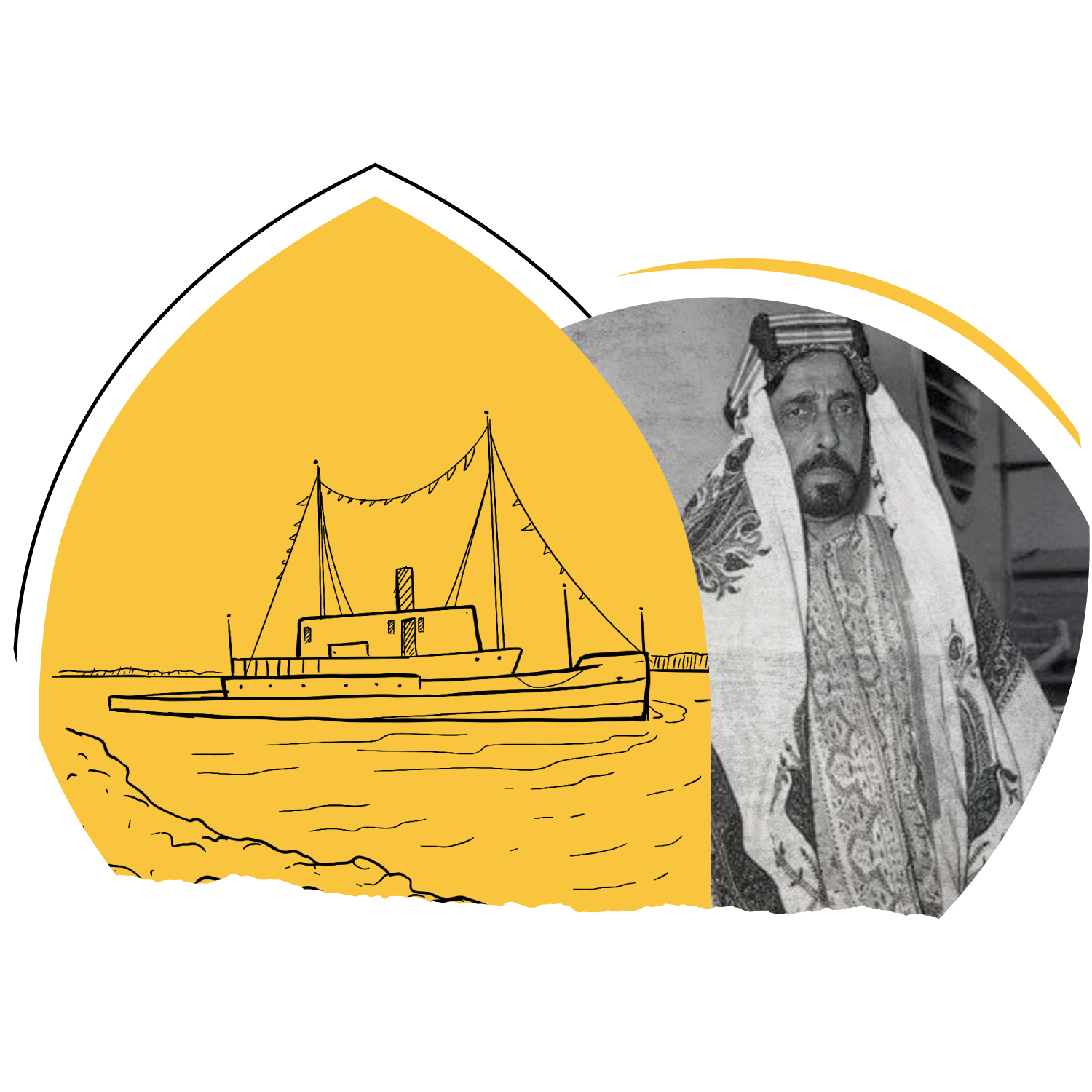
90
Arabistan (Ahwaz) in the strategy of the Persian state (2)
31 Mar 2023
When talking about our great Arab nation from the ocean to the Gulf, an important part of the land of our Arab nation stops us, which is Ahvaz, the vast Arab region that is regionally surrounded by Persia, Isfahan, Wasit and Basra, and includes plain lands between the heights of Lur Mountains in the east, the Arabian Gulf in the south and the outskirts of the Tigris River in the west. Ahvaz land area, that eastern and northern coasts of the Arabian Gulf, is approximately 324,000 square kilometers.
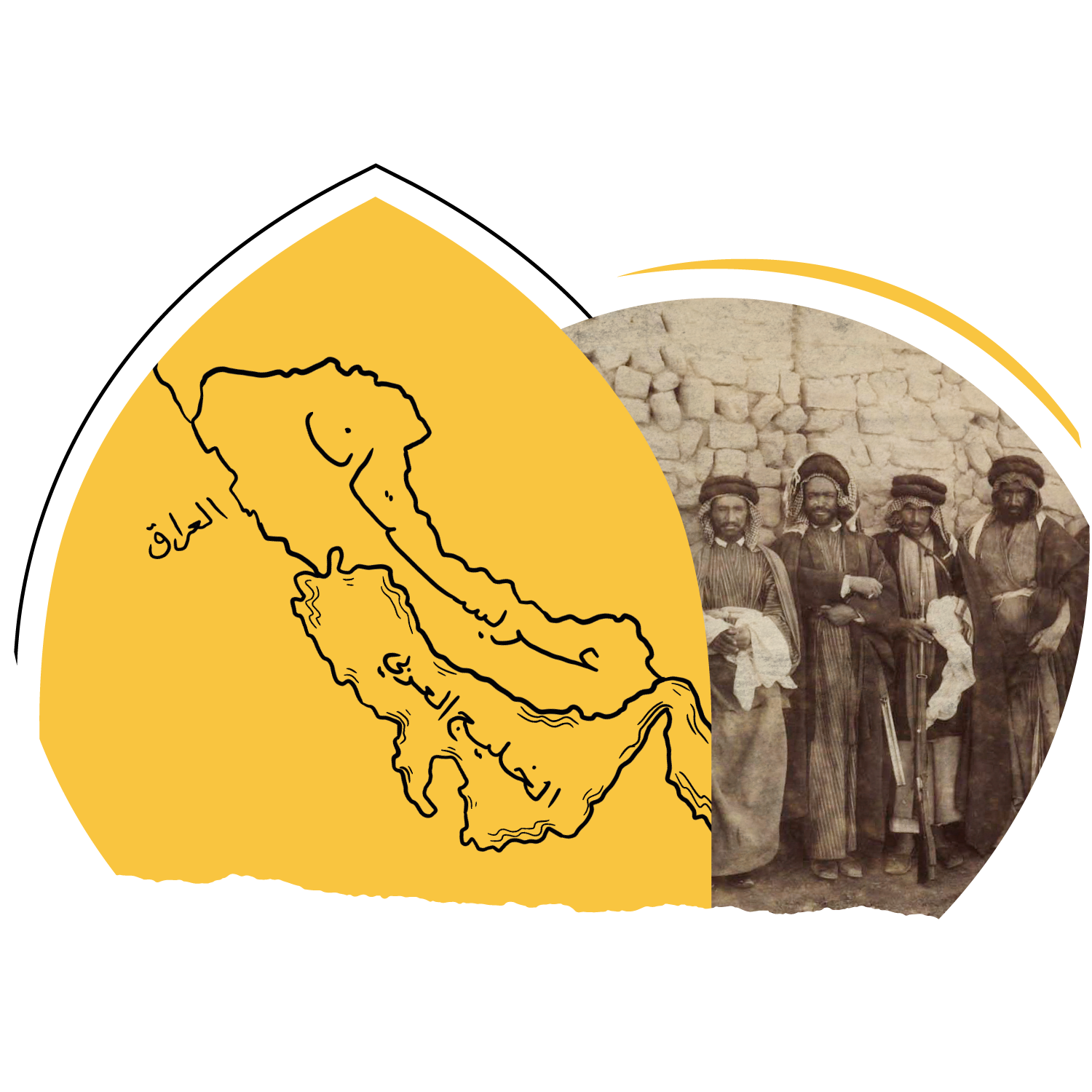
89
Arabistan (Ahwaz) in the strategy of the Persian state (1)
24 Mar 2023
The Arab region of Ahvaz is considered an extension of Iraq to the east, in the areas between Zagros Mountains and Bakhtaria. It is a natural outlet and a strategic passage connecting to Iraq. That is why every invader from the east was keen to occupy Ahvaz to be a base for attacking Iraq whenever the opportunity arose.
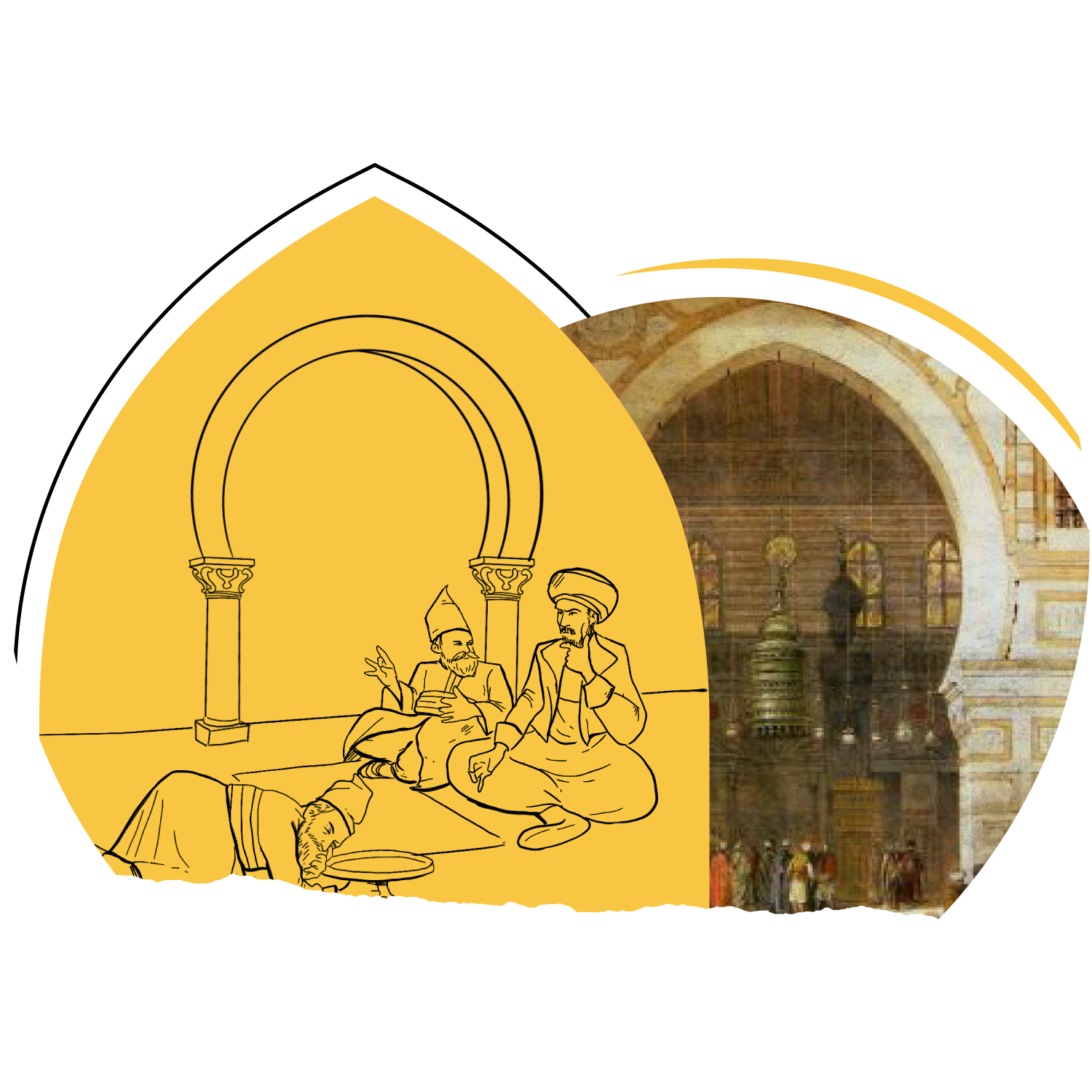
88
The impact of the Persians on the fall of the Abbasid state (4)
17 Mar 2023
Every beginning has an end. This existential axiom applies to the negative impact that the Barmakids left on the state while the Abbasid caliphs are inattentive. They realized only very late that the Barmakids were working to empower the Persian race, striving to overthrow the Abbasids throne in retaliation against the Arab Muslims.
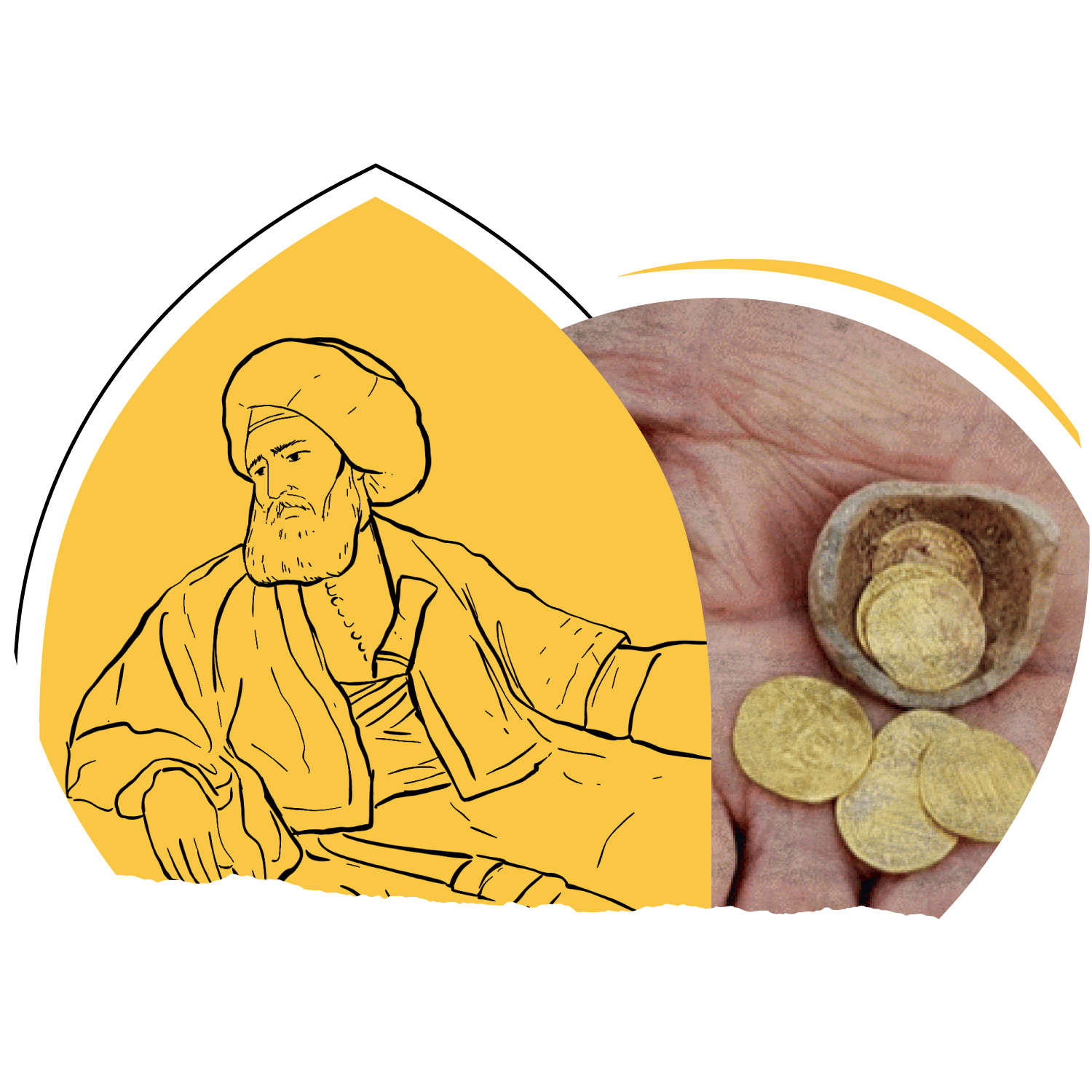
87
The impact of the Persians on the fall of the Abbasid state (3)
10 Mar 2023
Some Persian families and personalities reached a prominent position in the era of the Abbasid state, with the support of the caliphs. From those families are the Barmakids. Their dramatic end was at the hands of Caliph Harun al-Rashid. The main problem of the Barmakids and the Persians who were influential in the Abbasid state was their attempt to support their Shu'ubi tendency by passing it on with their authority granted thereto by the Abbasid caliphs.
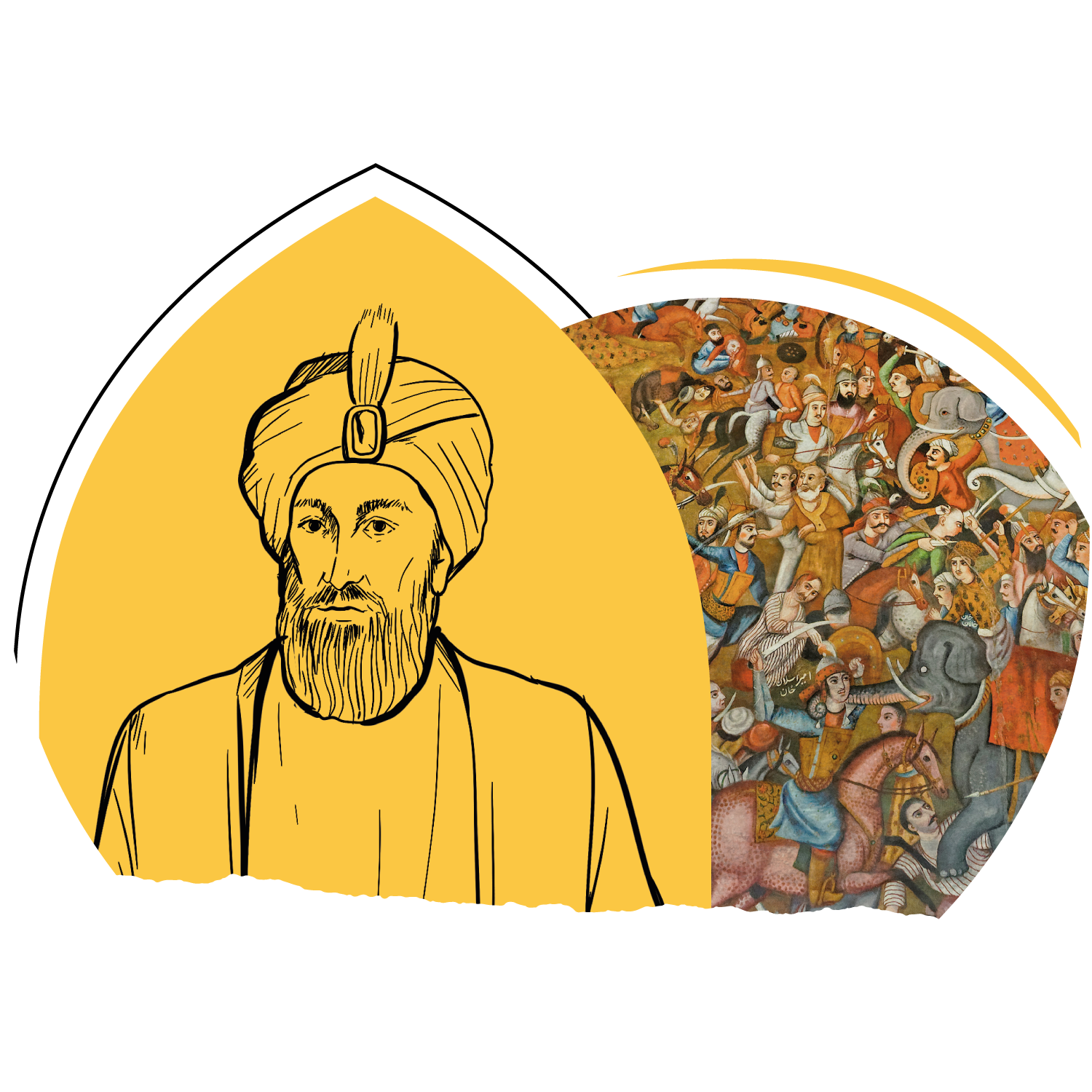
86
The impact of the Persians on the fall of the Abbasid state (2)
03 Mar 2023
The emergence of the Abbasid state must be read in the framework of the secret call it resorted to and on which it was established, and how it spread rapidly in Persia. Persians became a major component in that call although they did not join the Abbasid call out of conviction, but rather out of their hostility to the Umayyad Arab state.
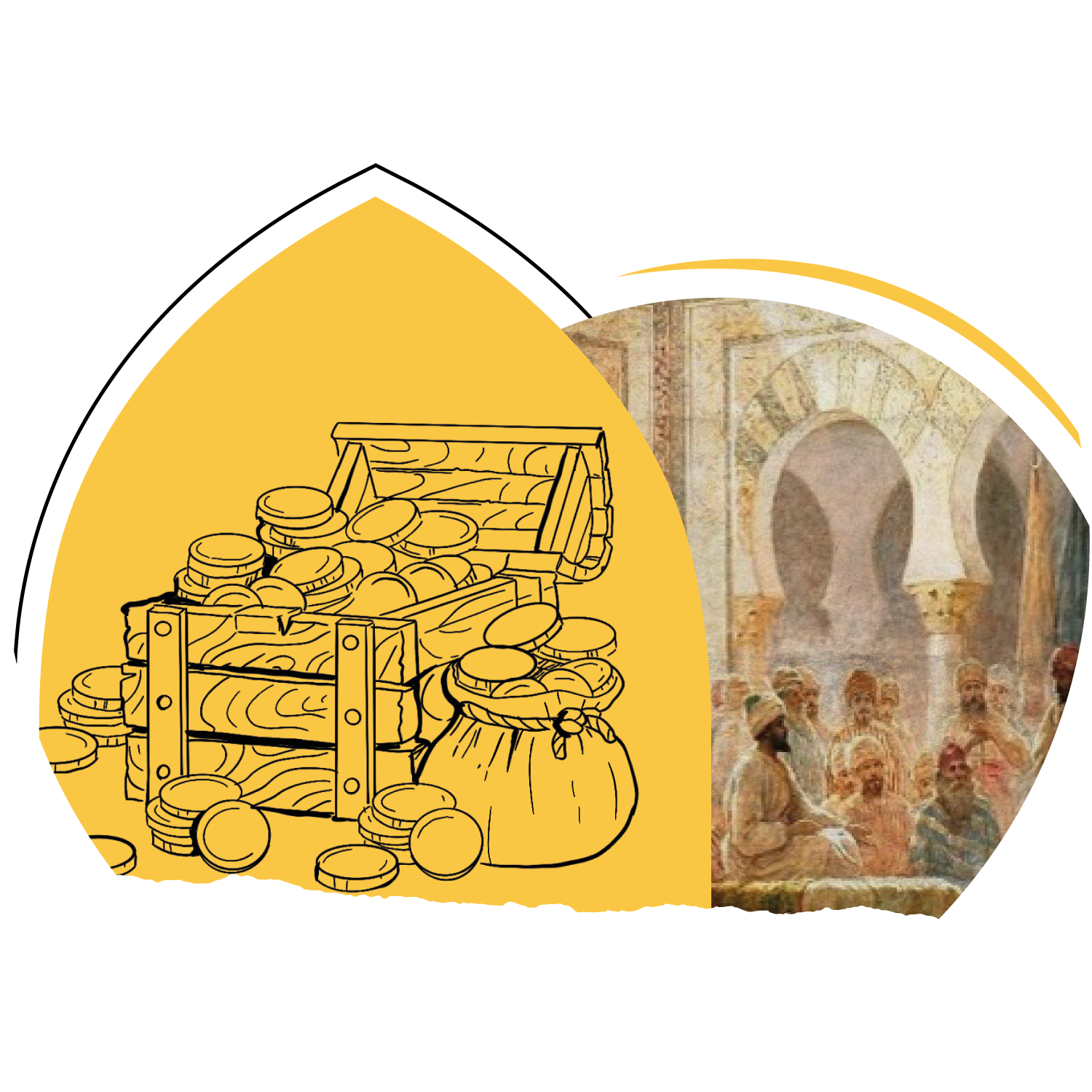
85
The impact of the Persians on the fall of the Abbasid state (1)
17 Feb 2023
The Abbasid call is one of the key transformations in Islamic history. This is definitely due to its success in overthrowing the first hereditary state in the history of Islam, which is the Umayyad state. This resulted in the establishment of the Abbasid state, which continued to rule for several centuries.
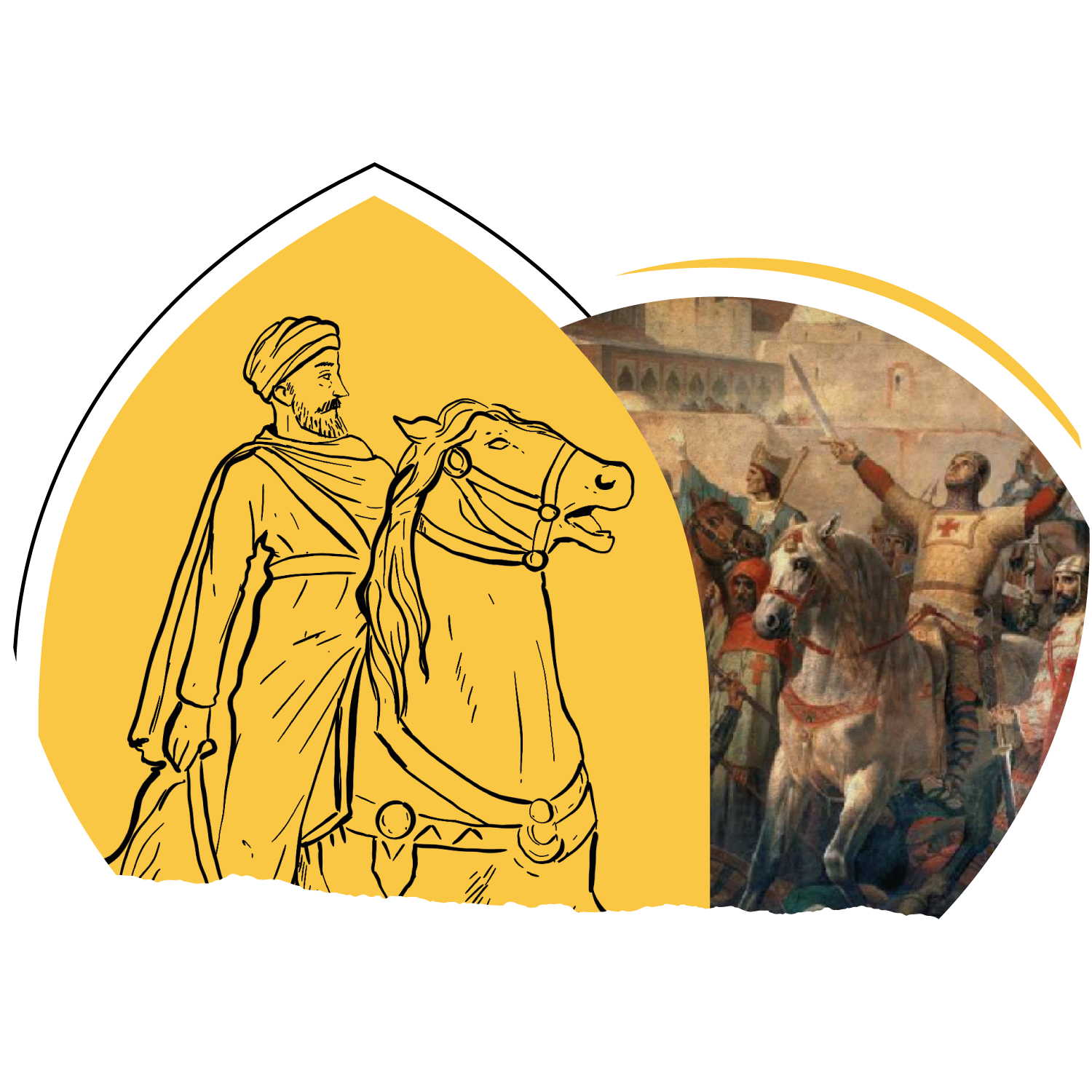
84
The impact of Persian culture on the emergence of esoteric thought (4)
10 Feb 2023
Researchers have paid much attention to studying the negative impact of the esoteric sects on Islamic jurisprudence and thought. However, they have not been interested in dealing with the political repercussions of these esoteric sects that deviated from Islamic nation consensus “Ijma’a”. It is established that these sects have produced a lot of heresy in the field of jurisprudence by calling for the mysterious concept of Islam.
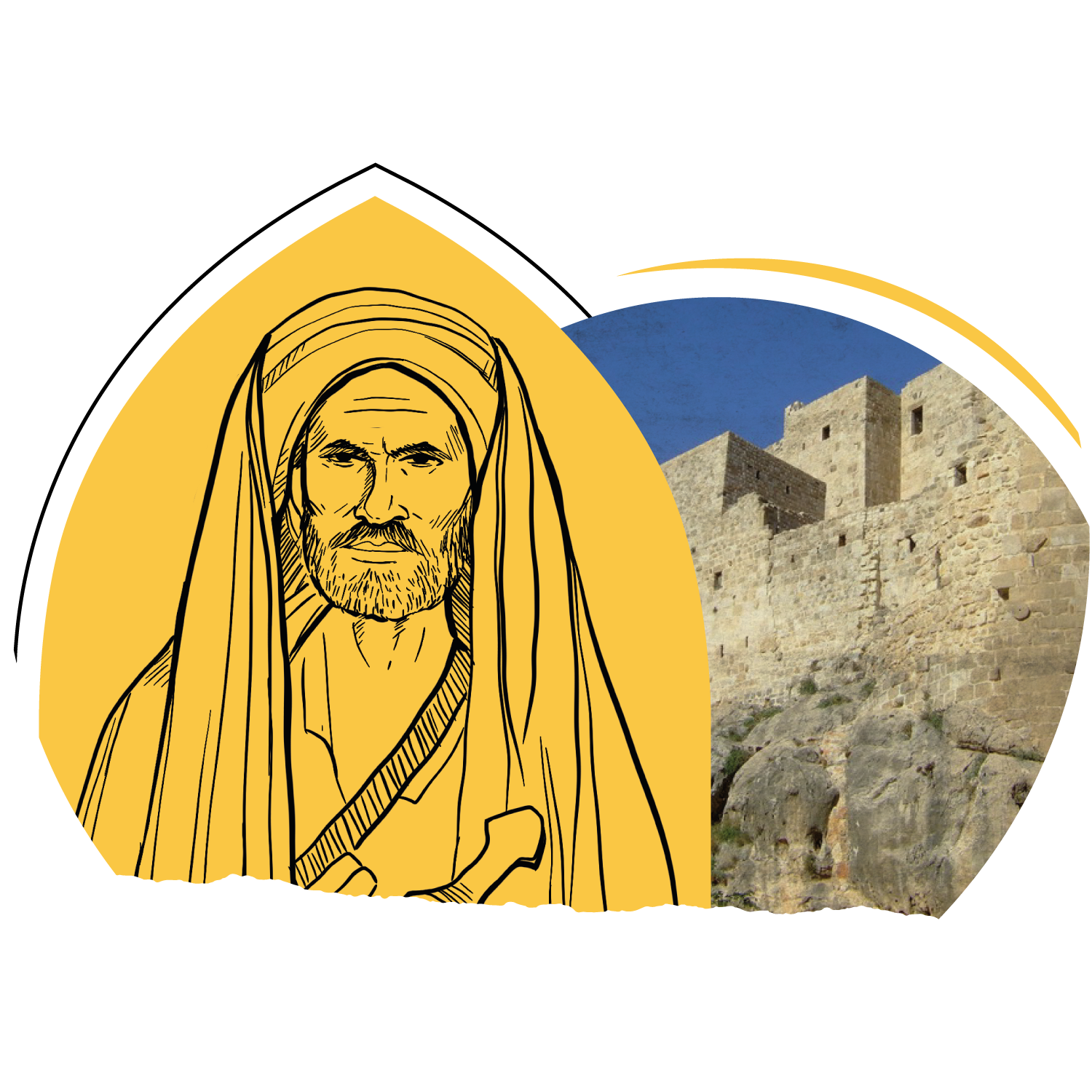
83
The impact of Persian culture on the emergence of esoteric thought (3)
03 Feb 2023
The Assassin movement is one of the most dangerous destructive movements in Islamic history. They are an esoteric sect that emerged from the mantle of Persian thought and was associated with the Ubaidi state, known as the Fatimids, even if it separated therefrom after a period of association therewith.
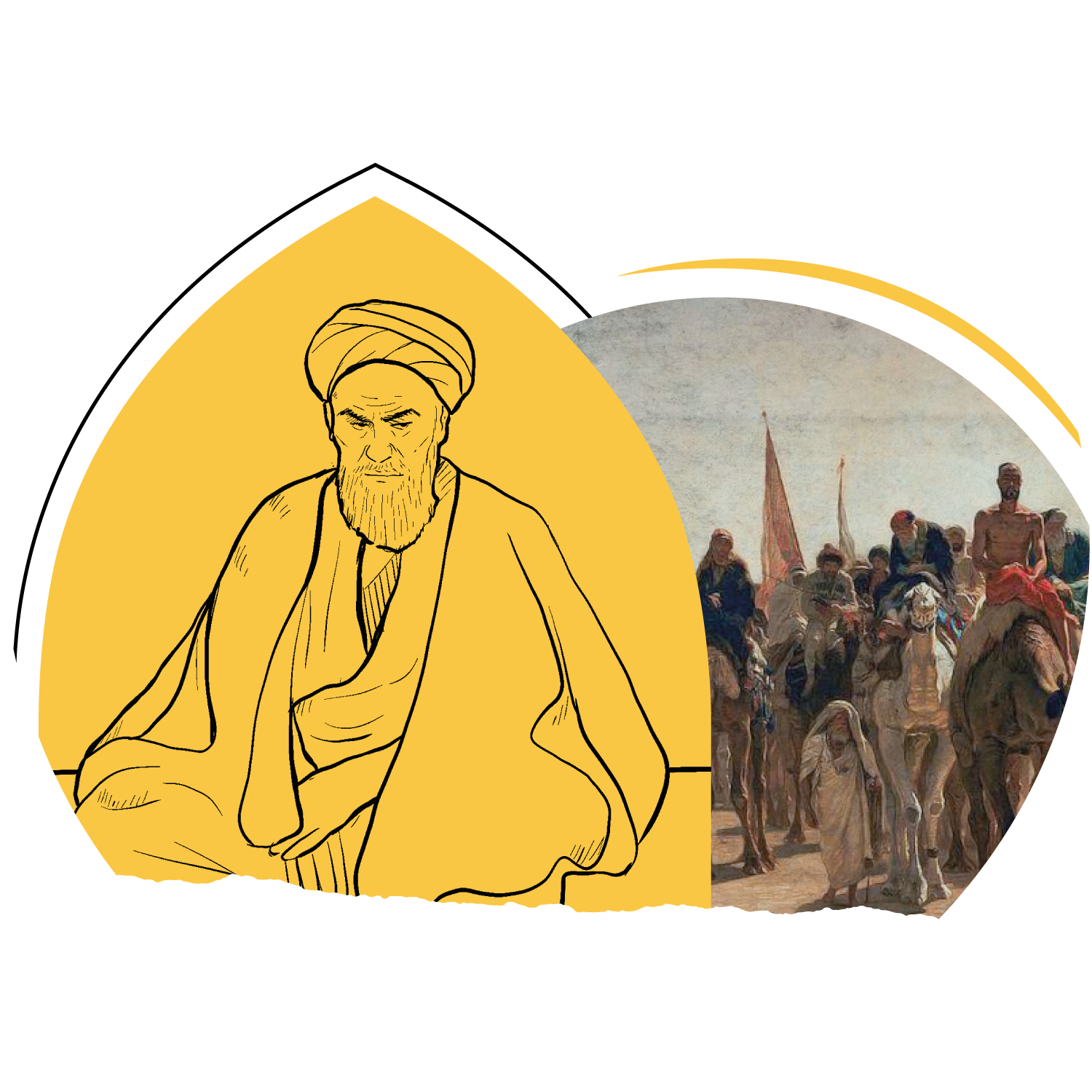
82
The impact of Persian culture on the emergence of esoteric thought (2)
27 Jan 2023
No observer of history or reader of literature can ignore the hatred the Persians feel towards the Arabs, as they spared no effort and seized every opportunity to reveal what they harbored in their hearts. Persians have allied, from an early stage, with every party that struggled to harm the Arabs. They started that policy in Rashidun era and it was translated by the assassination of Rashidun Caliph Umar ibn al-Khattab, may Allah be pleased therewith, at the hands of the Persian Abu Lulu’a, in that famous incident. Some sources and references confirm that since then the Persians formed alliances against the Islamic state
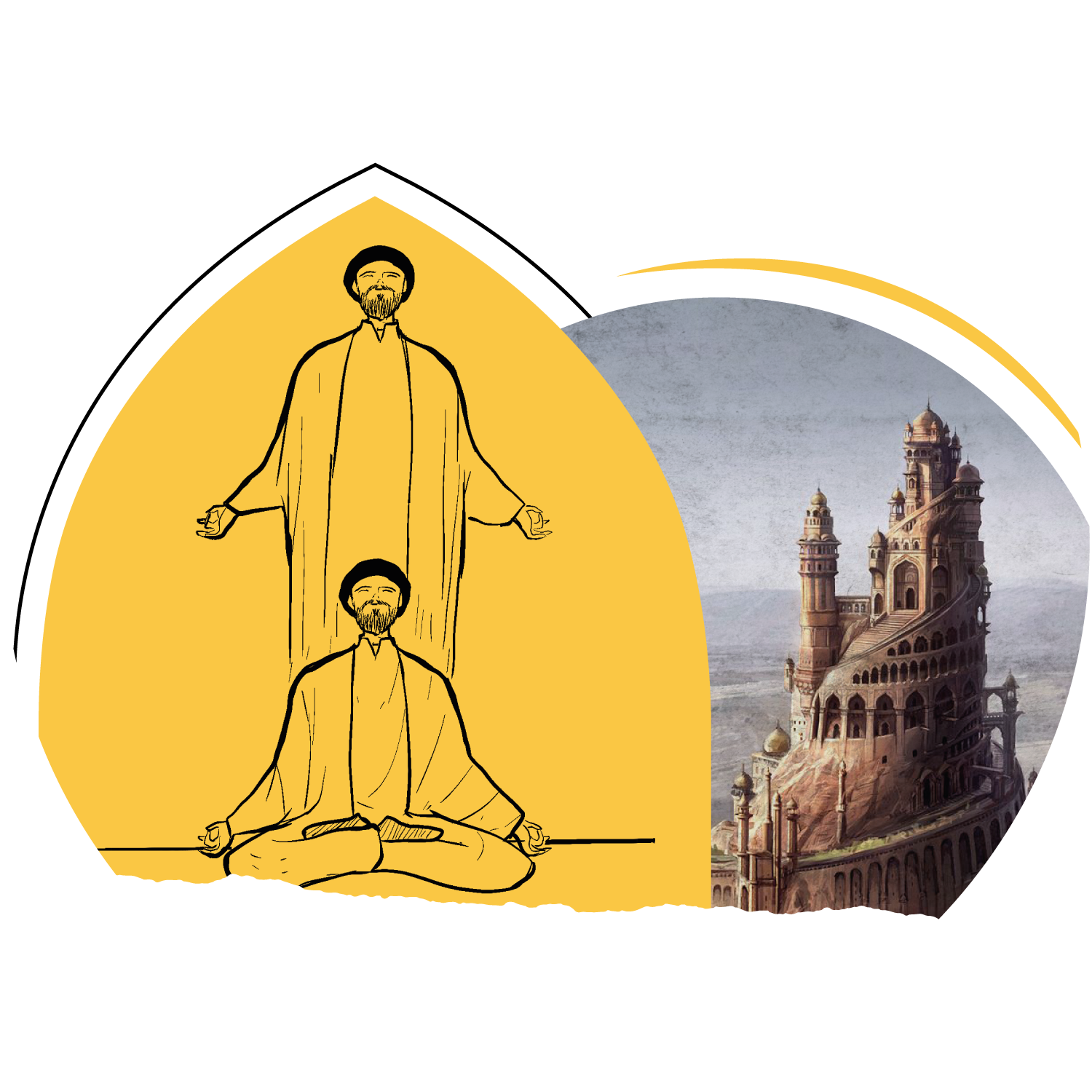
81
The impact of Persian culture on the emergence of esoteric thought (1)
20 Jan 2023
Esoteric movements are among the most dangerous destructive movements in Islamic history, claiming affiliation therewith, while their hidden true objective was to distract Islamic religion from its genuine purposes, questioning it and its importance.

80
The strategy of the Persians in the conflict with Arabs (4)
13 Jan 2023
Through Persian literature, the Iranians attached the most horrible attributes to the Arabs with the intention of defaming and slandering the Arabs centuries ago. Therefore, you can note that matter through the reading of ancient Iranian literature expressed by their famous writer Al-Ferdowsi, one of their oldest poets who wrote in Persian, and whose work lasted for three decades in an attempt to compete with the Arabic language, the language of the Holy Qur’an and true Islam.
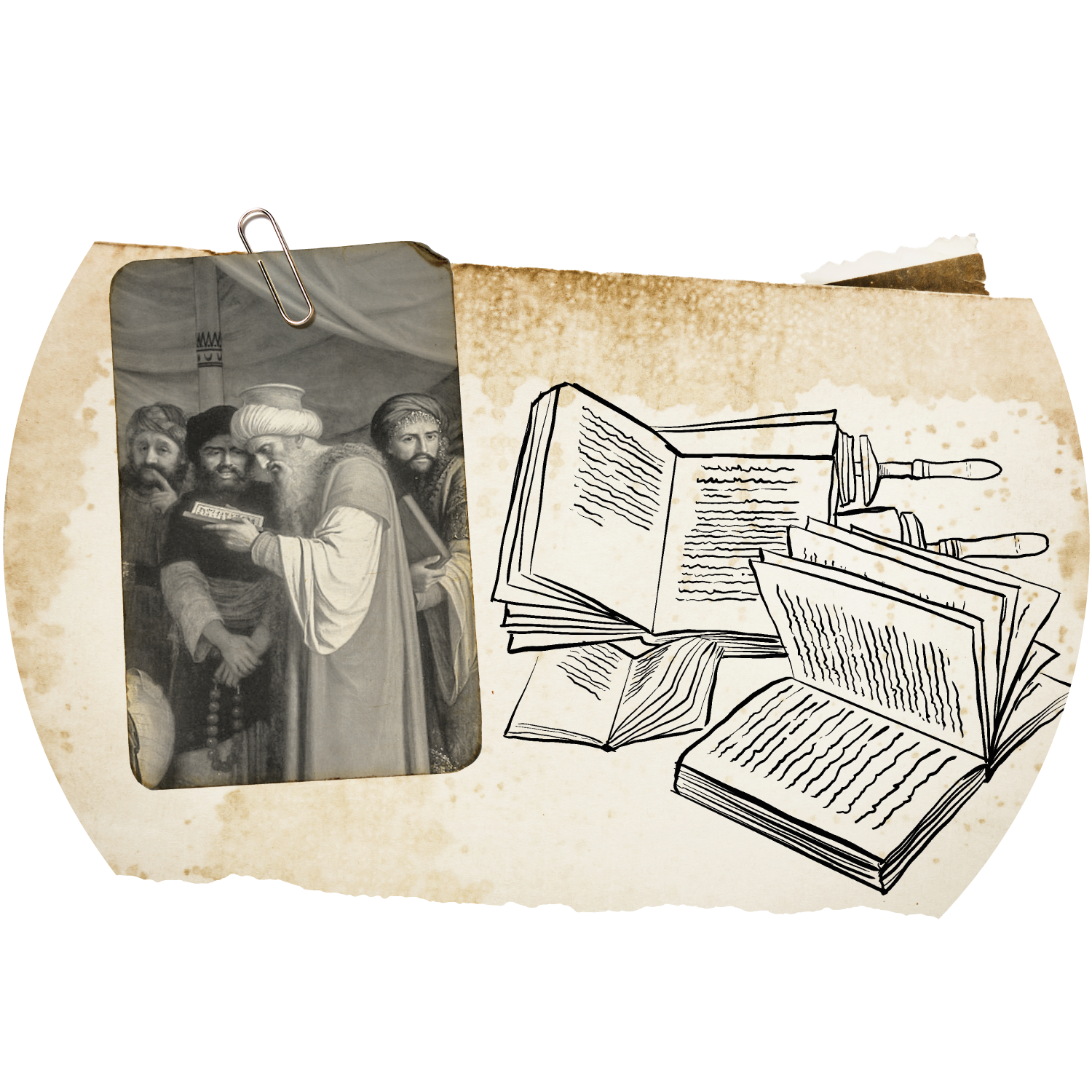
79
The strategy of the Persians in the conflict with Arabs (3)
06 Jan 2023
After the Persians failed militarily to face the Muslim Arabs in previous historical stages, they took another approach through a new ideology that was deepened by the Shu’ubis movement, which represents one of the factions of the plot against the Muslim Arabs. The Shu’ubiyyah deliberately attacked the Arabs,
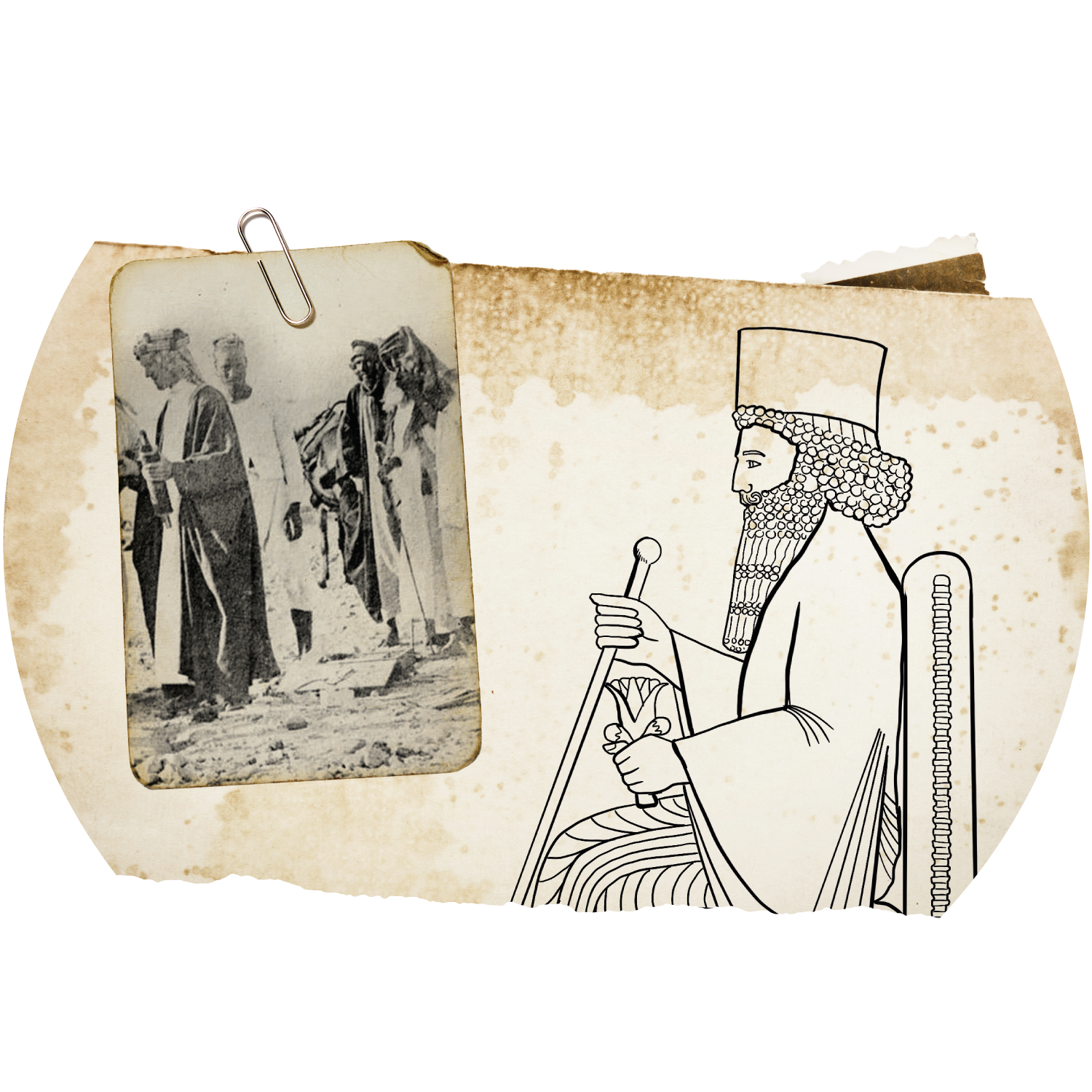
78
The strategy of the Persians in the conflict with Arabs (2)
30 Dec 2022
The mentality of Persian arrogance and hostility against Arabs dominated for a long time, and controlled their mind. They also found that Arabs were uncontrollable rival. Therefore, they based their strategy on the attempt of the subjugating Arabs through direct occupation, agents, or imposing tribute on Arabs to economically exhaust them.
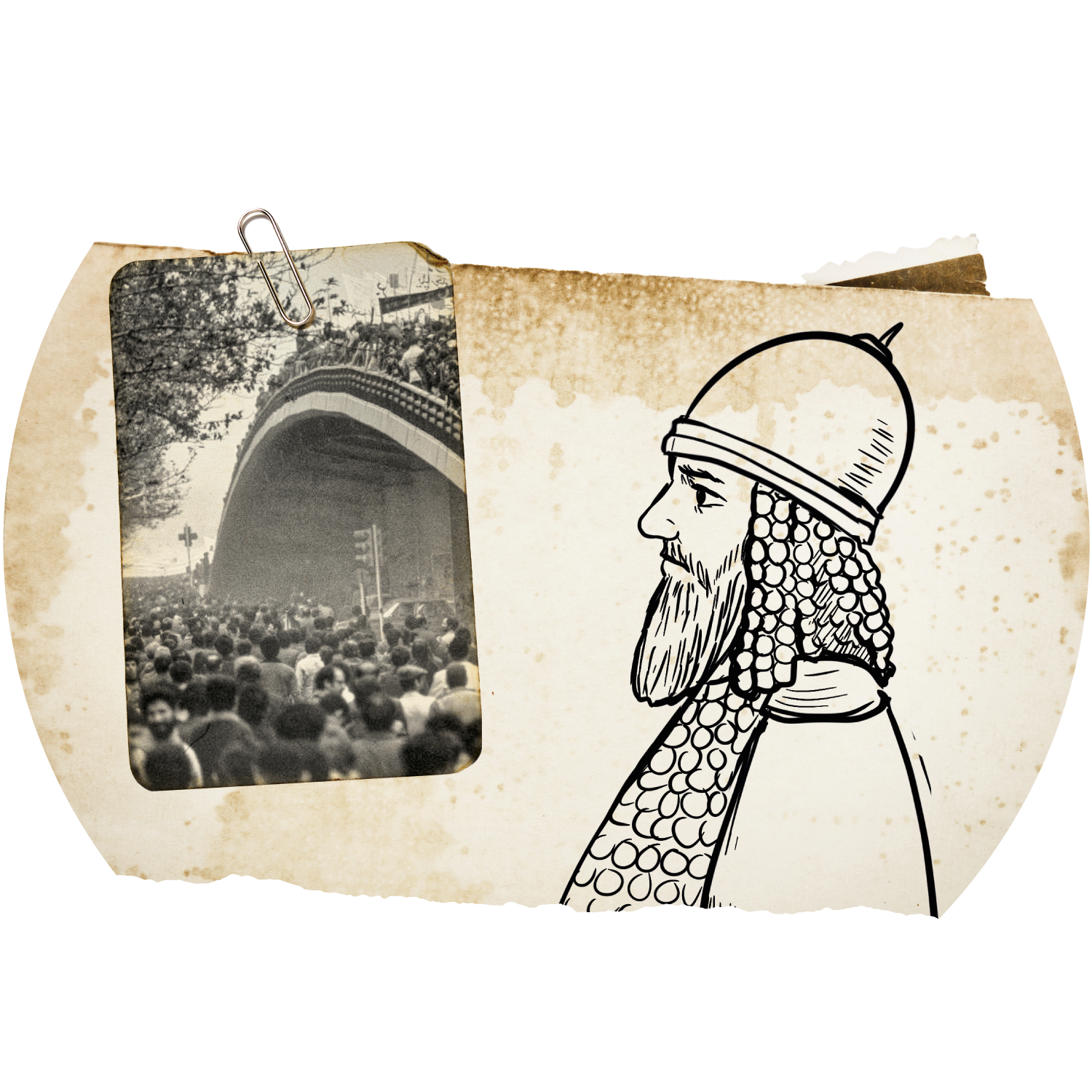
77
The strategy of the Persians in the conflict with Arabs (1)
23 Dec 2022
Those interested in the history of the Middle East realize that Iranian policy throughout historical times has always insisted on expanding westward in the eastern Mediterranean and the Arabian Gulf. This expansionist policy is reinforced by a racist ideology which is the hegemony of the Aryan race over the region and the hatred of the Semitic race, whose majority is Arabs.
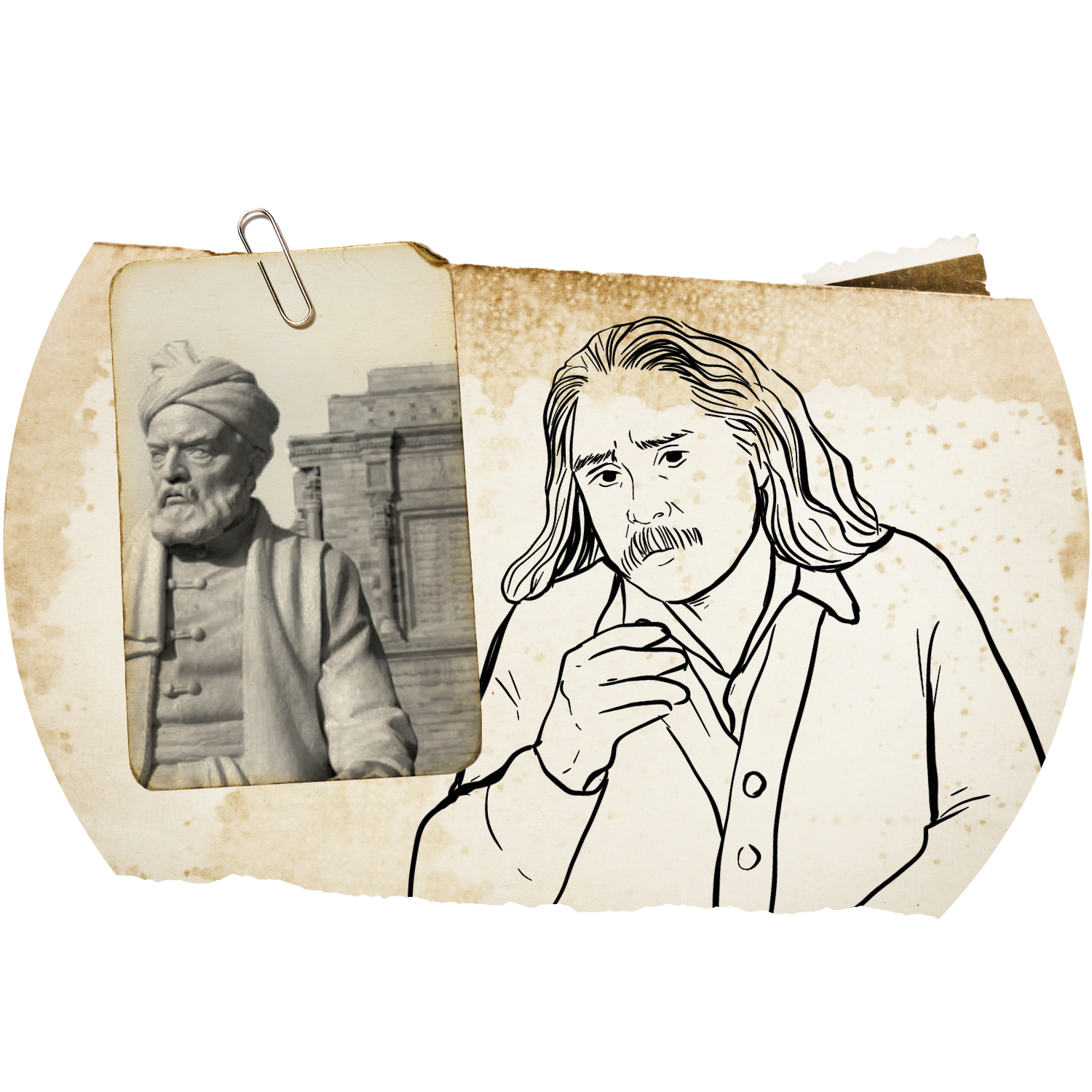
76
Stereotypes Of Arabs In Persian Culture
(4)
16 Dec 2022
Some attribute the roots of the current of radical Iranian nationalism to the populist movement, which was largely spread throughout Islamic Persia. This movement rejected the Arab Islamic rule and tried to revive the ancient Persian history, as it distorted the image of the Arab in general. One of the most important figures of this movement is the great Persian poet Al-Ferdowsi, who composed “The Shahnameh”.
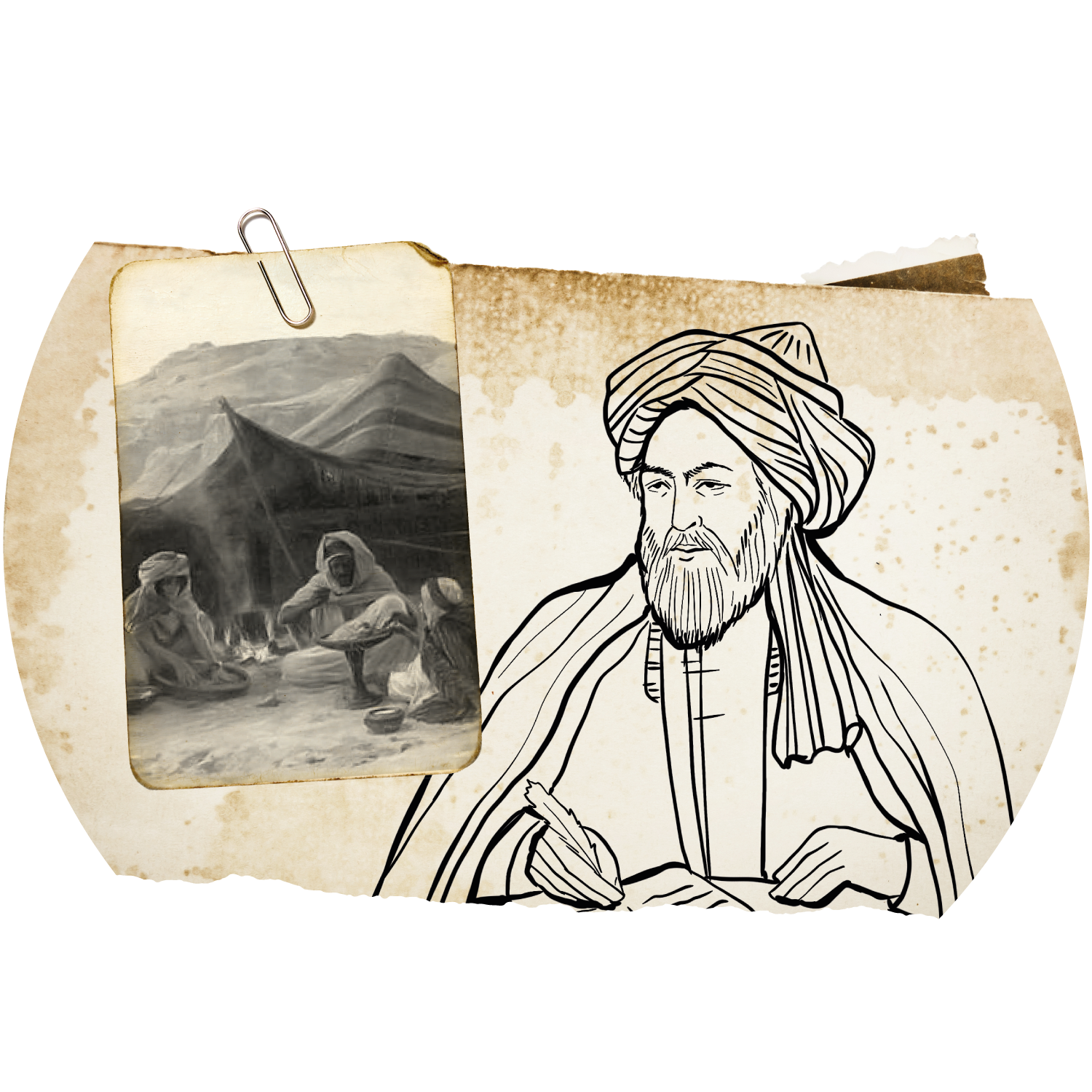
75
Stereotypes Of Arabs In Persian Culture
(3)
09 Dec 2022
Since early period, the Persian agenda against Arabs went through stages and transformations as it transferred from war fields to book pages. Thus, the hostile behavior moved to the level of literary production confirming the continuity of the racial psychological state, and the ideology of ethic superiority which contradicts with the human principles, and that is opposed to common sense.
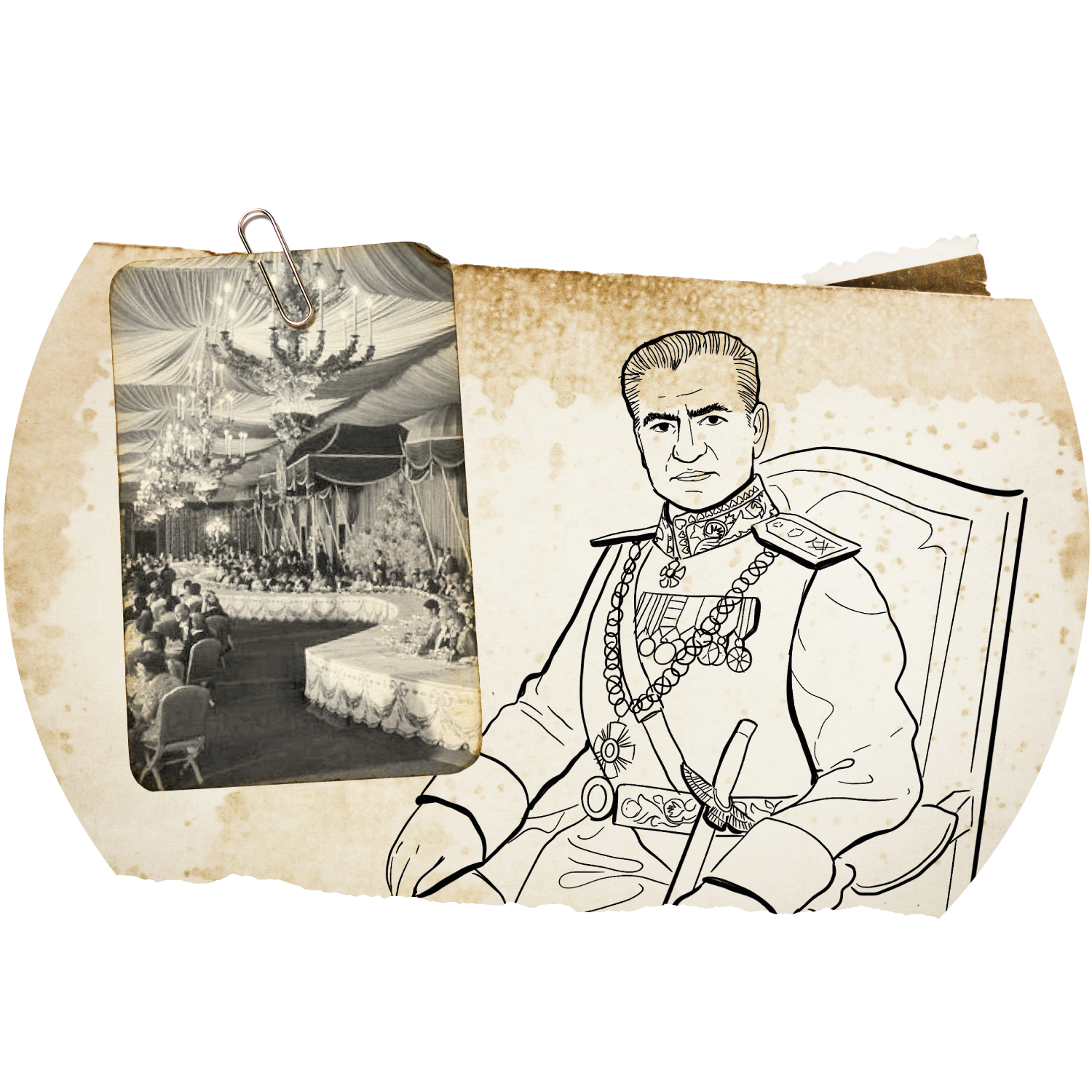
74
Stereotypes Of Arabs In Persian Culture
(2)
02 Dec 2022
None of the Persians dared to criticize Islam openly, but they circumvented and replaced that criticism by reducing the Arab personality, attacking it, and accusing it of false things because, as they claimed, "Persian culture was swept, suppressed, and dried up ." The above is not a saying of an Arab thinker, but it is said by the Iranian Abdolhossein Zarrin.
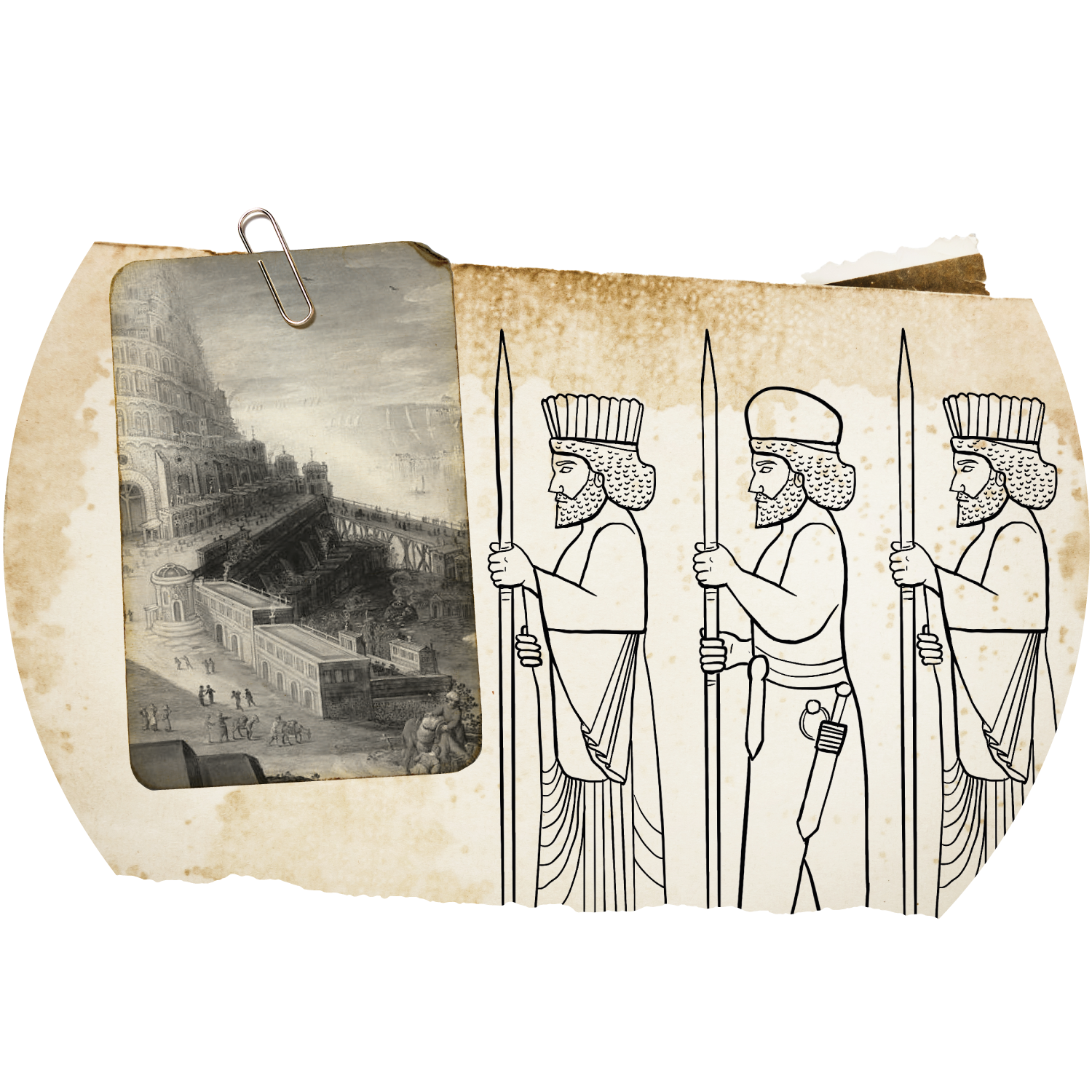
73
Stereotypes Of Arabs In Persian Culture
(1)
25 Nov 2022
Relations between the Persians and the Arabs were not good at most times throughout history until the advent of the Prophet Muhammad, peace be upon him. Relations were often very tense as a result of the Persians' desire to dominate the Arabs, which the Arabs rejected with their pride and resistance, and the Arab sees that his dignity is represented in his sword.
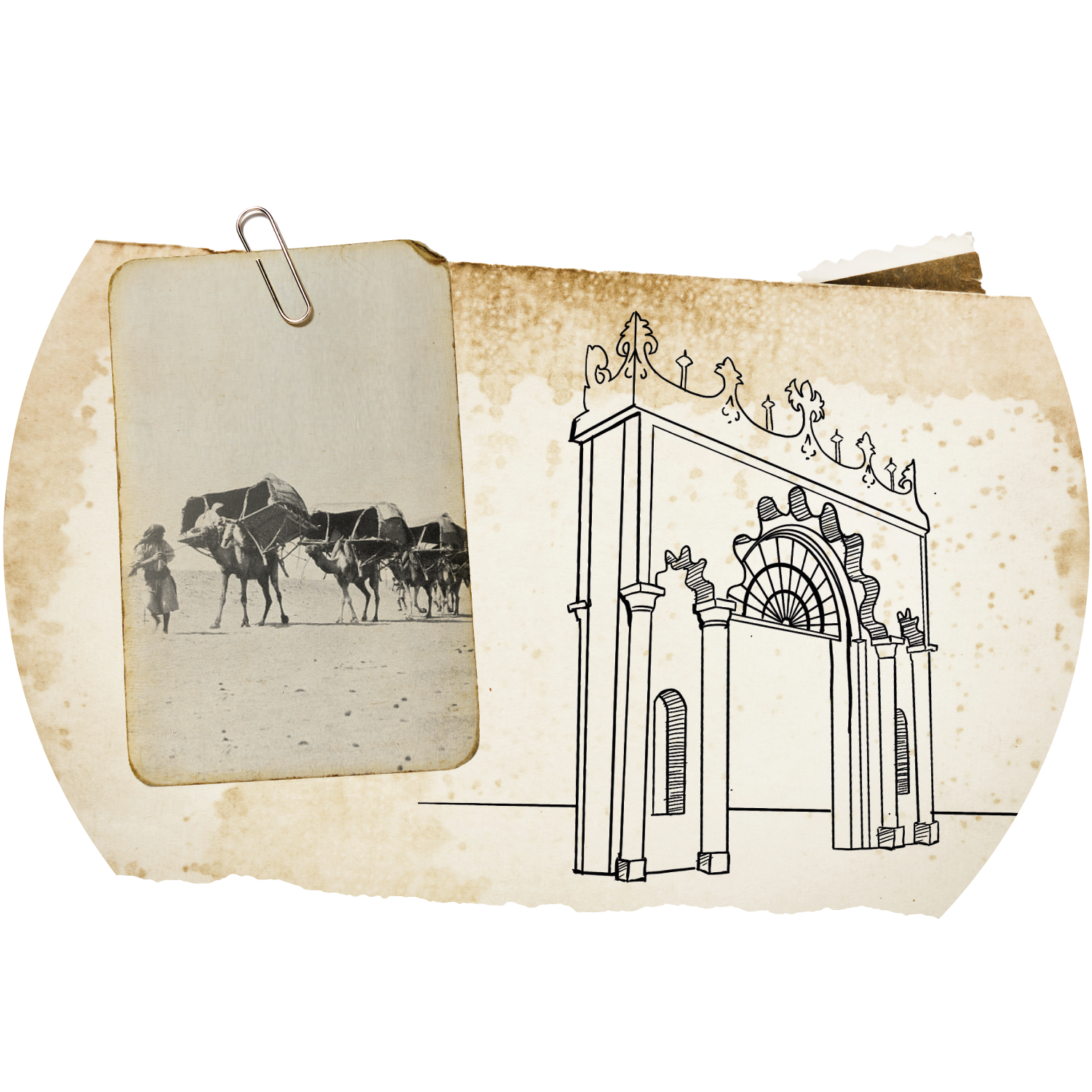
72
Persian Campaigns On The Arabian Peninsula In Ancient History (7)
18 Nov 2022
Al-Mushaqar day is one of the most important days that the Arabs talked about in the pre-Islamic era, and it is also called the “The day of the Slam”. The importance of this day extended to the history of the beginning of Islam due to its military and literary importance in the history of the Arabs before Islam.
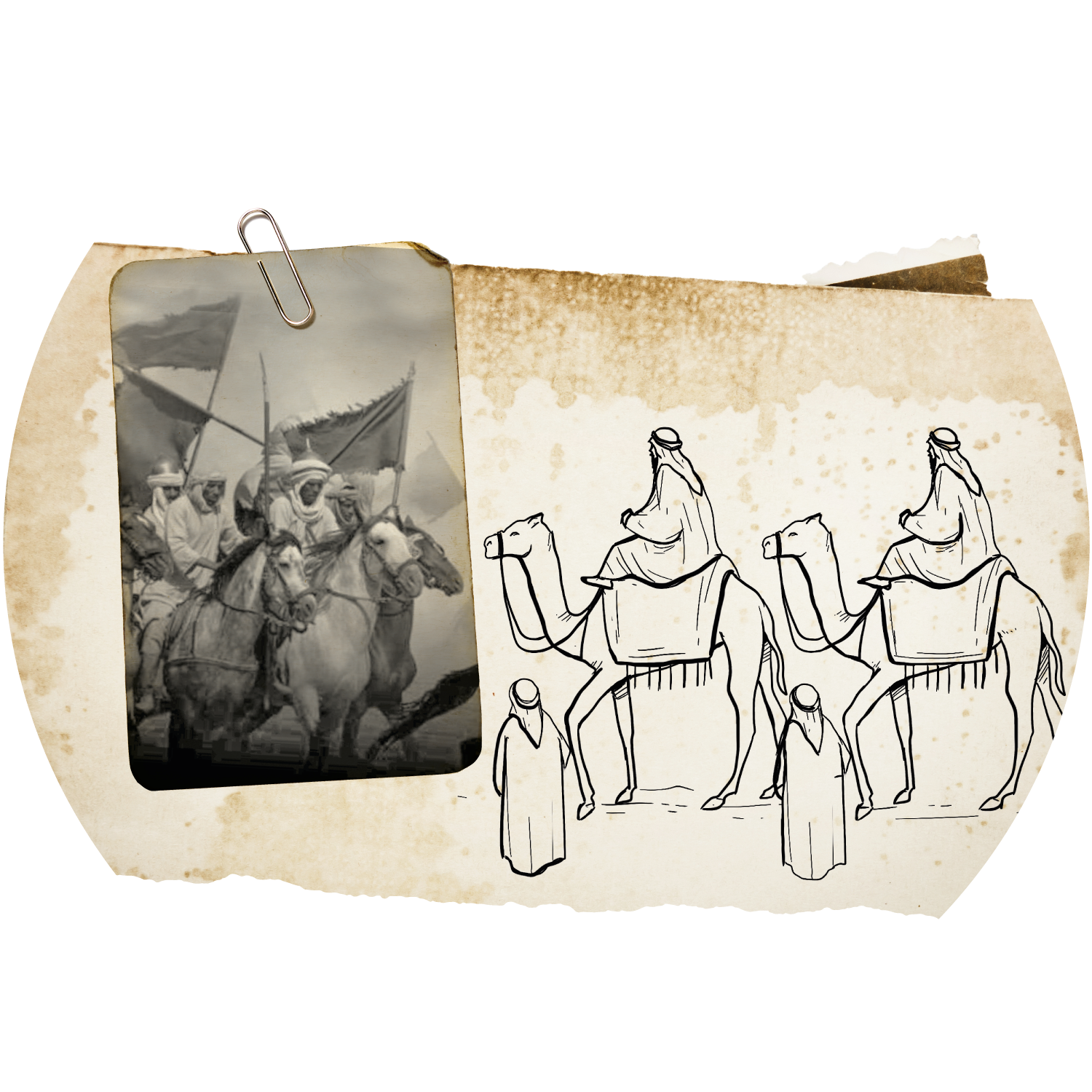
71
Persian Campaigns On The Arabian Peninsula In Ancient History (6)
04 Nov 2022
The importance of studying the strategic environment that surrounded the battle of Dhi Qar is not limited to being an ordinary, abstract military confrontation that can be included in the tactical analysis of the battles, but rather considering its strong repercussions on the rise of the Arabs (the place of the emergence of Islam) to the position of sovereignty in the region.
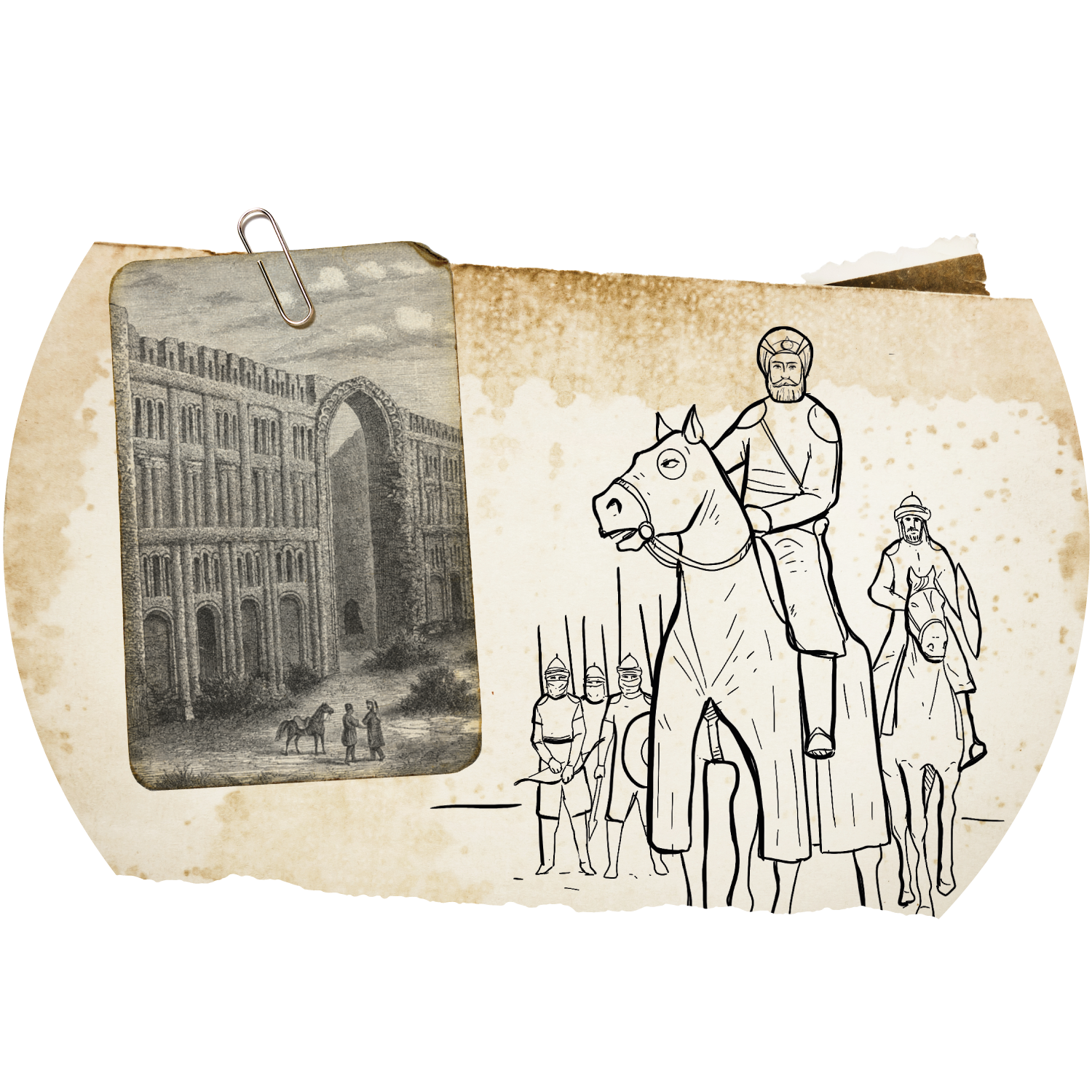
70
Persian Campaigns On The Arabian Peninsula In Ancient History (5)
21 Oct 2022
The Arabs still give the battle of Dhi Qar a special importance in their pre-Islamic history because it embodies an important moment in their days and embodies their unity before Islam. It is interesting that this battle is no less important in Persian history, and that is why the famous Iranian historian Hassan Pernia states that: “Although the battle of Al-Qadisiyyah was considered the first battle of the Arabs against Iran at that time.
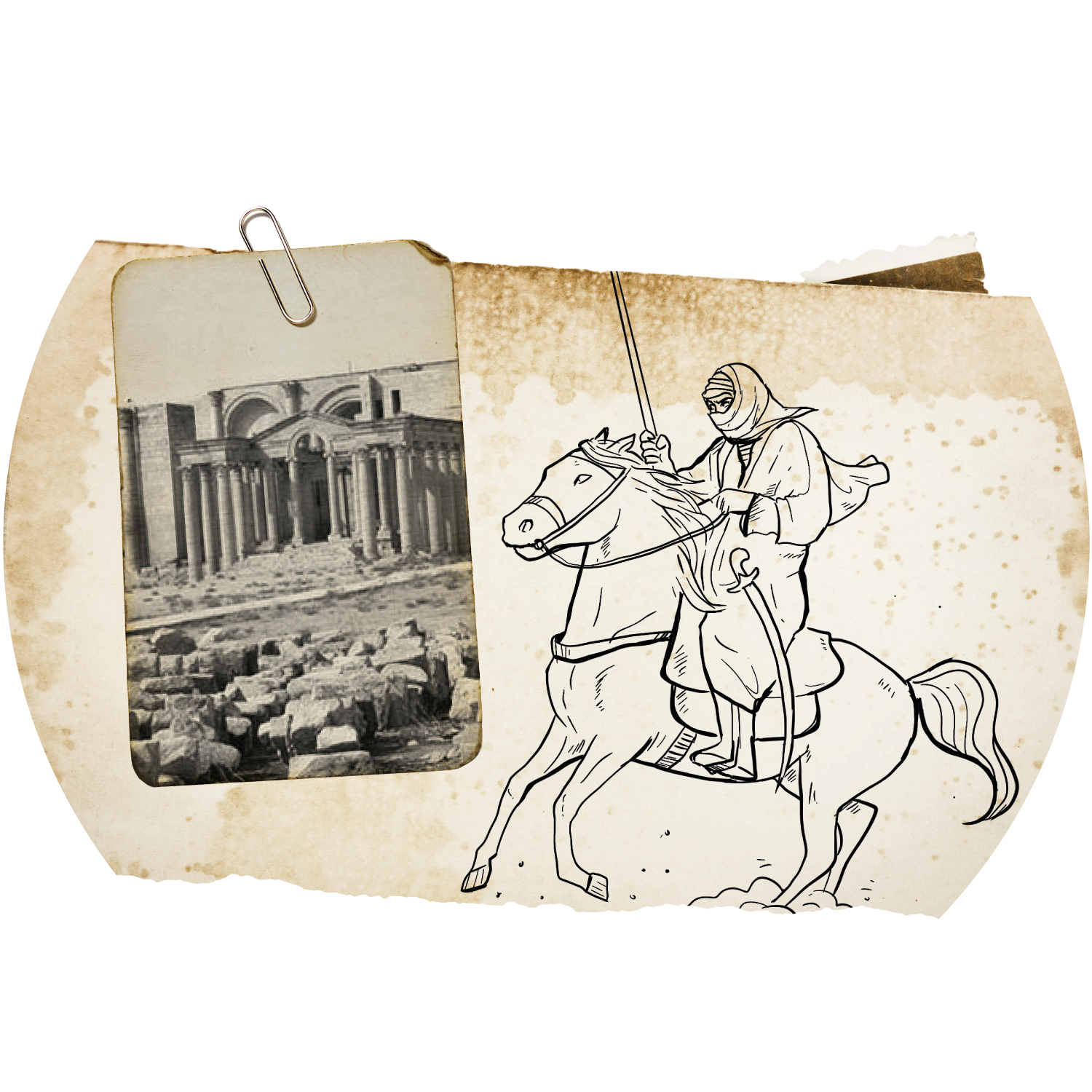
69
Persian Campaigns On The Arabian Peninsula In Ancient History (4)
14 Oct 2022
The Kingdom of Al-Hira was one of the most important Arab kingdoms in the north of the Arabian Peninsula in the pre-Islamic era and played an important role in the civilization of the Arabs at that time. Historians trace its origins to the weakness period of the Parthian state and the beginnings of the Sassanid state, where the Persians were forced to allow the establishment of the Kingdom of Al-Hira after their inability to confront the Arabs of the desert. Thus, Al-Hira was an Arab kingdom that served as the barrier entity between the Arabs of the Arabian Peninsula and the Sassanid state
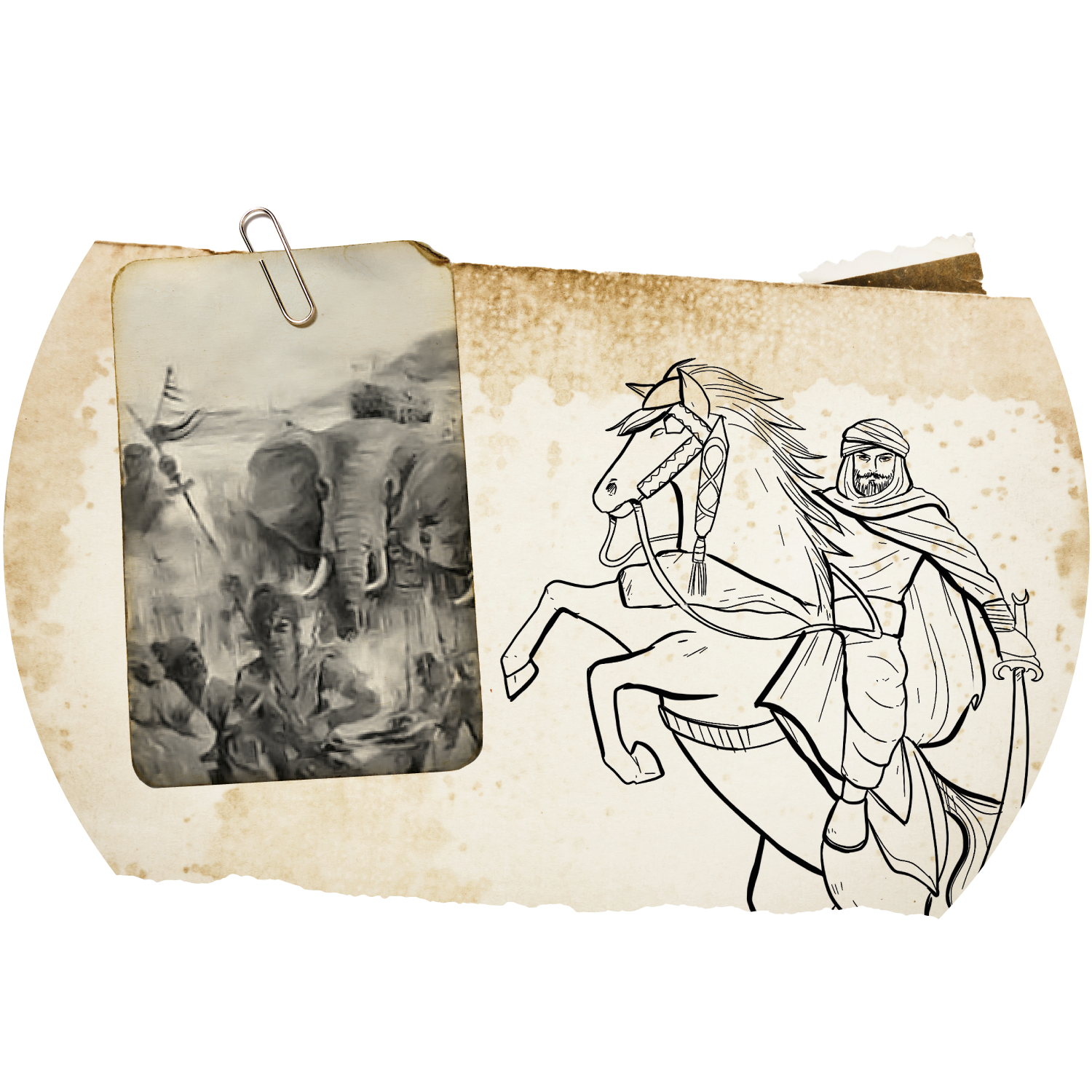
68
Persian Campaigns On The Arabian Peninsula In Ancient History (3)
07 Oct 2022
Historical views about the personality of the Arab King Sayf ibn Dhi Yazan (born: 516 – died: 574 CE) varied, upon whom tales and legends that exaggerated his description and powers were created. In general, he sought liberty from Abyssinians in Yemen during the second half of the 6th century.
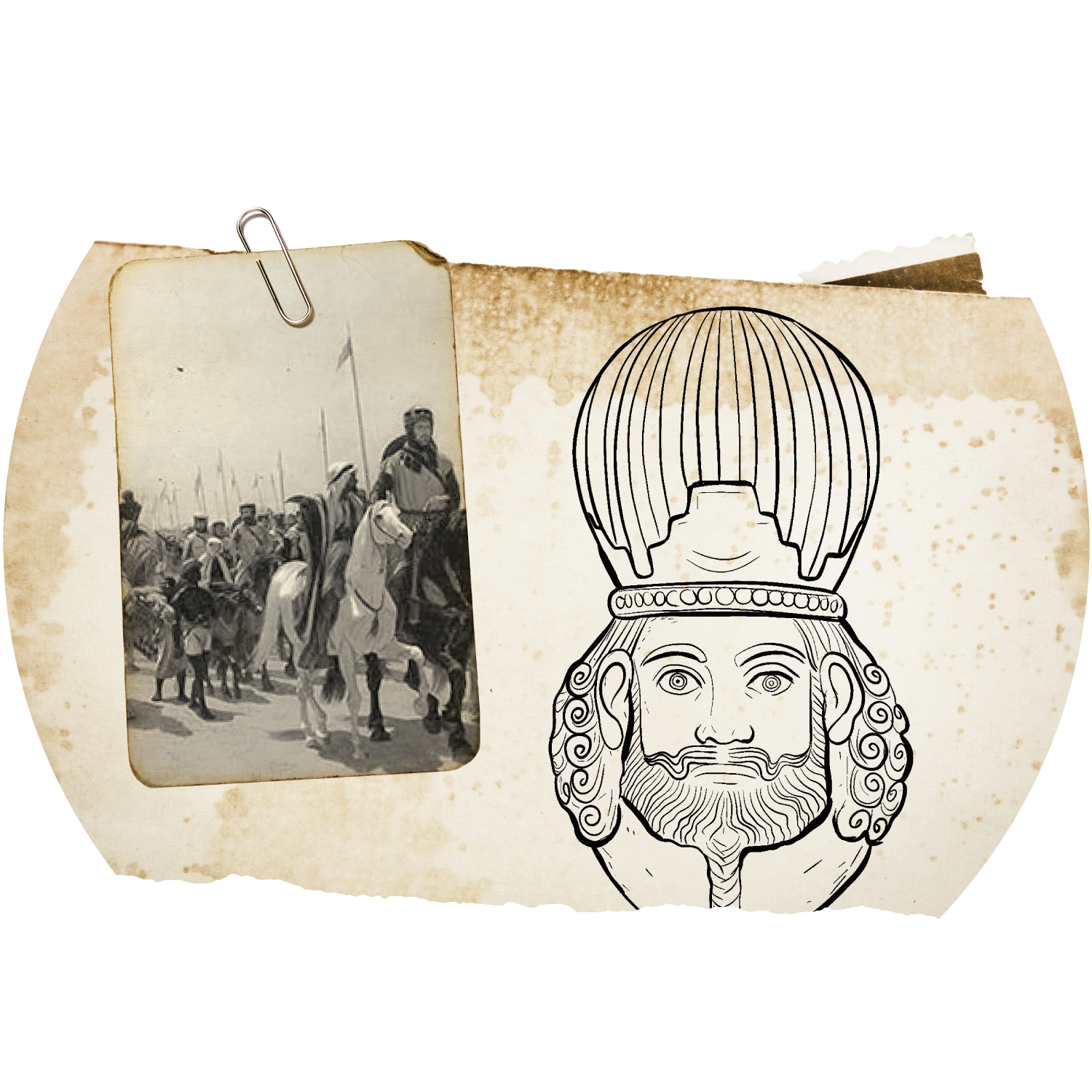
67
Persian Campaigns On The Arabian Peninsula In Ancient History (2)
30 Sep 2022
The first Persian invasion on the Arabian Peninsula in old history was launched by the Persian King Shapur II, who invaded the Arabian Peninsula and spread destruction in light of the tense relationship between him and the east of the island that lasted for decades as confirmed by historical sources, after the Arab tribes reached the borders of the Persian Kingdom in their search for living resources away from their parched island which lacks water and food.
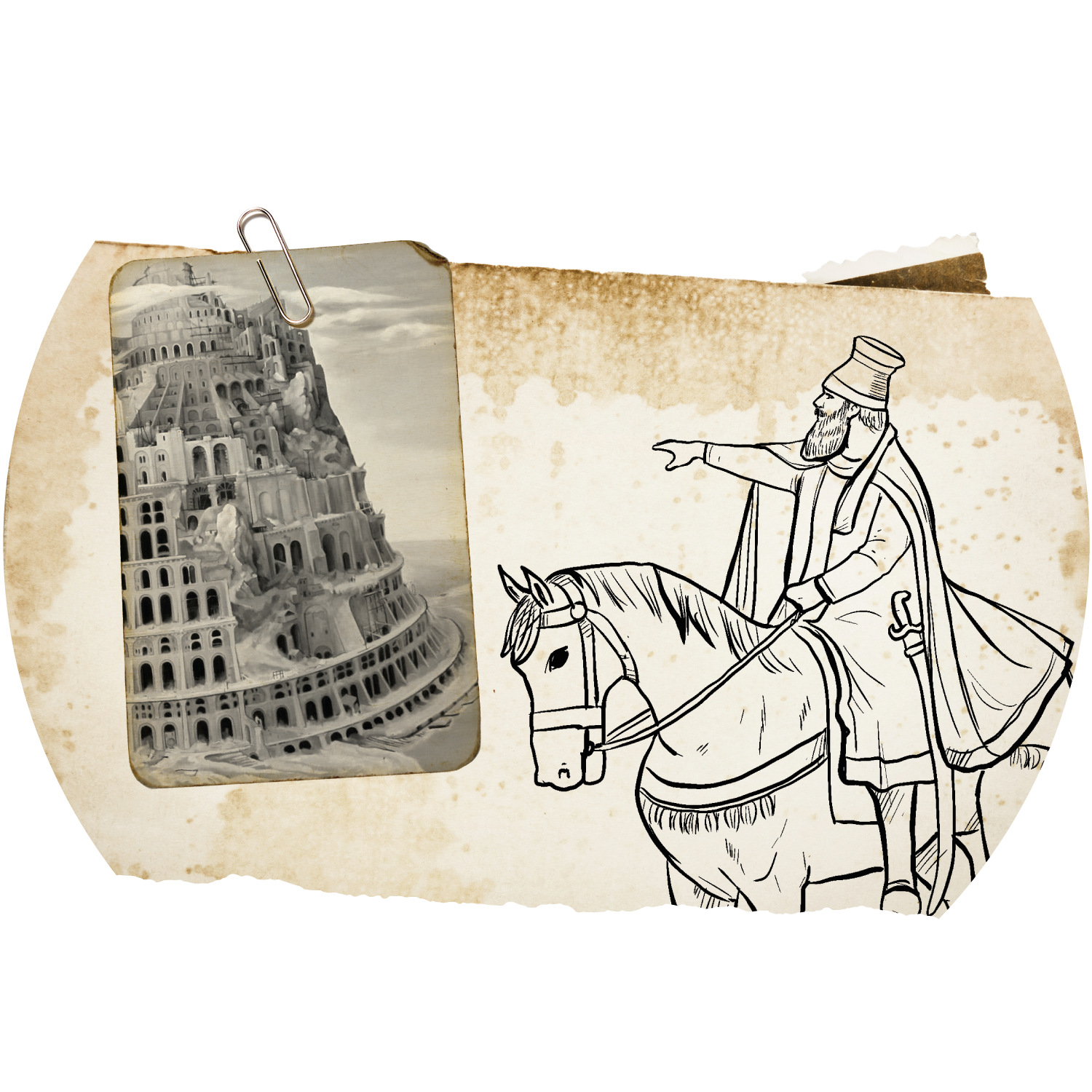
66
Persian Campaigns On The Arabian Peninsula In Ancient History (1)
16 Sep 2022
From ancient times passing through the Middle Ages to modern and contemporary history, Persian-Iranian ambitions were and still are directed towards the Arab region. Iraq was the most Arab place that suffered from these ambitions. Perhaps Iraq's common border with Iran imposed the tense reality between them.
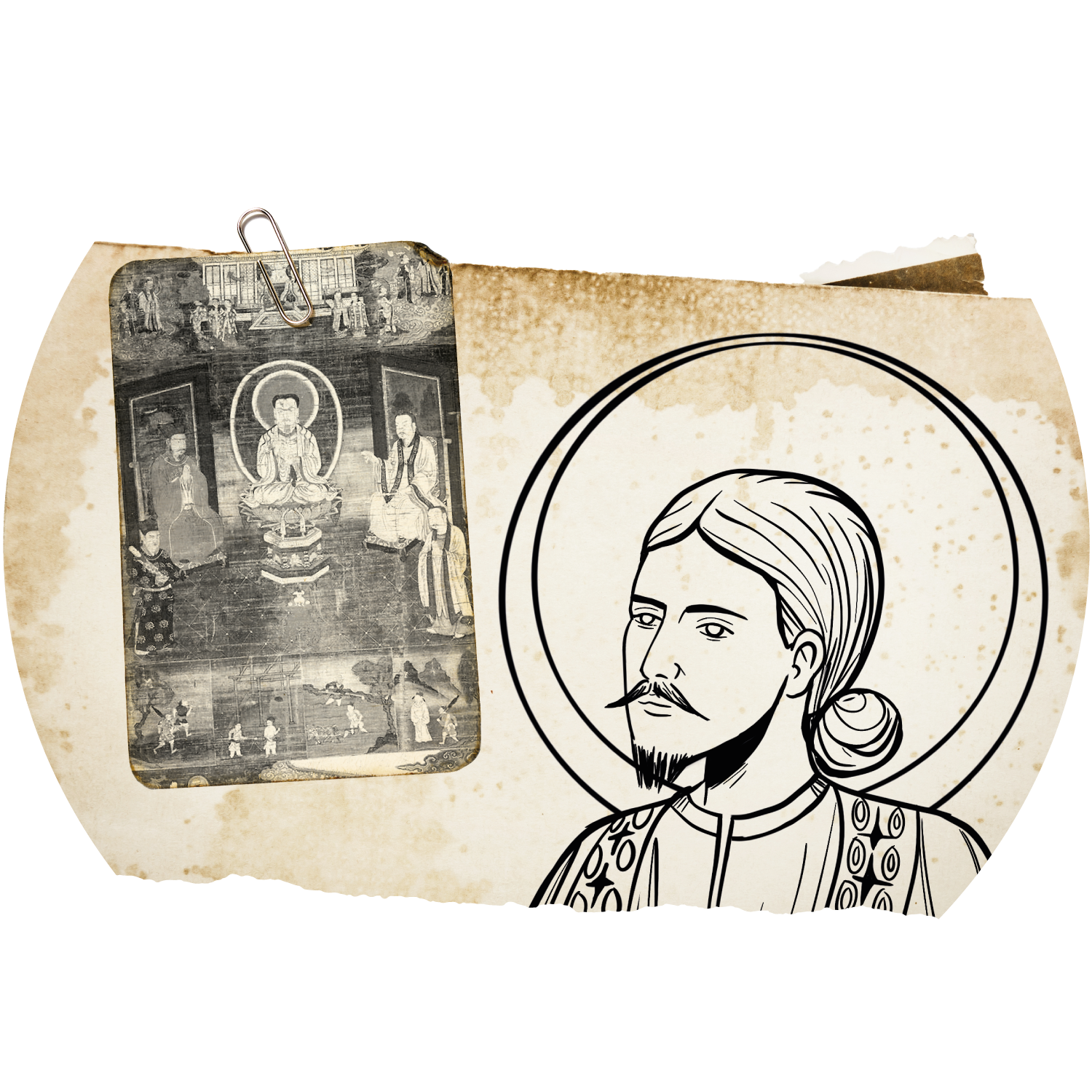
64
The Persians And Their Ancient Religious Thought (3)
2 Sep 2022
Manichaeism or Mananism is one of the marginal religions that emerged in Persia in the second half of the third century AD, at the hands of its founder Mani, who was nicknamed the Messenger of Light or the Supreme Pulpit. Historians didn't agree in their documentation of this religion,
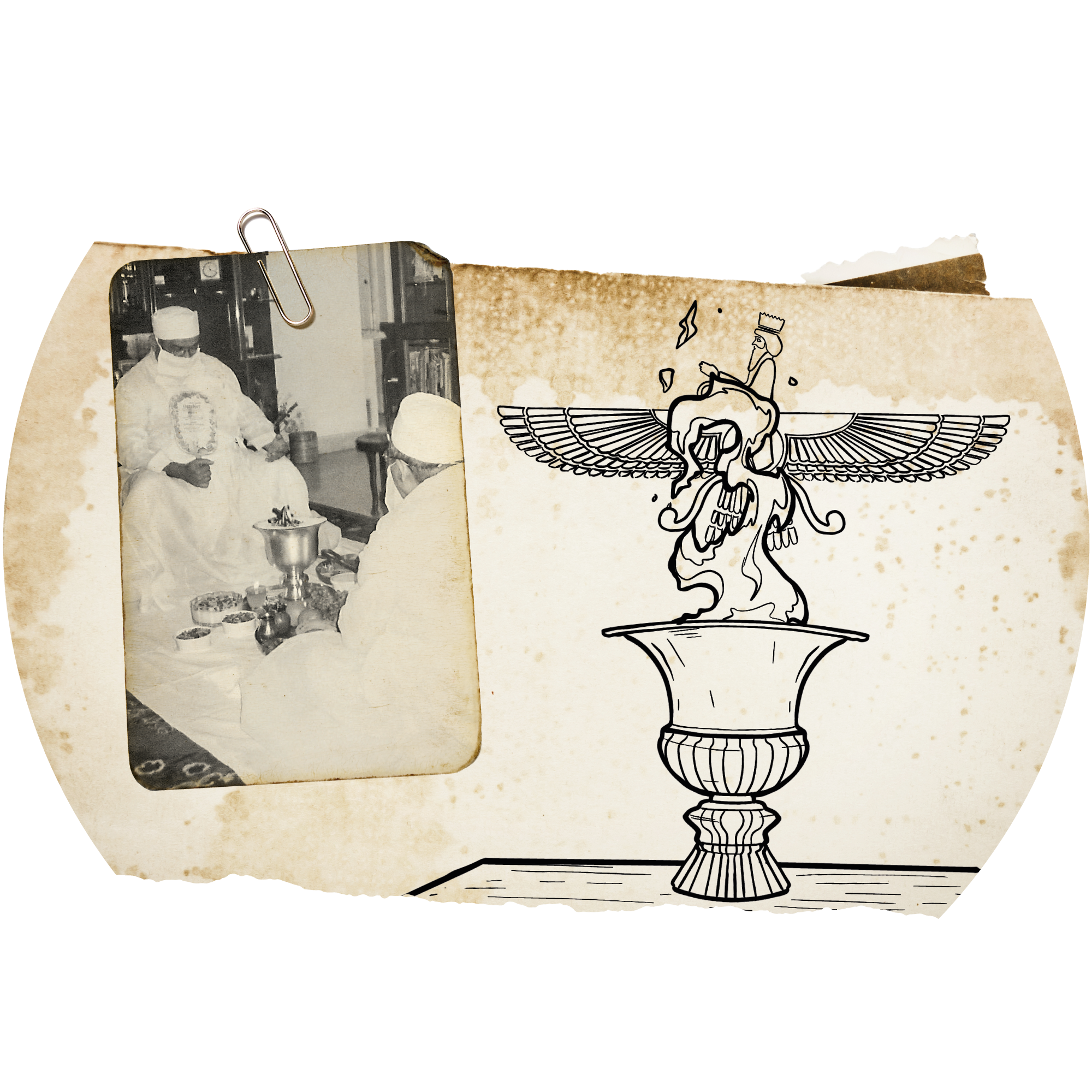
63
The Persians And Their Ancient Religious Thought (2)
26 Aug 2022
Zoroaster is described in history books as a Persian clergyman and the original founder of Zoroastrianism, which spread in ancient Persia and survived until the first Islamic century, as it disappeared and vanished after Islam entered Persia. However, its influences and philosophy continued to occupy a large part of the culture of Persian society and affected their religious perceptions, especially on those who live in Iran and its surroundings, as Iran is the cradle of the ancient Zoroastrianism.
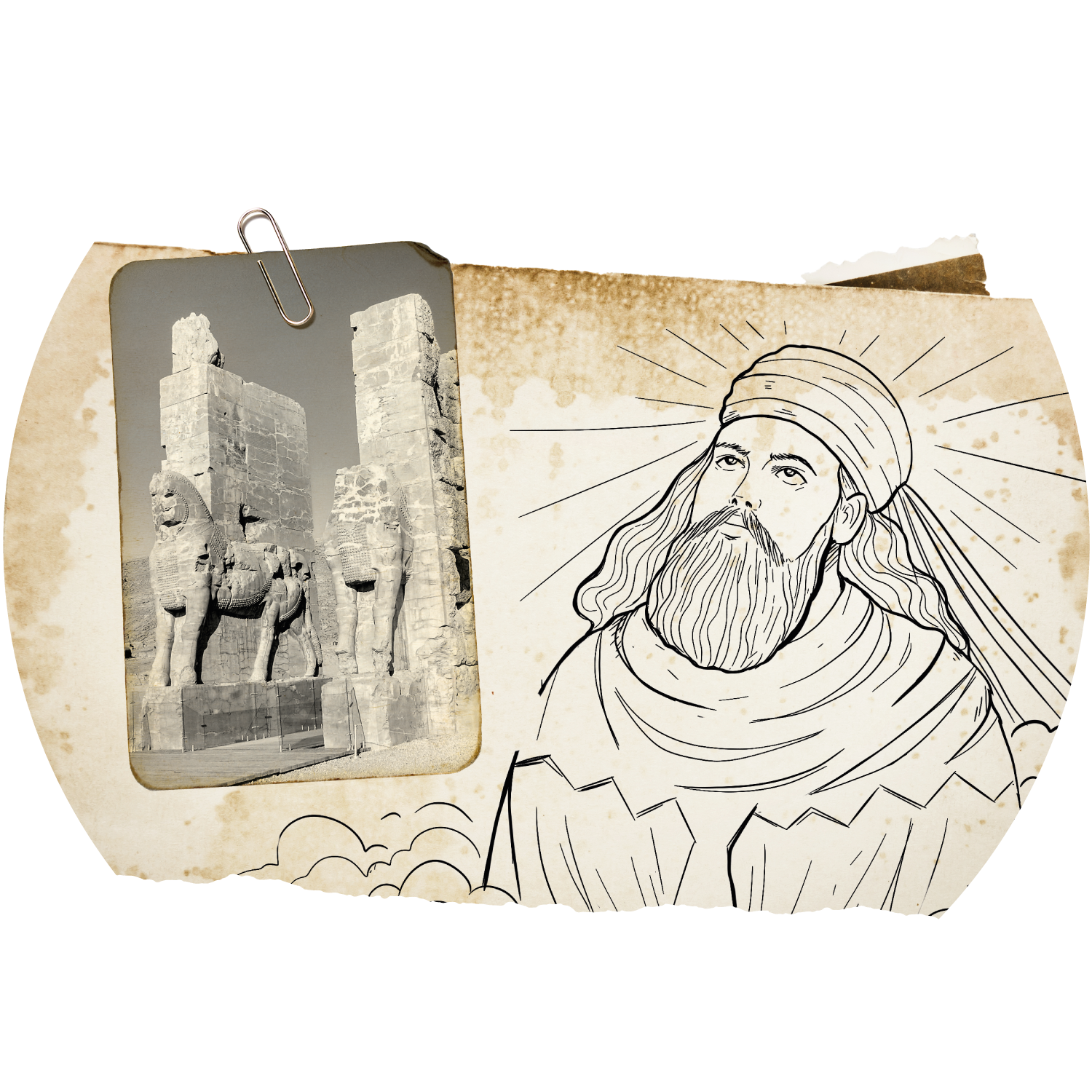
62
The Persians And Their Ancient Religious Thought (1)
19 Aug 2022
The Persians were known in their ancient history as the peoples inhabiting present-day Iran, which is named Persia after them. According to the narratives and manuscripts, their history was mixed with myths in many of its details, especially before they established their state in the ancient history. The Persians are a group of Aryan peoples who speak the language attributed to them, which linguists classify within the Indo-European group of languages.
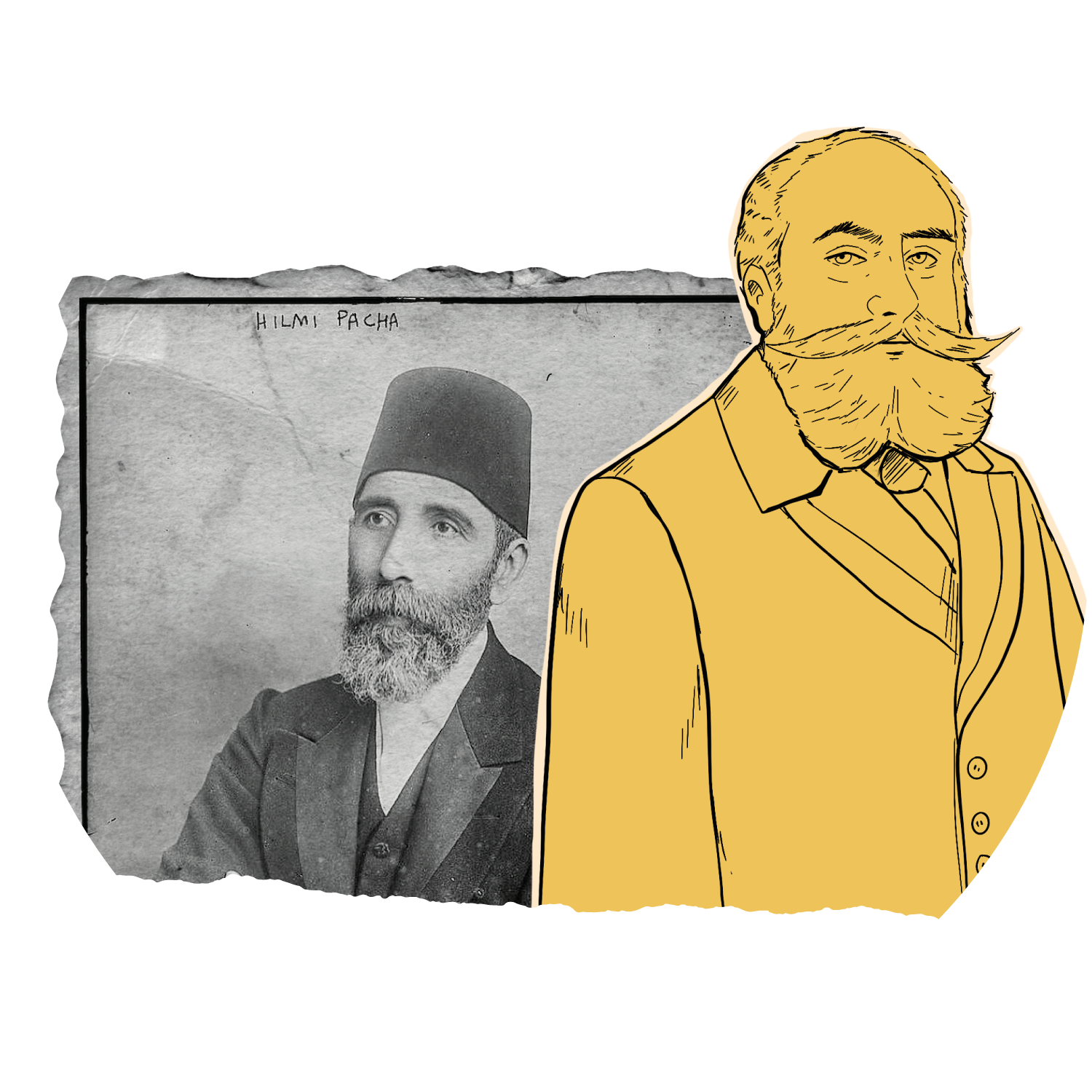
61
Zionism And The Ottoman Empire (5)
22 April 2022
The basis set by the Turks for handing over the Arab world to the Zionist movement was empowerment and economic wealth. Accordingly, they granted the Jews economic care from the beginning, and this was a suspicious issue in the history of the Ottomans, who opened their doors to receive the Jews for purely pragmatic reasons based on benefiting from the wealth of the Jews as well as their experience in managing economic affairs.
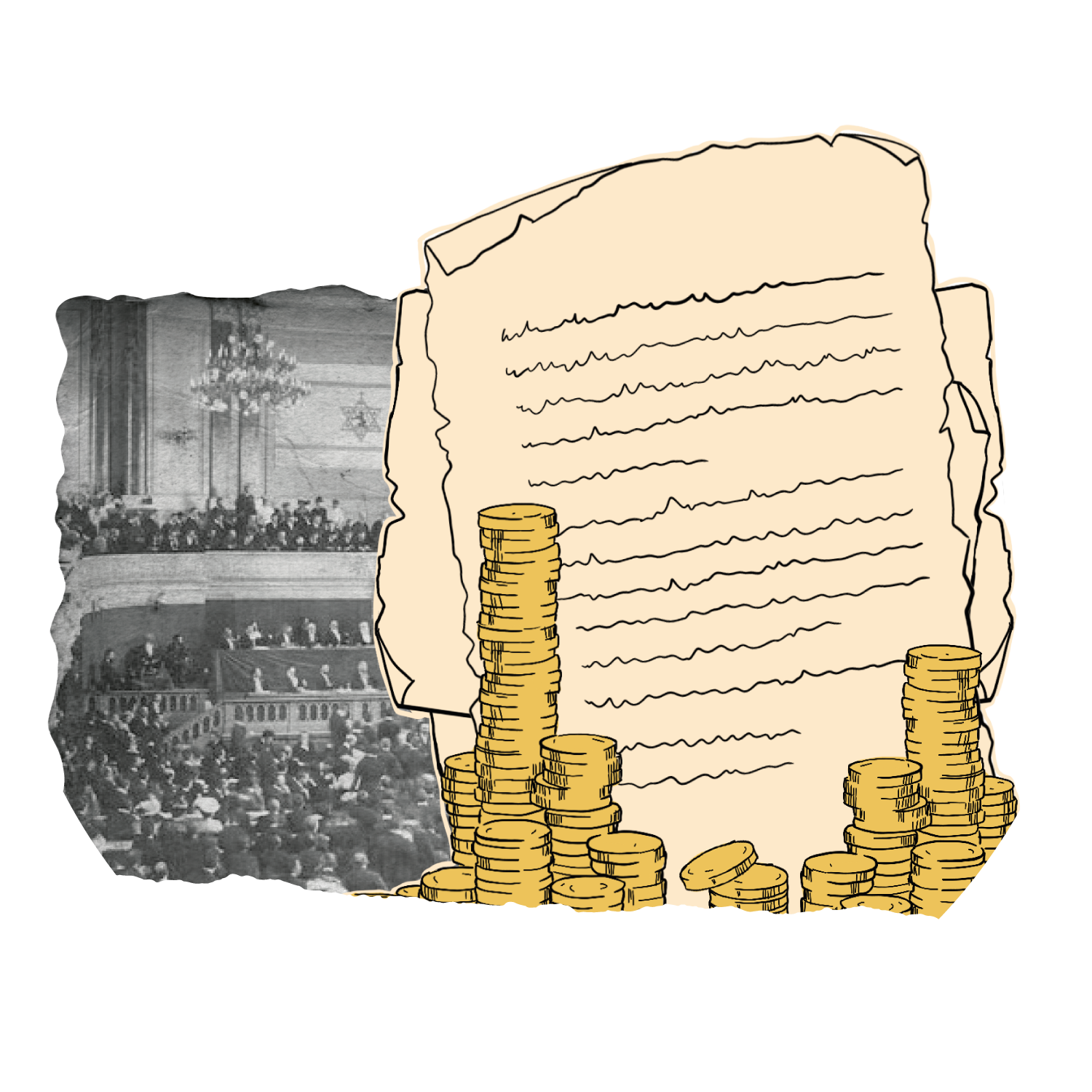
60
Zionism And The Ottoman Empire (4)
15 April 2022
Honoring the head of the Zionist movement, Theodor Herzl, with the Majeedi Medal by Sultan Abdul Hamid II, was the culmination of a long and deep friendship that Herzl described as great, after the negotiations had resulted in the Zionist movement’s support for the faltering treasury of the Sultanate and for the Sultanate’s negotiations in international forums, especially with their European creditors.

59
Zionism And The Ottoman Empire (3)
08 April 2022
Zionism’s relationship with the Ottoman Empire was not temporary, but rather a strategic alliance, with objectives paving the path for it to be able to destroy the Arab world, which was tattered due to centuries of ignorance and poverty enforced thereon by the Ottoman Empire; such alliance became a source that provides Turkish populism with force and economic strategy.
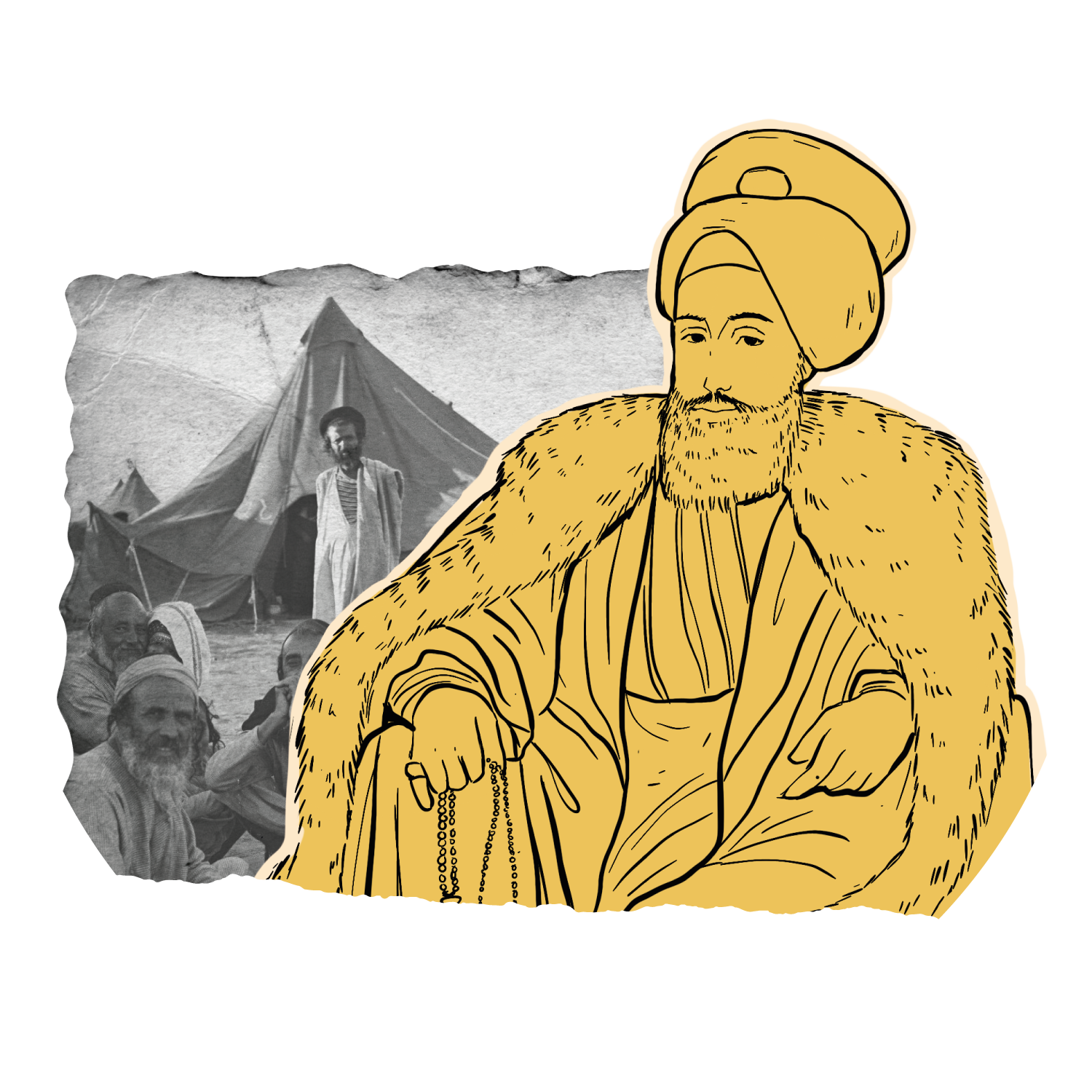
58
Zionism And The Ottoman Empire (2)
01 April 2022
Throughout their history, Jews have been a unique human gathering through which Zionists were able to exploit religion in order to build an ethnic identity that would surpass the rest of races and refuse to integrate with the rest of societies.
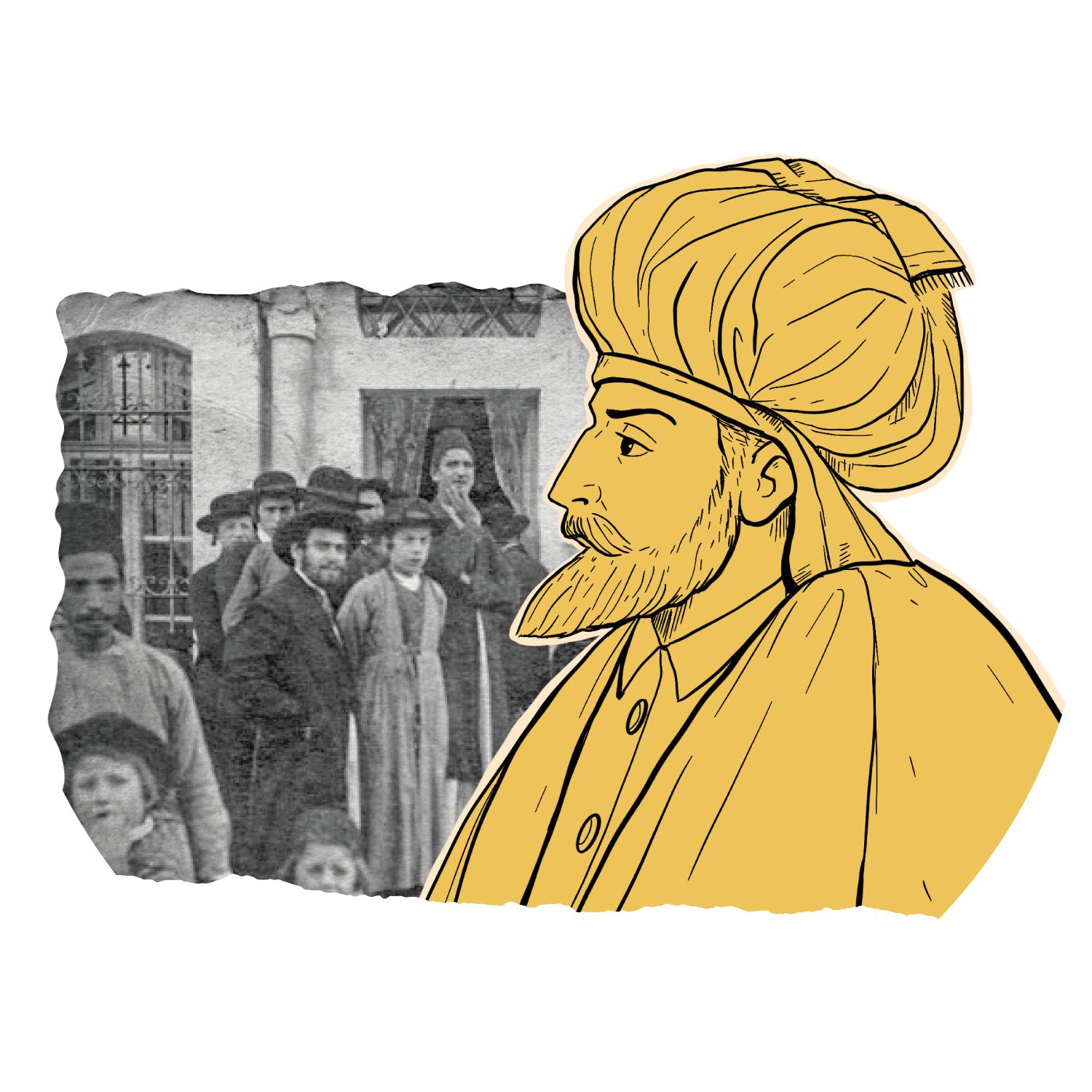
57
Zionism And The Ottoman Empire (1)
25 Mar 2022
If you think that the Ottoman Empire confronted Zionism everywhere and stood against its settlement schemes to protect the Arab World from this Zionist plague, then you are deluded. They spread their lies in the books without evidence to be provided

56
Maghreb (6)
18 Mar 2022
The countries were successively collapsing, the earth was watered with blood, the beacons of knowledge were closed and the lamps of knowledge were extinguished. All this was due to the Ottoman occupier who did all kinds of evil in the Arab world and did not calm down until after fighting the Arabs everywhere. Therefore, as soon as the matter settled in Algeria, Tunisia and Libya, their eyes began to turn to Morocco.
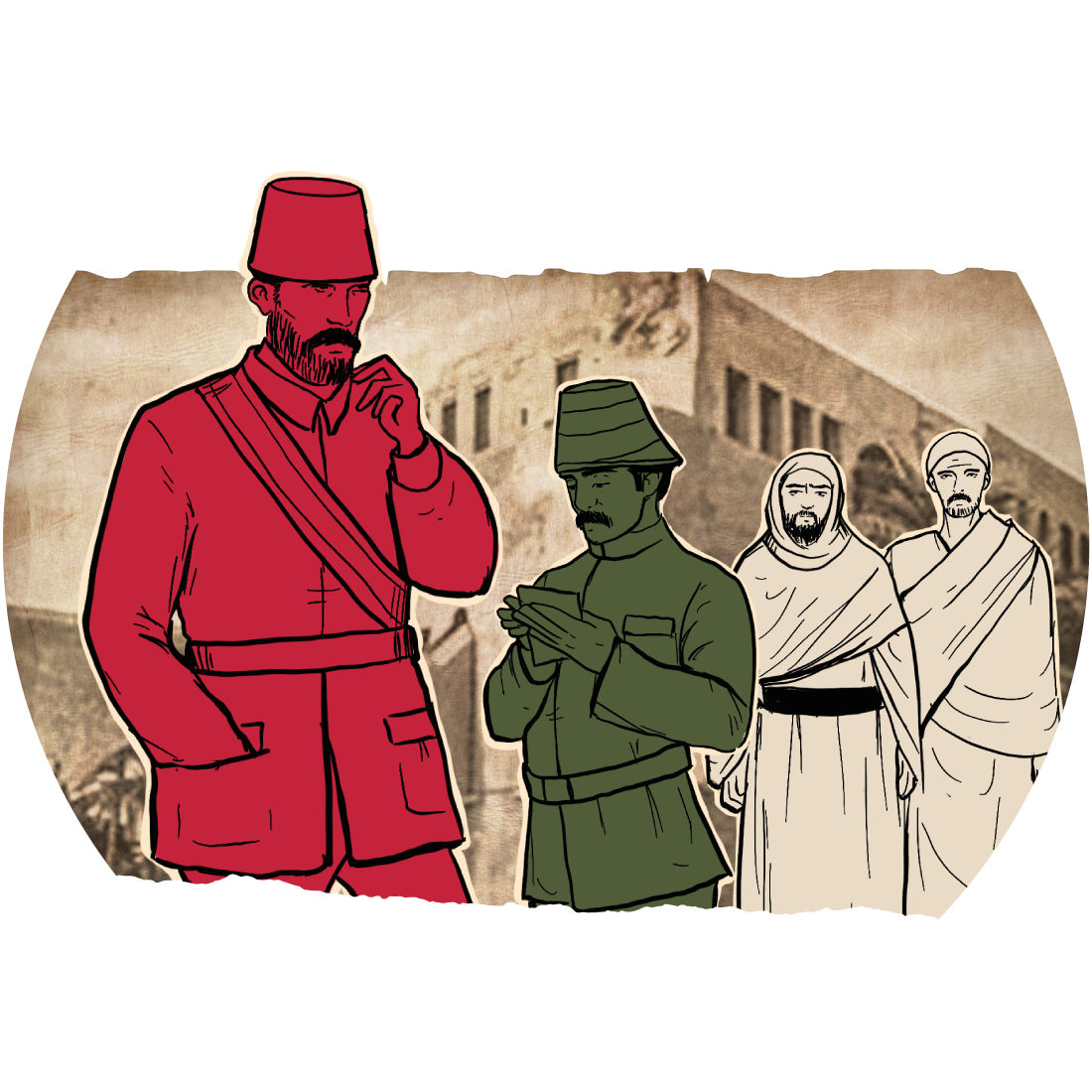
55
Maghreb (5)
04 Mar 2022
When documenting the history of crime and tyranny, the Ottoman-Turkish occupation of the Arab countries can be classified as the worst and most criminal, as the Arab world lost more than hundreds of thousands of victims over the course of several centuries, noting that during the four centuries of Turkish occupation their method of seizing the Arab countries did not change. This confirms that they have a black history in which tragedies, torments and massacres against Arabs repeated.
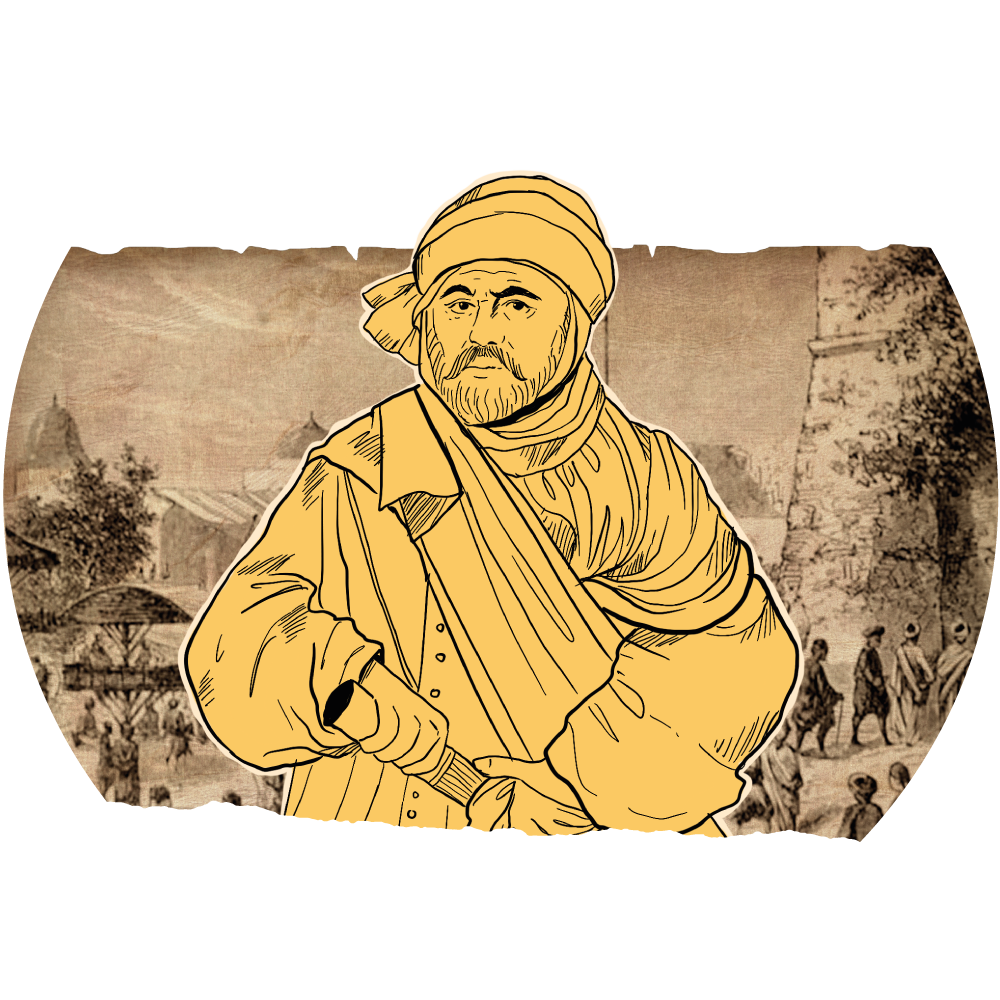
54
Maghreb (4)
18 Feb 2022
During the medieval historical ages, in which the great empires competed, the small states were the target they sought, especially if the strategic location of those states was important. This is what happened to Tunisia in the middle of the sixteenth century AD, when its miserable luck caught it between two occupations, the first of which was Spanish and the second by the Ottoman Empire. The two were worse than each other.
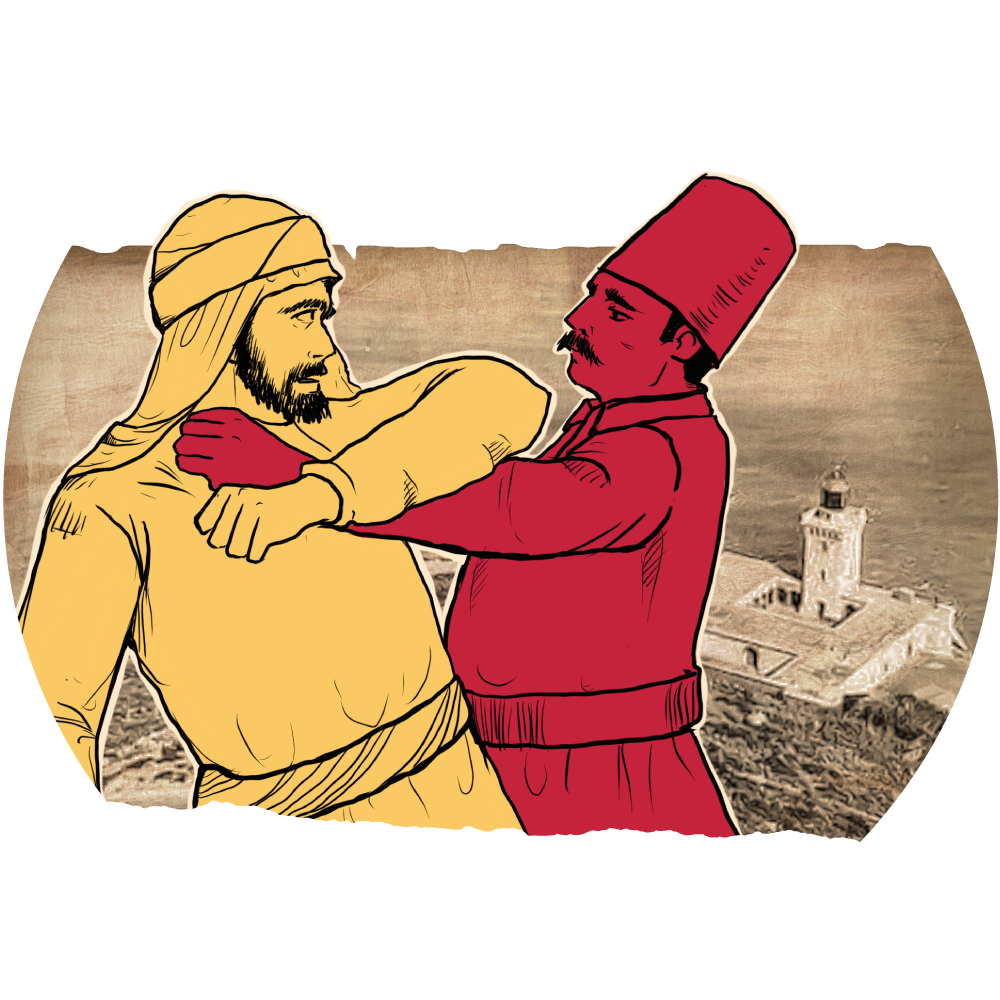
53
Maghreb (3)
11 Feb 2022
The people of Algeria were killed twice, once when they realized that there was someone on that land that could take the true Islamic religion as a cover for the most heinous human crimes, and the other when they found the arrows of the Ottomans penetrating into their hearts, indifferent to the thousands of tongues that repeated the testimony of faith before the soul left them.
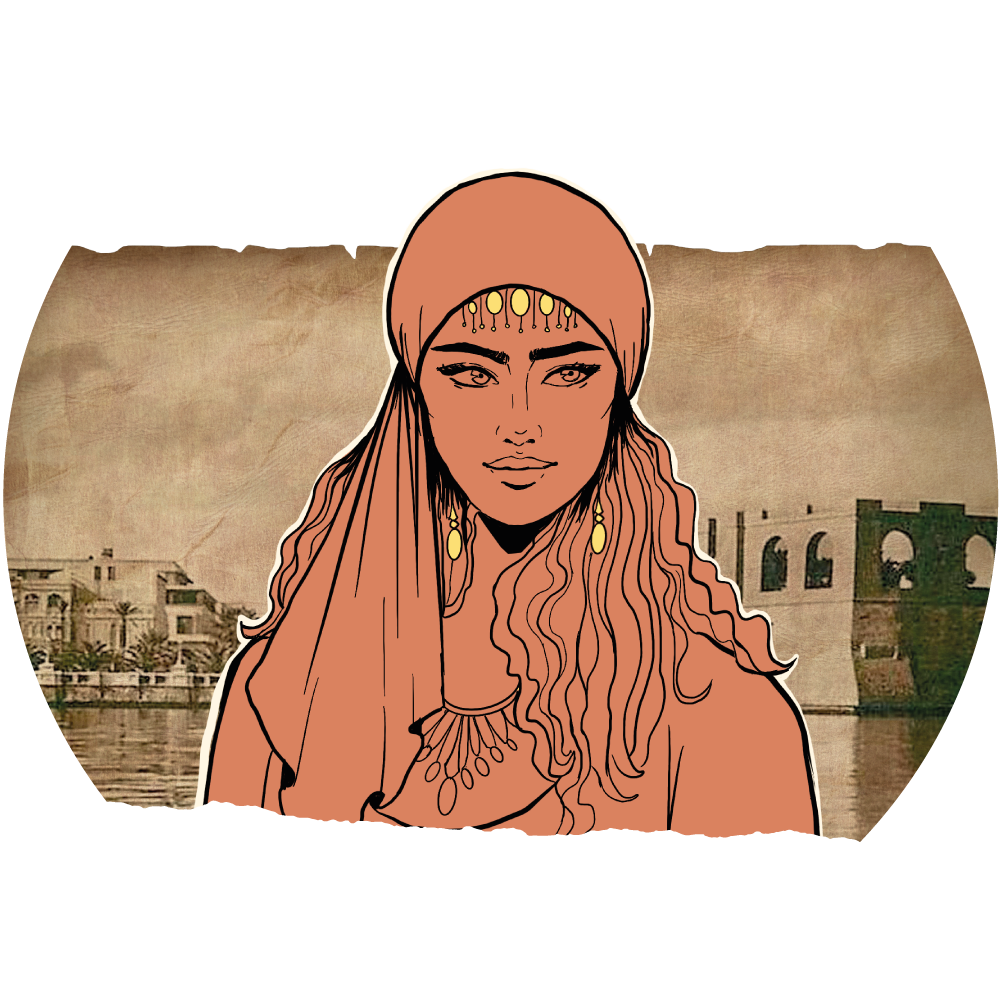
52
Maghreb (2)
04 Feb 2022
The Ottomans entered Algeria under the pretext of saving the people from the Spanish invasions. The Algerians cheered, welcomed them into their homes, brought them into their cities, and sang for them in the streets. As soon as they occupied the place, they wreaked havoc in it and treated the indigenous population as slaves and placed them in a lower class than the Turkish race, as thieves and bandits usually do when they take control.
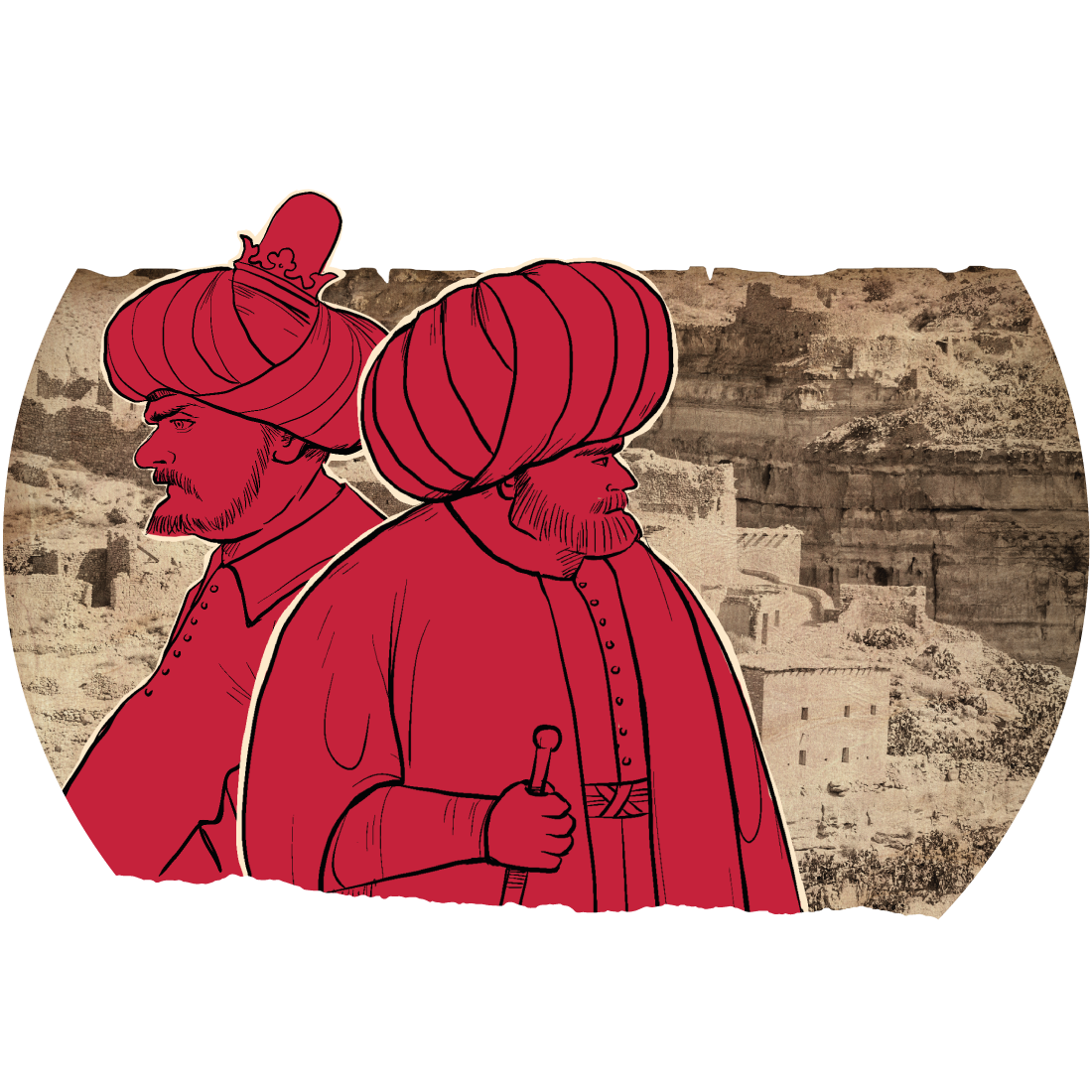
51
Maghreb (1)
28 JAN 2022
The Algerians were like the ones who jumped out of the frying pan of the Spaniards into the fire of the Ottoman Turks who entered the waters of the Mediterranean at this critical period in the history of the Islamic world and the Arab region in particular. In the beginning, their entry was not, as some historians claim, to support the Andalusians as much as it was a transfer process and a contribution to the displacement of Arabs from Andalusia to the Arab shores of North Africa in agreement with the Spaniards from the Iberian shores.
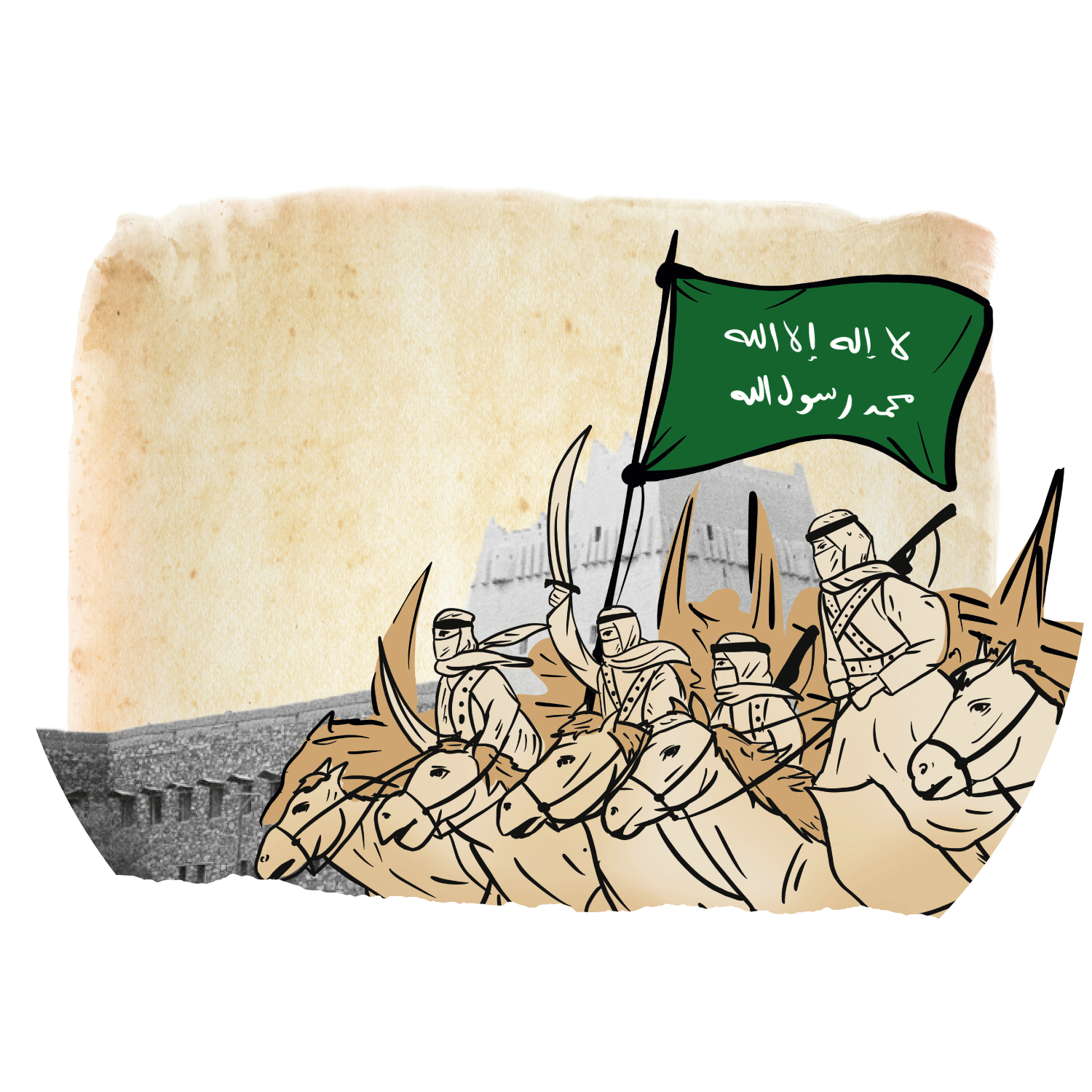
50
King Abdulaziz (5)
21 JAN 2022
The Ottomans remained insistent on occupying Hijaz, considering that their control over it was a legitimate marketing for them in the Islamic world, guaranteeing them their colonial projects in the region, despite their lack of the legal basis that justifies the policy of Turkish expansion. Hence, they believed that this represented the legitimate excuse to continue expanding to the east, west and south. That was the strategic goal that they have tried since their occupation of the Arab world in 1517 to preserve by imposing force and ferocity against any attempt to liberate from their oppression, tyranny and fascism.
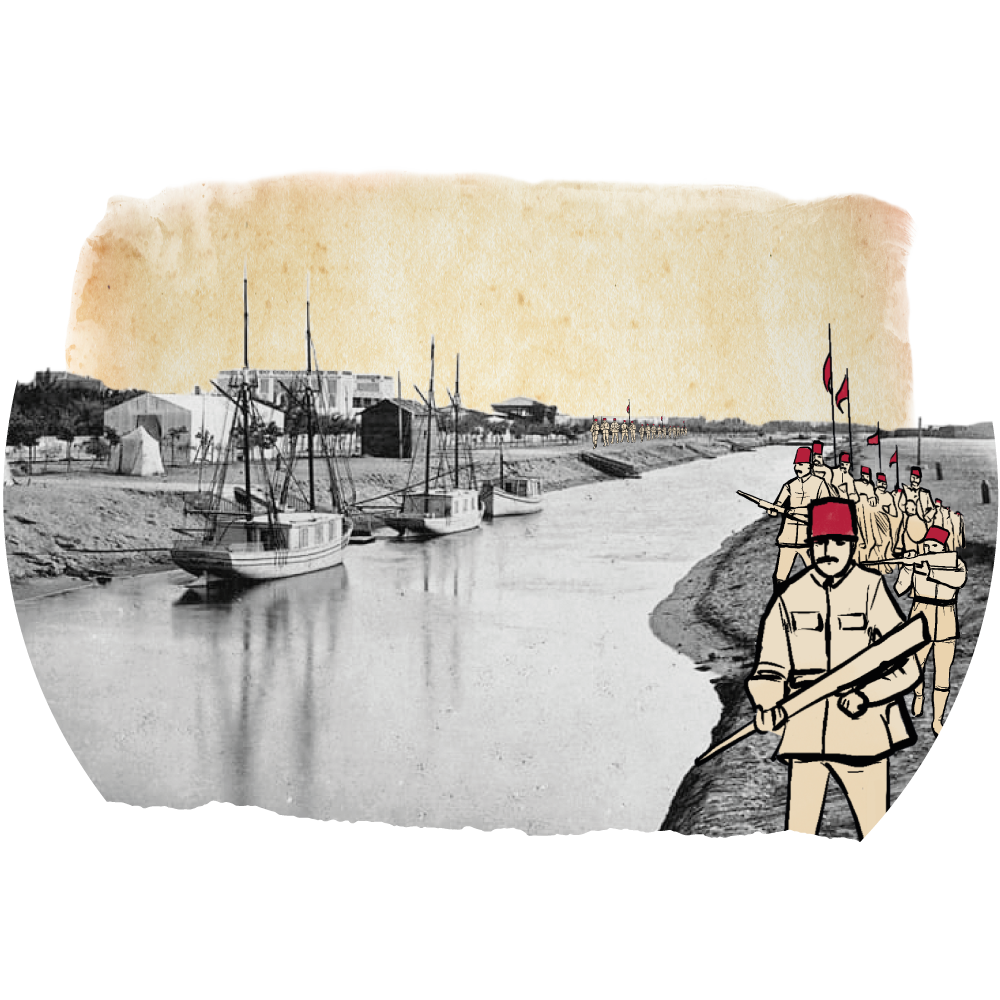
49
King Abdulaziz (4)
14 JAN 2022
The tension of world events increased in the summer of (1914) after the world experienced a great war for the first time, taking place in the continents of the ancient world, later called “First World War”. This war emphasized the geopolitical importance of the Middle East, a region that played an important role during this war.
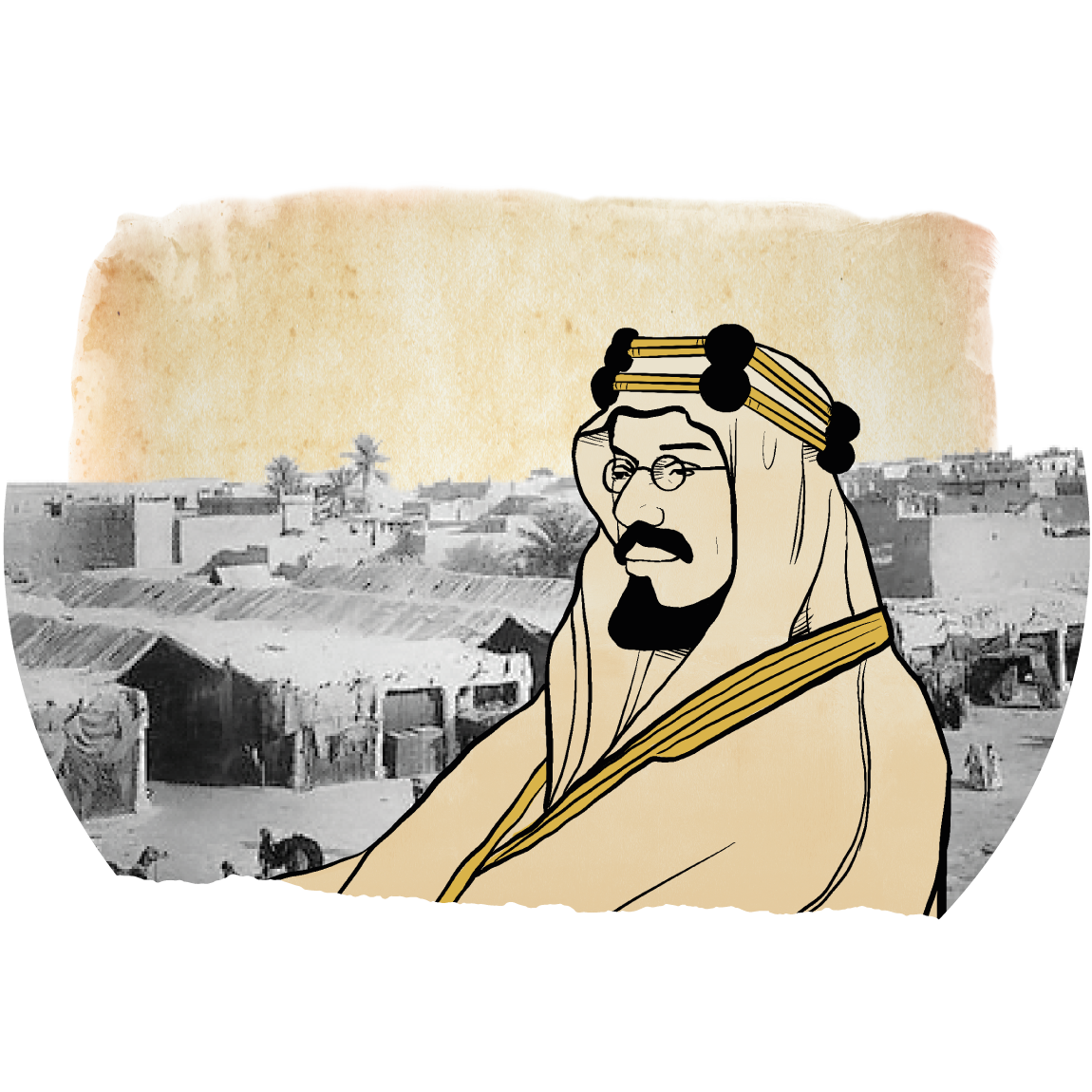
48
King Abdulaziz (3)
7 JAN 2022
The victory of King Abdulaziz bin Abdul Rahman (may he rest in peace) in Al-Qassim and his ability to defeat his opponents after the Battle of Rawdat Muhanna (1906), and the subsequent events and changes in the positions of some local forces presented a dangerous warning, prompting the Ottoman Empire to be extremely cautious about its influence in the Arabian Peninsula and the influence of these local power that submitted to the Turks.

47
King Abdulaziz (2)
17 Dec 2021
With the beginning of the formation of Saudi political history, which began in the middle of the eighteenth-century AD (1744) with the establishment of the first Saudi state, Al-Ahsa was the national region, which represented the economic and commercial depth. Therefore, there were many colonial attempts that tried to control Al-Ahsa, but all of these attempts failed due to the strength of the national consistency of Al-Ahsa's people, who were an obstacle in the way of the invaders.
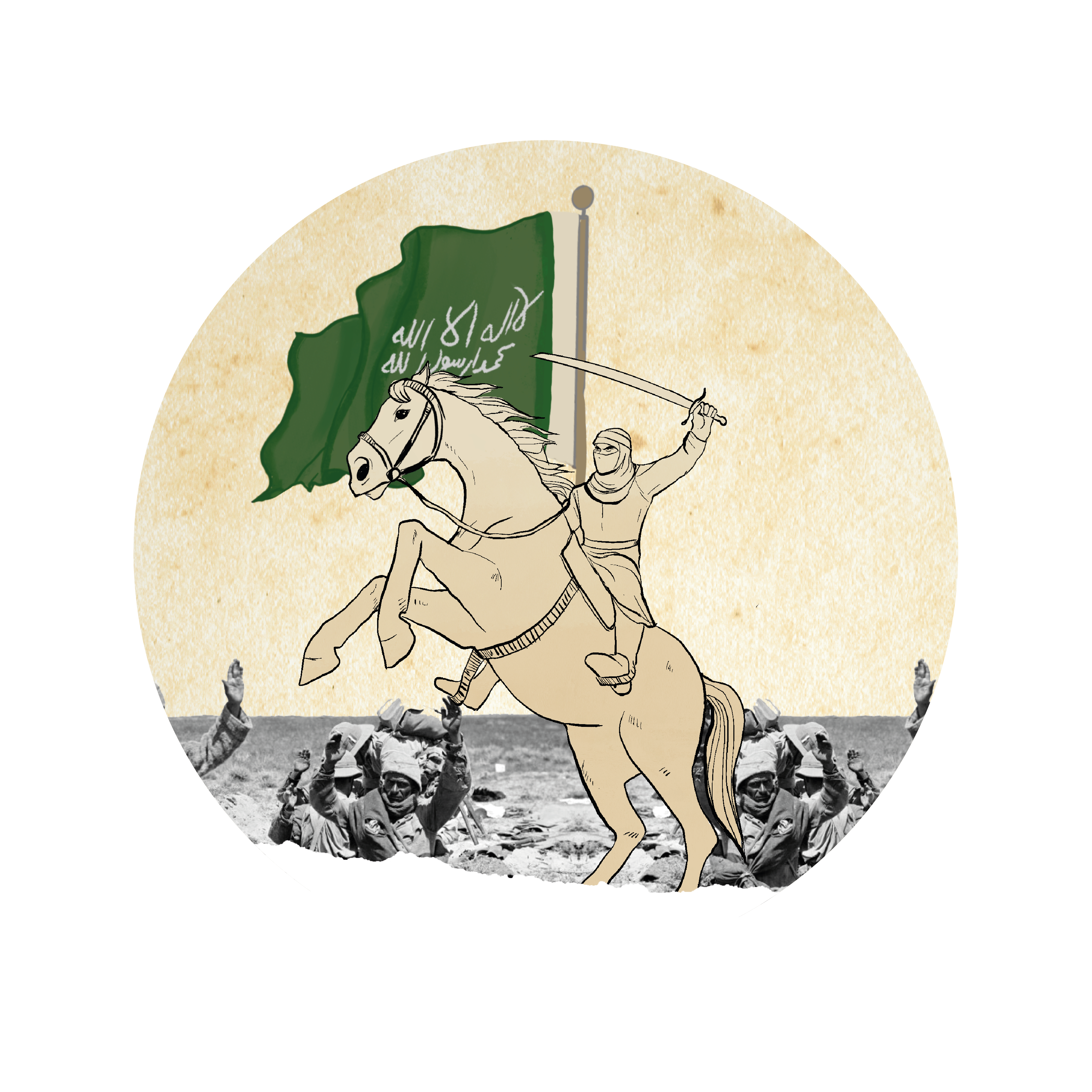
46
King Abdulaziz (1)
10 Dec 2021
The Battle of Al-Bukayriyah, on June 15, 1904, was a continuation of the Ottoman policies in their repeated attempts to extend their control and to occupy the Arabian Peninsula. It was also an extension of the historical wars with the Saudi state, which ended with a great Saudi victory by the founder, King Abdulaziz bin Abdulrahman Al Saud (may Allah have mercy on him).
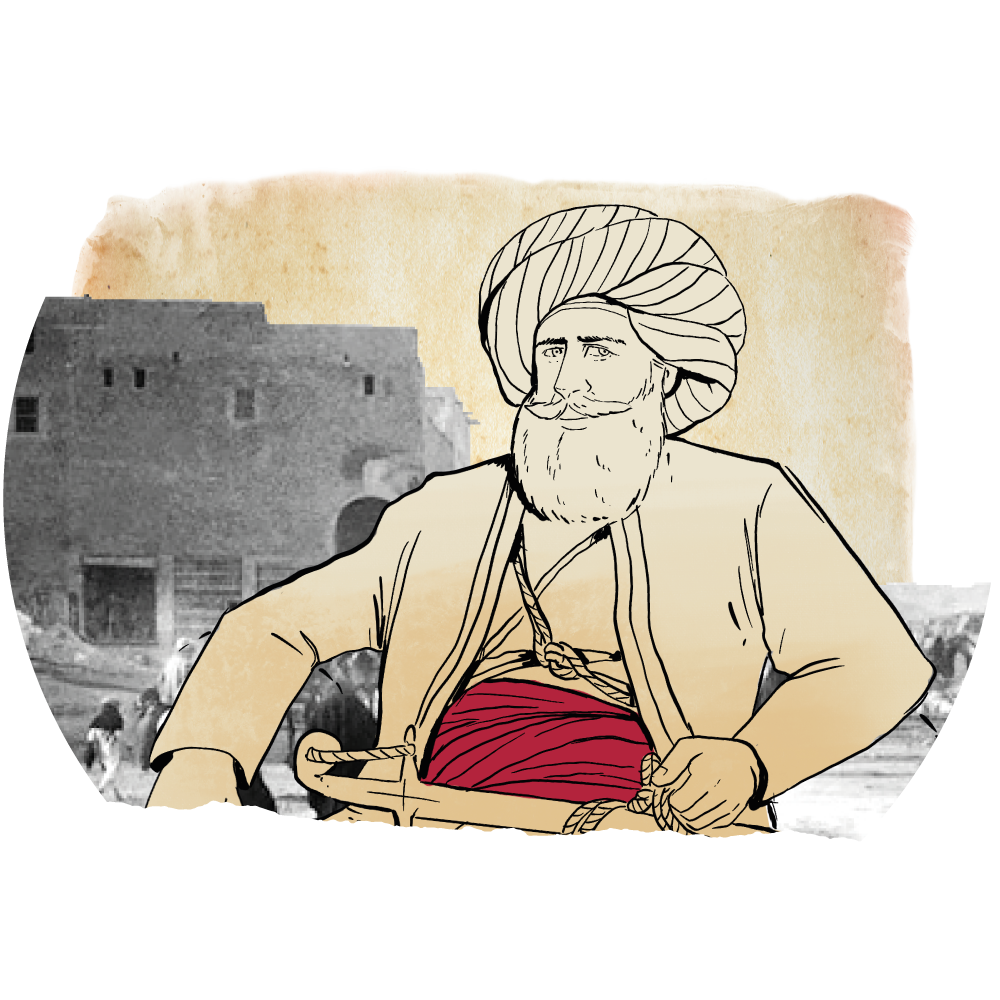
44
The Second Saudi State (5)
26 Nov 2021
The ambitions of the Ottoman governor in Egypt, Muhammad Ali, developed in the Arabian Peninsula after the campaign of Khurshid Pasha in (1837 AD). Therefore, the sources indicate that Muhammad Ali realized the necessity of extending his influence to The Arabian Gulf, and hence his keenness to not only control the interior of the Arabian Peninsula, but also control the coasts of The Arabian Gulf so that he can secure his influence in Najd.
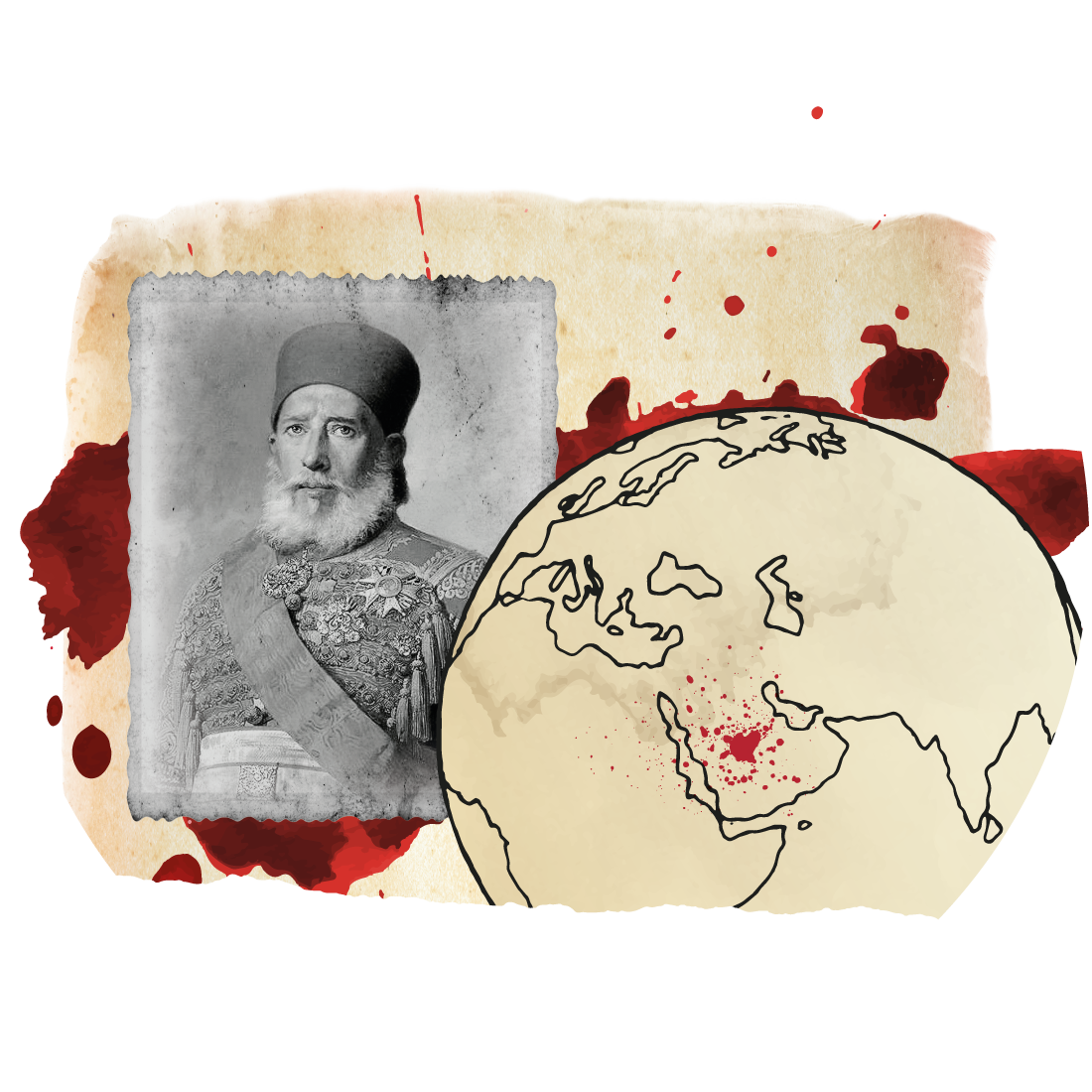
40
The Second Saudi State (1)
29 Oct 2021
The crimes committed by the Ottomans against the Saudis after the fall of Ad-Diriyah symbolize a tragic example that cannot be imagined regarding those who claim to be Muslims, while they were showing cursing, killing, torture and displacement against innocent people and non-combatants. With the multiplicity of the Ottomans' crimes, the top of which was their campaigns against the first Saudi state.
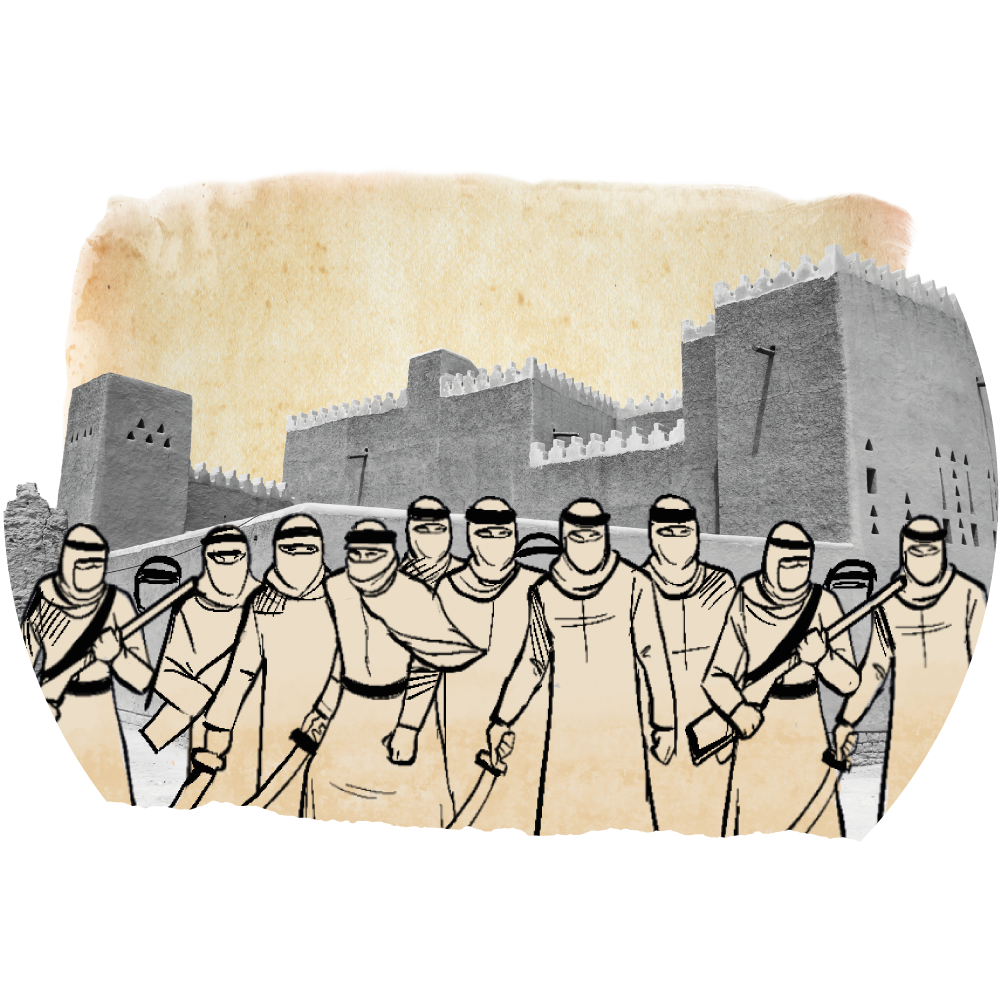
38
The First Saudi State (5)
15 Oct 2021
History has proven that the Ottoman sultans spared no effort in seeking to overthrow the First Saudi State, and despite being defeated by it in more than one battle led by their governors who returned with their tails between their legs after their defeat by the Saudis, the Ottomans continued their stubbornness and terror in killing any Arabian attempt to rise, that was a principle followed by the sultans, to keep their colonization and their exhaustion of the Arab civilization.
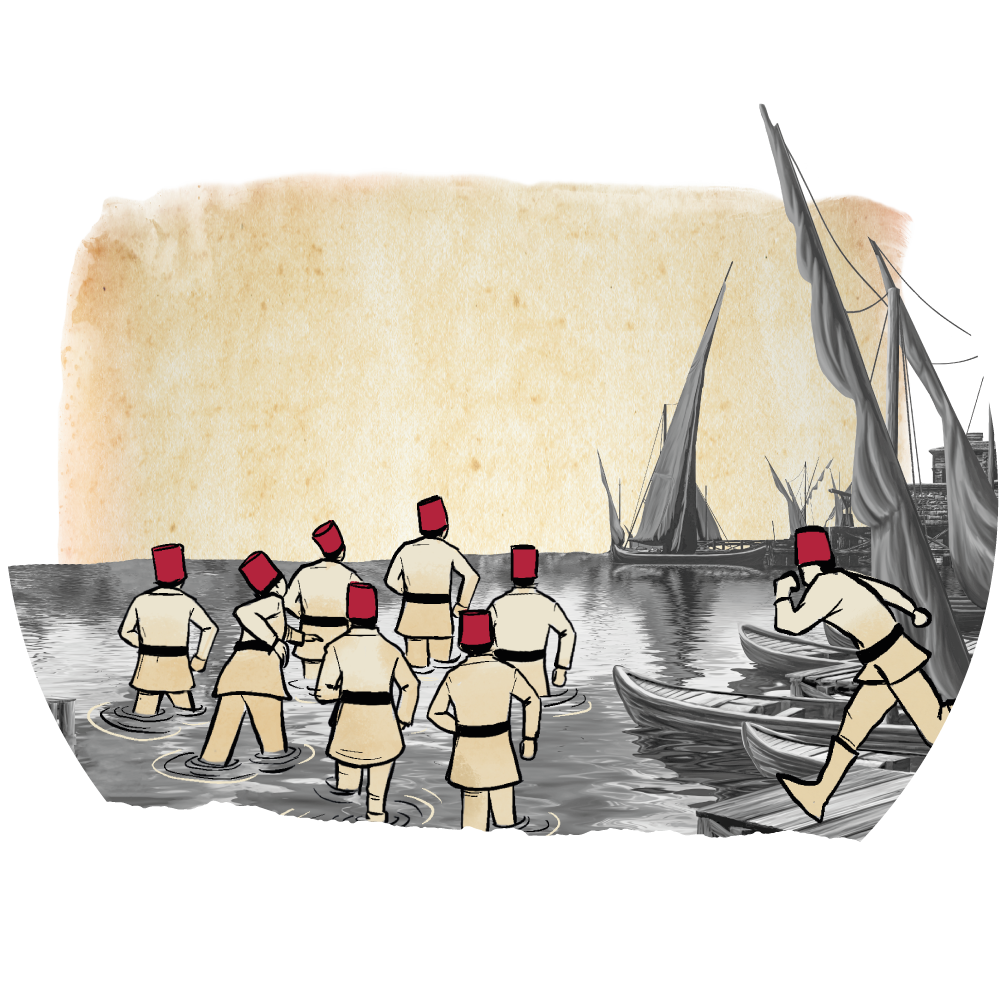
37
The First Saudi State (4)
08 Oct 2021
Historical sources unanimously agreed that the first Saudi state was able to stand up against and hold out the expansionist ambitions of the colonial Ottoman state, despite the huge differences in numbers and equipment, as the Saudis manage to engrave great epic battles that are still strongly remembered in history. This is the state that emerged from the borders of the emirate of Najd to become a state in no time; a state that shook the pillars of the empire that for centuries had imposed its oppressive rule and Turkish national authority.
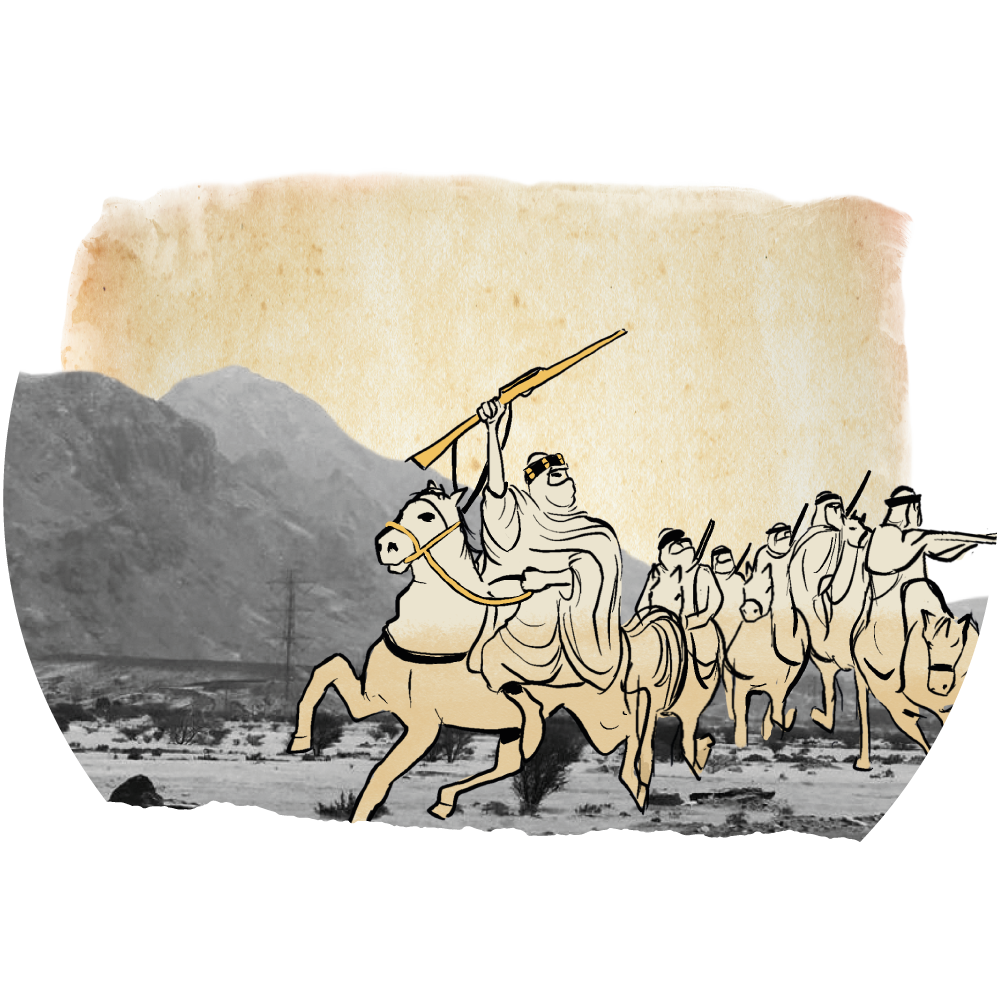
36
The First Saudi State (3)
01 Oct 2021
The Battle of Wadi Al-Safra in (1812 AD) is one of the first remarkable battles in the history of the first Saudi state. As for the geographical borders of the battle, Wadi Al-Safra is located on the road between the port of Yanbu on the Red Sea and Medina. The importance of this battle lies in the fact that it was the first Saudi victory over the first Ottoman campaign led by their governor on Egypt, Muhammad Ali Pasha.
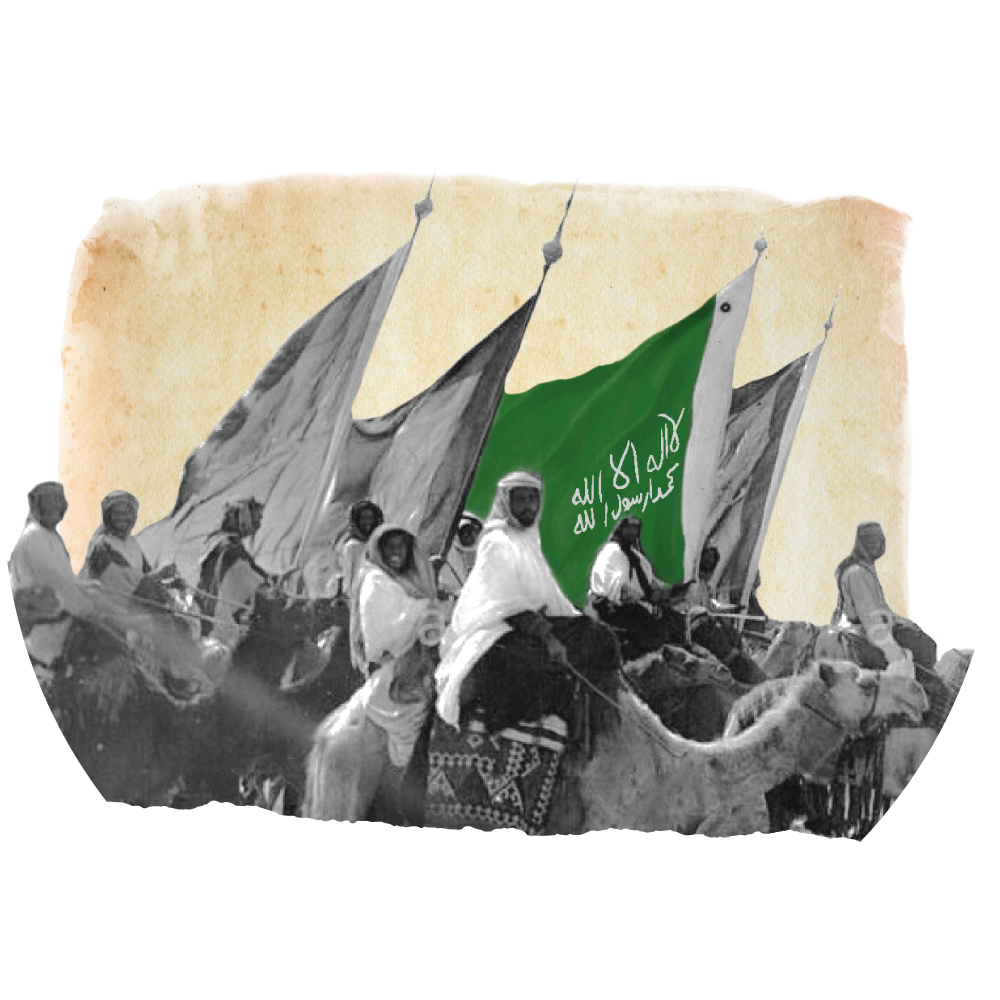
35
The First Saudi State (2)
24 Sep 2021
It never crossed the Ottoman sultans’ minds that there would be men from the deserts of the Arabian Peninsula, who believe heartfully in their Arab and Islamic homeland, and those men sought its independence from the grip of the Turks who were a burden on their chests, thus bequeathing them poverty and backwardness for centuries.
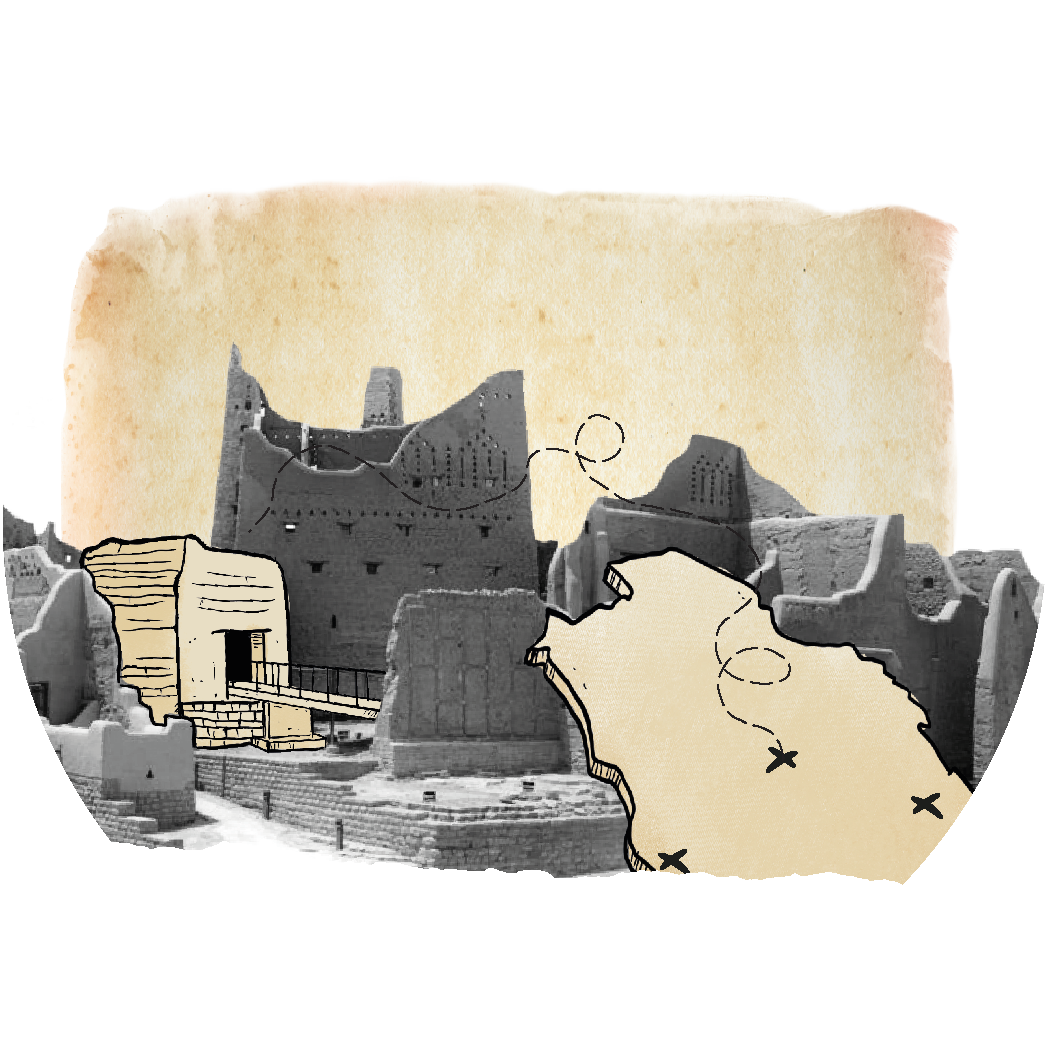
34
The First Saudi State (1)
17 Sep 2021
The emergence of the first Saudi state (1744) in the Najd region was a shocking surprise to the Ottoman Empire, which at first did not give great importance to the new state nor the whole region, before it sensed the new political power led by Imam Muhammad bin Saud (founder of the first Saudi state), which then became a serious threat due to the pure religious vocation as ground to its political existence; as it broke big in the Arabian Peninsula.
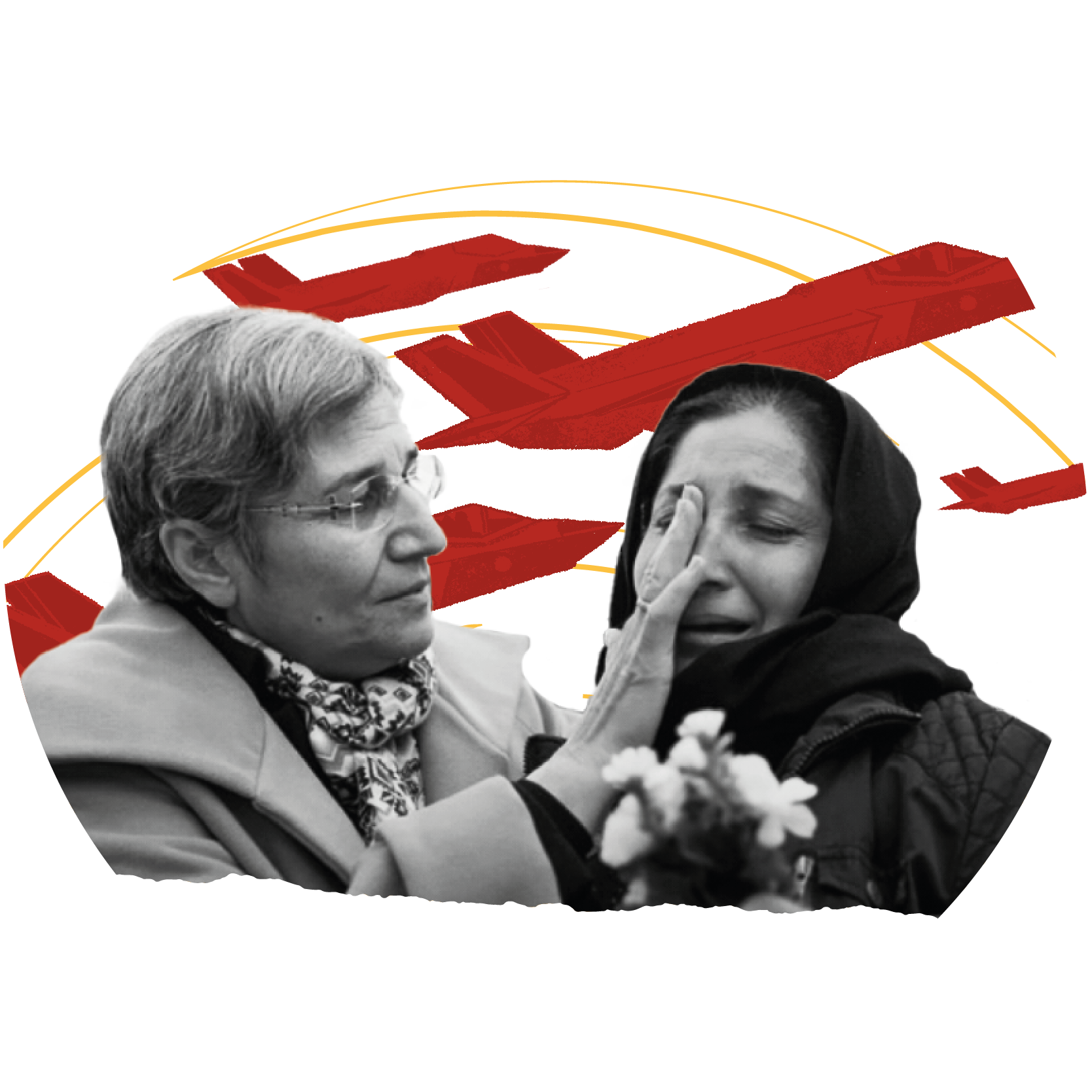
33
The Kurds (7)
10 Sep 2021
South African Nelson Mandela said, “A man who deprives another man of his liberty is a prisoner of hatred, prejudice and narrow-mindedness.” This applies to Turkish President Recep Tayyip Erdogan’s dealings with the Kurds in line with the history of the relationship between the Ottoman sultans and the Kurds, and this confirms the historical stability in the Turks’ handling of the Kurdish issue through the duality of containment and oppression without any indications of willingness to listen to the demands of this Muslim people

32
The Kurds (6)
3 Sep 2021
Currently, more than 20 million Kurds live in Turkey, and they constitute a percentage estimated at more than 20% of the population. After the Turkish military coup carried out by the Turkish military establishment under the leadership of General "Kanaan Evren" (Turkish: Kenan Evren) 1980, Kurdish nationalism suffered forms of racial discrimination and continuous national oppression. This happened when the Turkish government banned speaking the Kurdish language and fined those who spoke it in public and private life and stressed the prohibition of using the term "Kurd" or "Kurdistan", and even prevented them from using names of Kurdish origin, as well as forbidding singing in the Kurdish language.

31
The Kurds (5)
27 Aug 2021
Ibn Khaldun says in his introduction: “History is an attempt to scrutinize and justify the existence of beings, and to know facts, and the reasons why it happens. Thus, history is worthy of being a science that informs us about the news and morals of past nations.
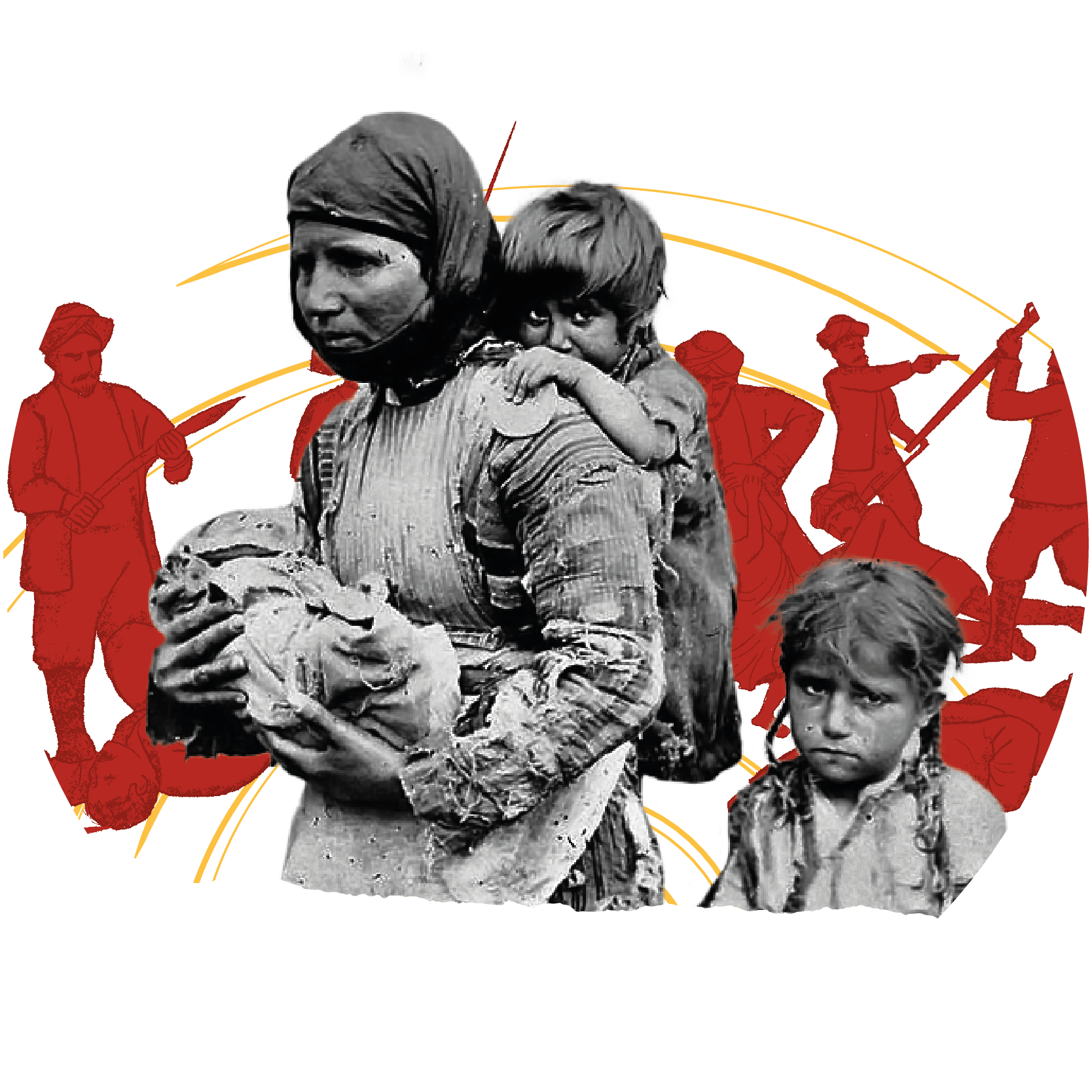
30
The Kurds (4)
20 Aug 2021
As the Ottomans always do, they use mercenaries and foreign fighters, Abdul Hamid II established one of the bloodiest Ottoman military divisions, a purely Kurdish division, when he took advantage of the Kurds’ submission to the Ottoman occupation, and began converting part of them to serve his tyrannical project and save his state, which was at risk to fall.
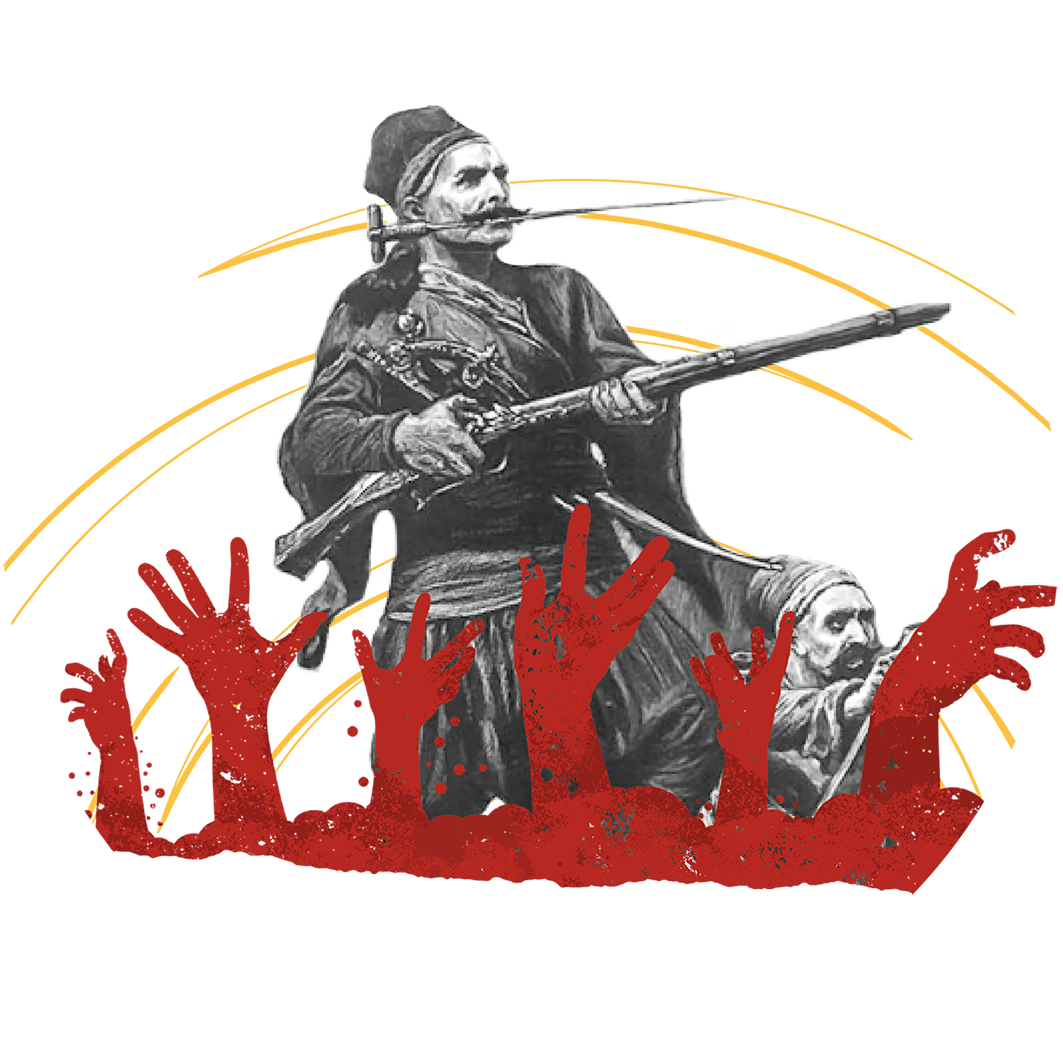
29
The Kurds (3)
13 Aug 2021
Since the beginning of the Islamic conquest, the policy of stationing on the frontiers has been associated with the forces surrounding the Islamic world, with ideological and political slogans that brought together all the intellectual and religious currents that penetrated into the Islamic society
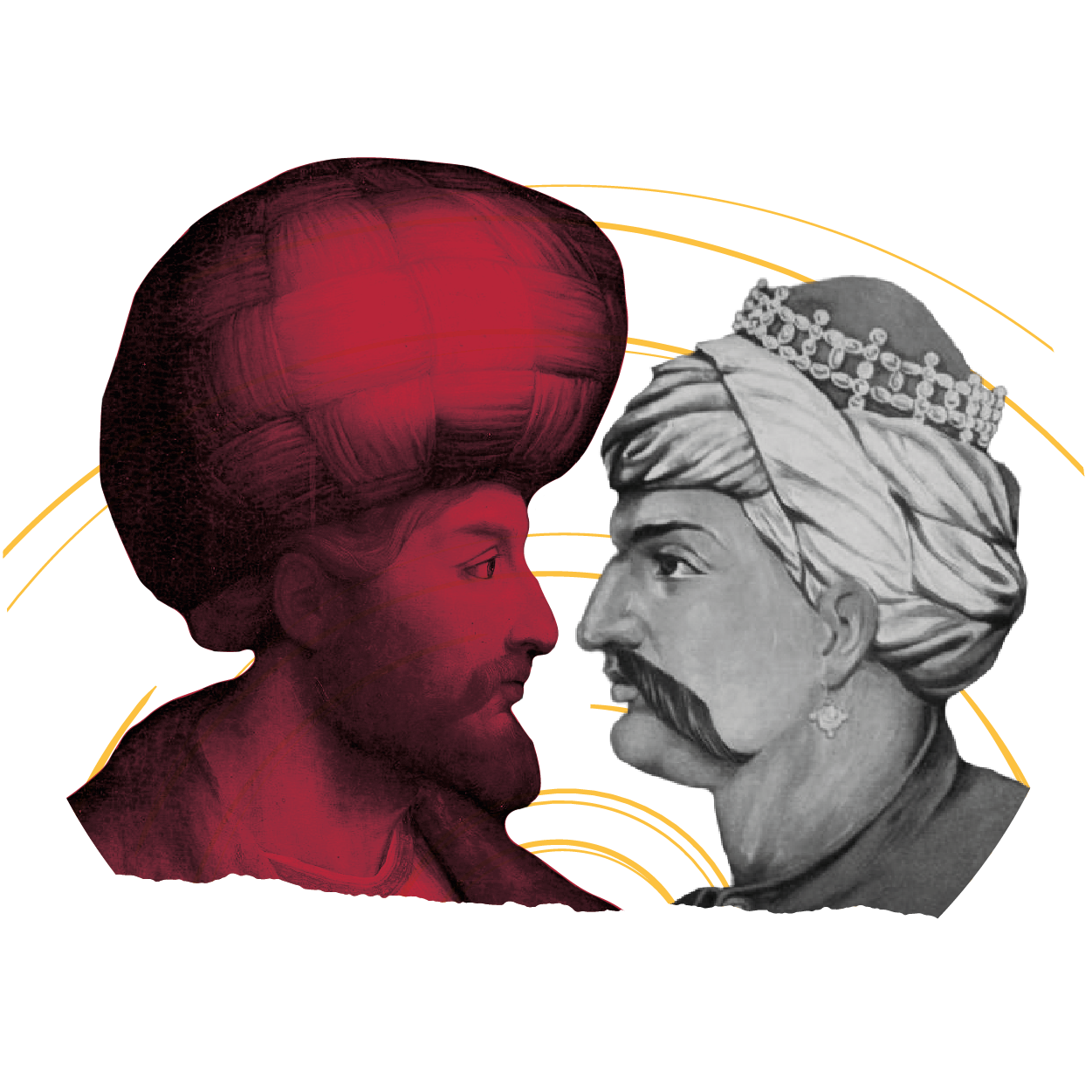
28
The Kurds (2)
6 Aug 2021
Geography and history shaped the homeland of the Kurds and outlined its political profile throughout history. The location of the Kurds’ settlement, its mountainous terrain, the unlimited space, in addition to their widespread geographical distribution have effectively contributed in making them at a crossroads in the relationship with the major surrounding countries.
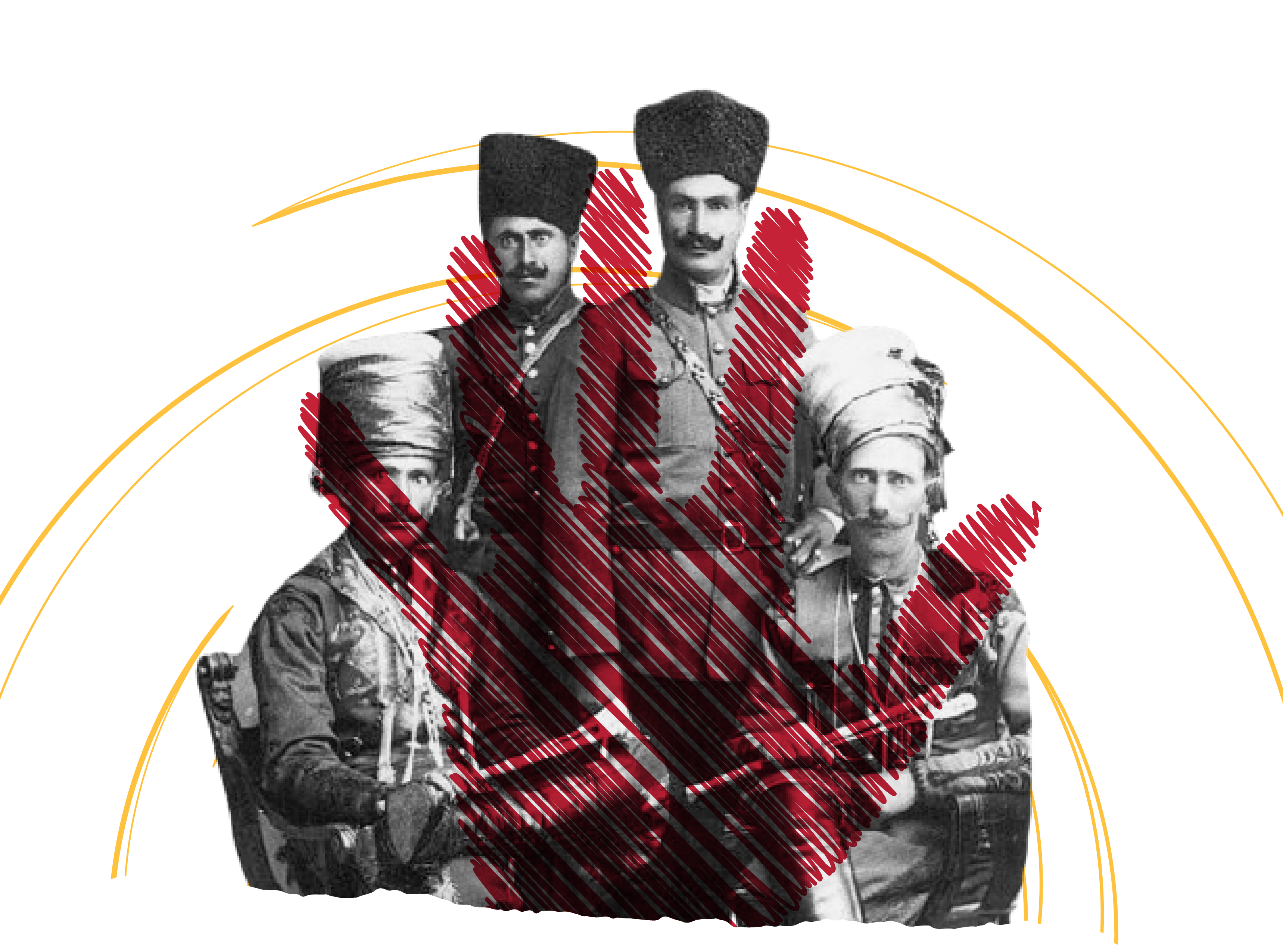
27
The Kurds (1)
30 July 2021
After all those decades that have passed, the facts that have unfolded and the historical documents that have emerged, historians have concluded an undoubtable fact, which is that the hearts of the sultans of the Ottoman Empire were filled with superiority towards all ancient nations, especially the Arabs.

26
Slavery(7)
16 July 2021
Before the era of writing down, the stories were memorized orally, and the narrators told them orally, so that they reached the researcher. This simple mechanism is what brought all the books of Arab and international heritage to us. This process is also what proves that there is no force on earth that can prevent the truth from being spread.
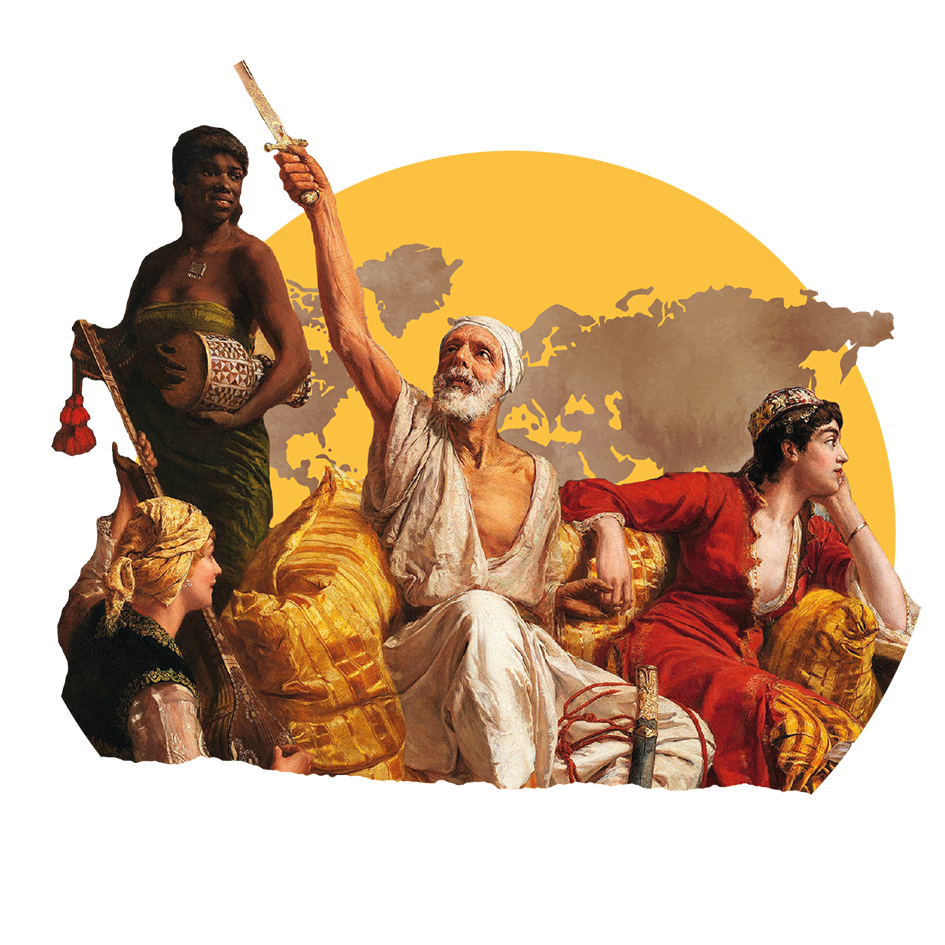
25
Slavery(6)
9 July 2021
Ever since they established their state, the Ottoman sultans were not ashamed to announce to everyone that their state was based on bloodshed, festivities and slavery. The Ottoman family, who claimed to rule by Islam, did not feel any unpleasant as they legalized immorality and supported depravity and spread it everywhere.
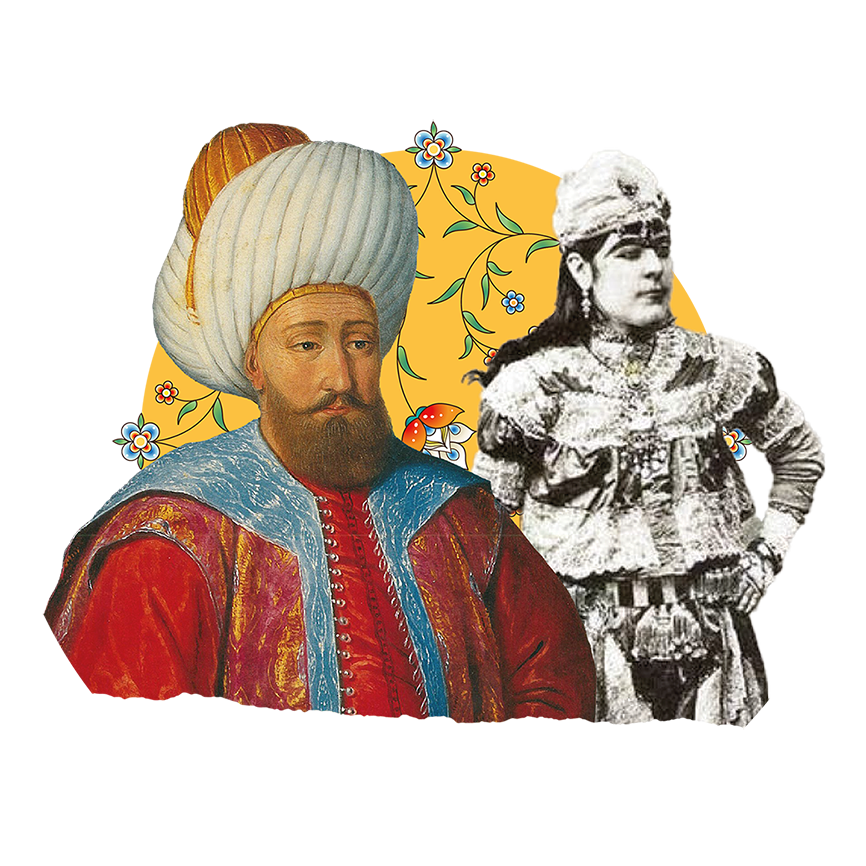
24
Slavery(5)
3 July 2021
Some of the Ottoman sultans were tyrannical, as some of them even went against human instinct, when they jumped to power in a moment of decline in the Islamic world and suddenly became rulers, in their hands lies the fate of Muslims, they believed that they could do what they wanted without history holding them accountable for their crimes.
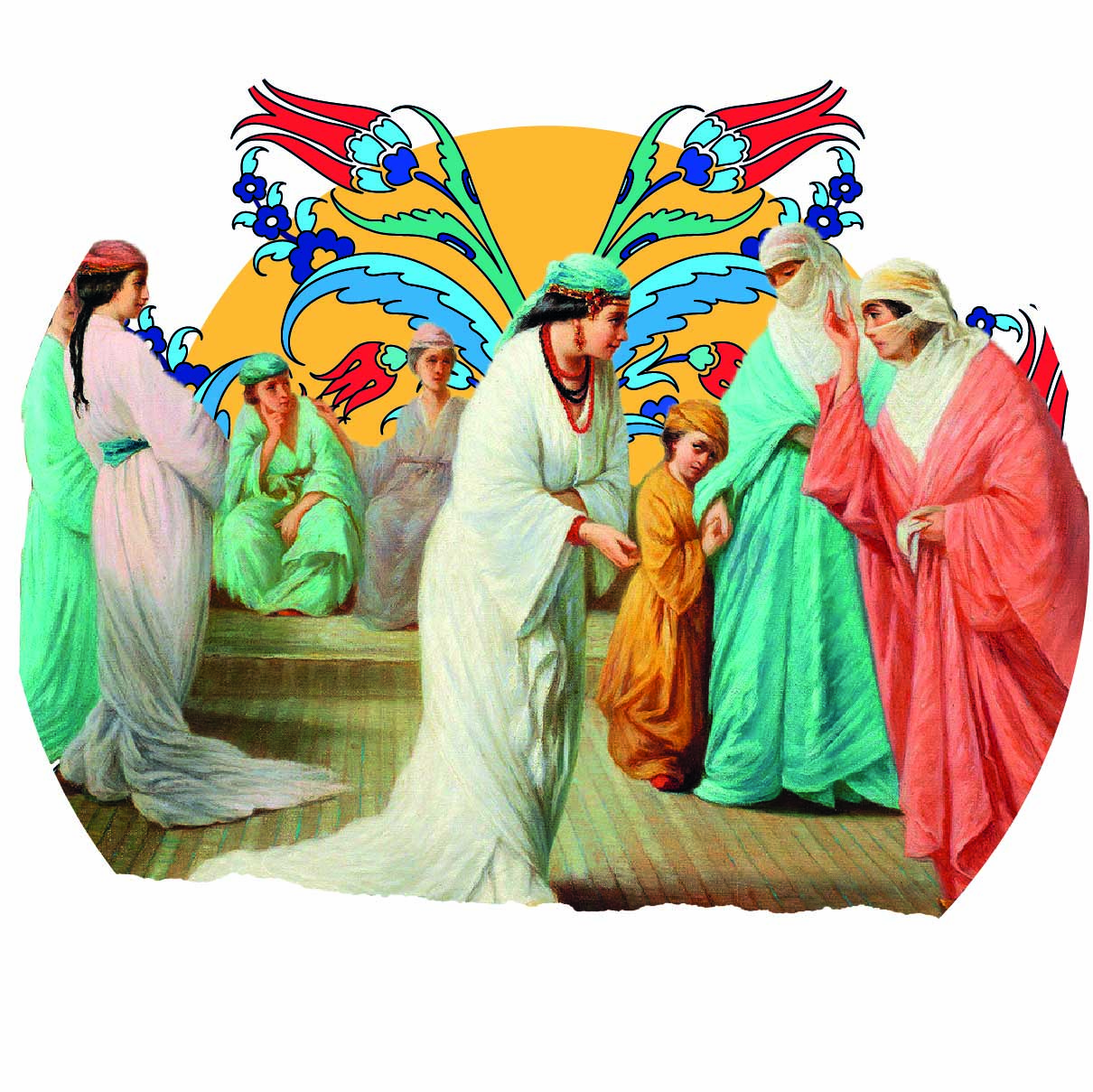
23
Slavery(4)
25 June 2021
The presence of women and maidservants in the palaces of the Ottoman Empire was not a new thing. The empires throughout history witnessed this phenomenon; however, the Turkish sultans were not satisfied with a few women as before, but superseded to buy girls from all over the world, and established Haremlik Institution, which included the maidservants and wives of the Ottoman sultans
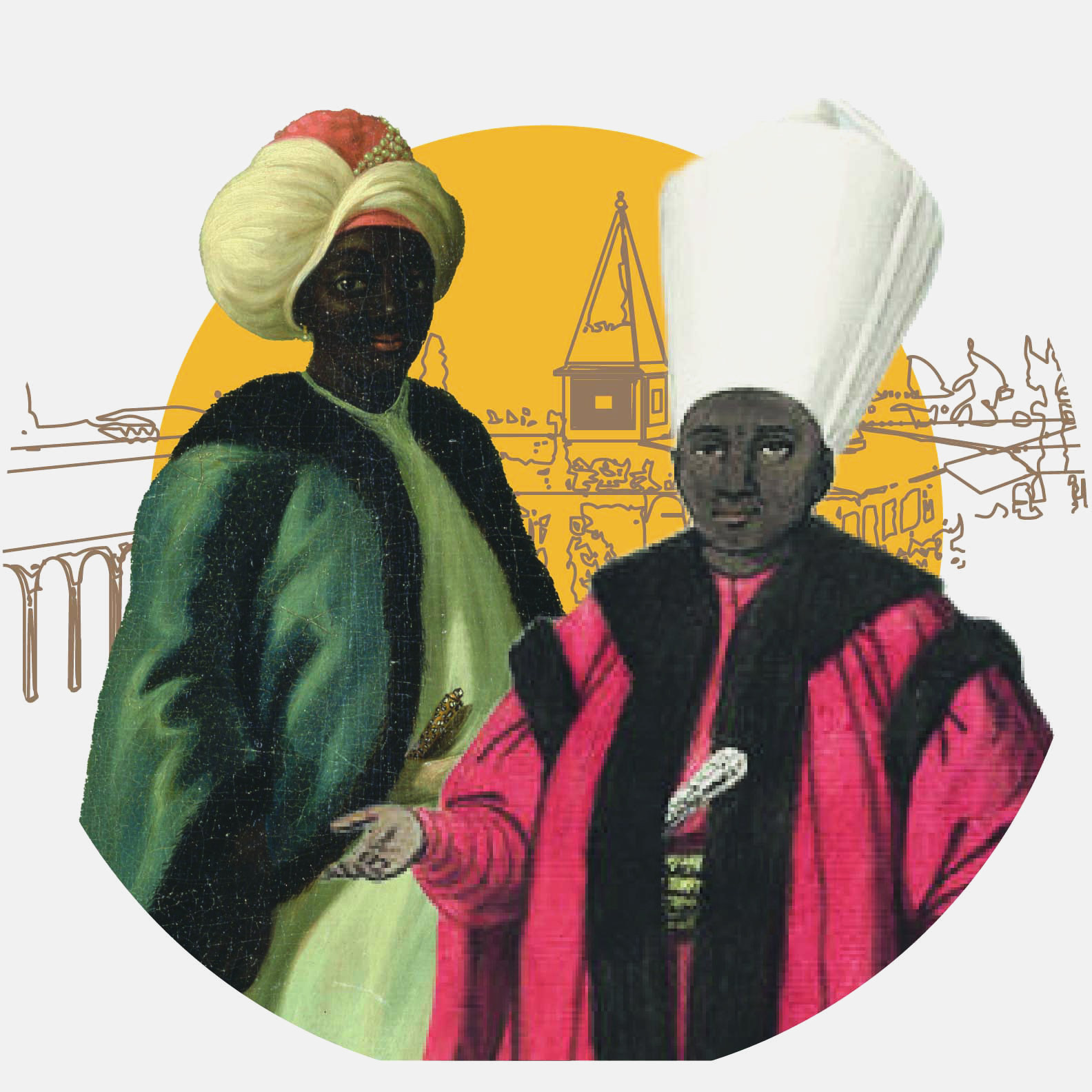
22
Slavery(3)
18 June 2021
The Ottomans failed significantly in social policy, and the establishment of classes supporting posts in the state and members of the army; as they relied on the children among prisoners of war out of whom they made soldiers

21
Slavery(2)
11 June 2021
Enslaving people will remain the dark chapter in the history of humankind due to human enslavement, and boasting the ownership of people. Ancient people imposed the right of domination and controlling other human beings, while nature and natural fine disposition dictate that everyone born on this earth shall come free without restrictions of enslavement.

20
Slavery(1)
04 June 2021
There is nothing worse than the exploitation of human beings to work without giving them their rights, and this is one of the most forms of slavery that the Ottoman Empire practiced through its feudal system in the Middle Ages. The slave system was used in all areas. This is what made historians call it the period of Arab and Islamic decay and decline, which has never happened
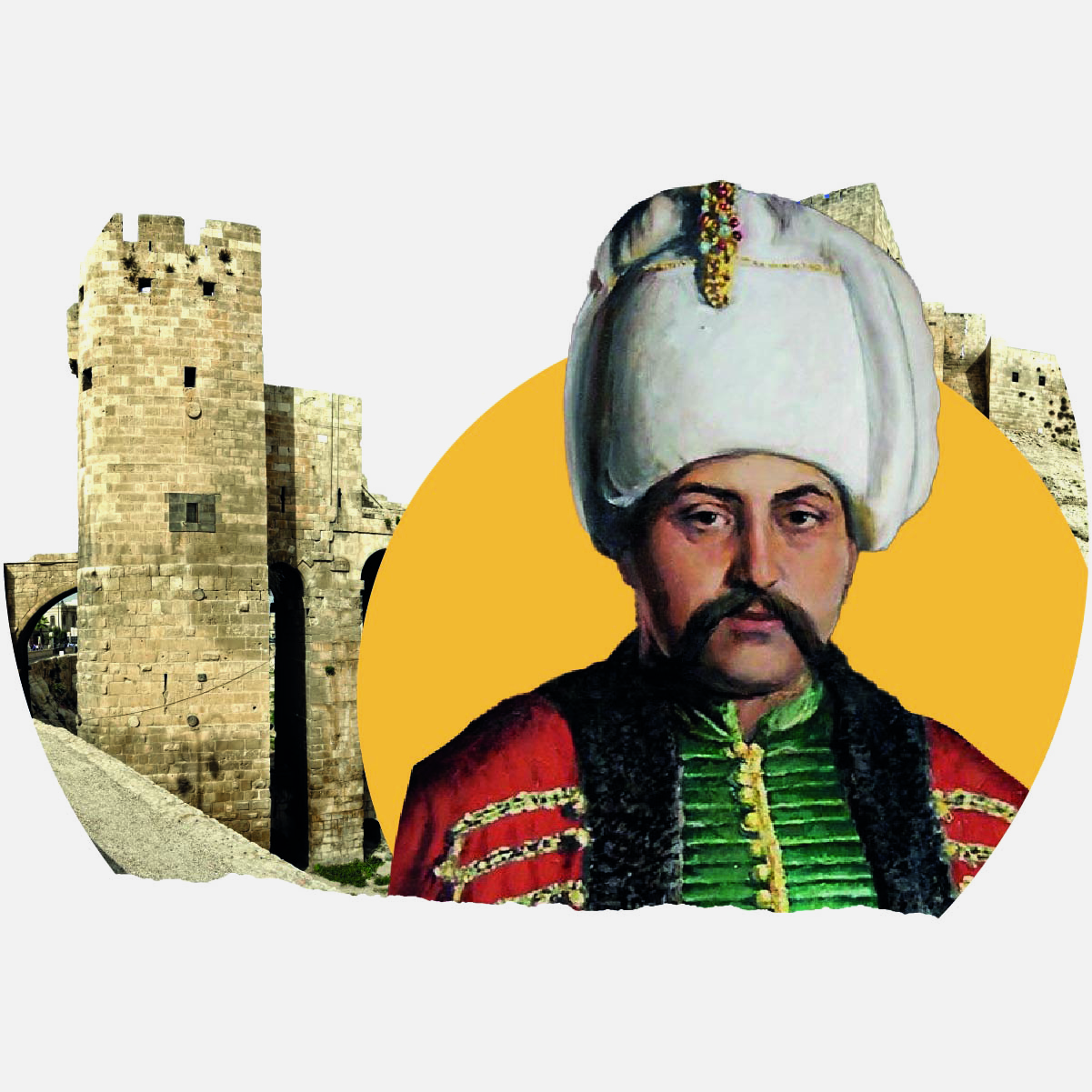
19
Counterfeiting Heritage (4)
28 May 2021
Theft is not permissible in Islam, but it is considered a legitimate matter in the Sharia of the Ottoman Empire, evidenced by the fact that these bad habits were inherited by the men of their army and their officials in all the places that they colonized in terms of land, thought and culture. The history pages are riddled with humiliating slaps in connection with Istanbul's claim that it is an Islamic country that respects integrity and human values.
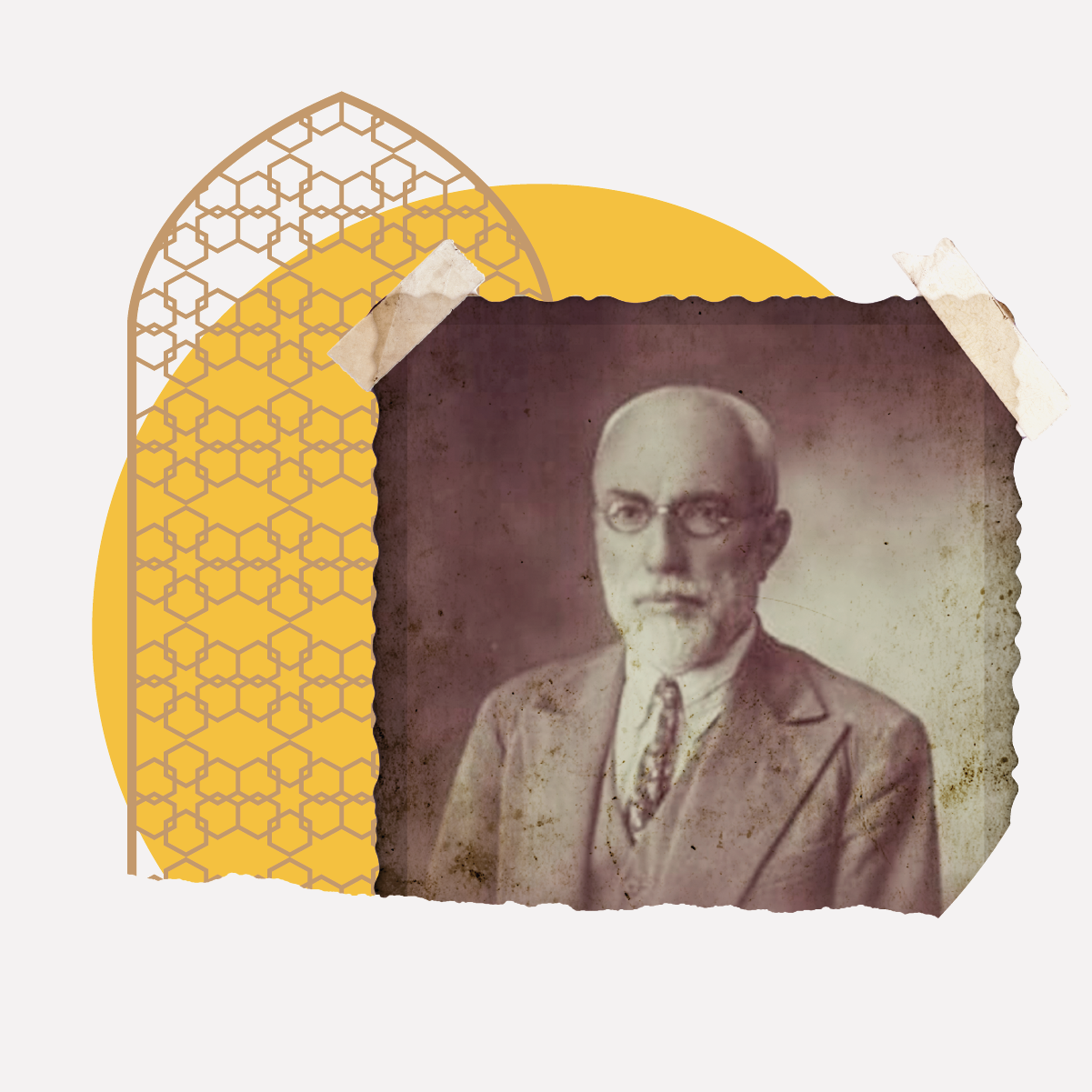
18
Counterfeiting Heritage (3)
07 May 2021
The Turks transcended all the limits of reason and logic, and tried to overturn the obvious and indisputable matters, such as the definite Arab lineage of our Prophet Muhammad. Historians of the Ottoman Empire had another opinion, which is to Turkify the Prophet’s noble lineage. They claim that the Prophet Muhammad is not an Arab, and that his noble lineage goes back to the Turks. This is considered an outrageous insult, falsification, and assault on prophethood.
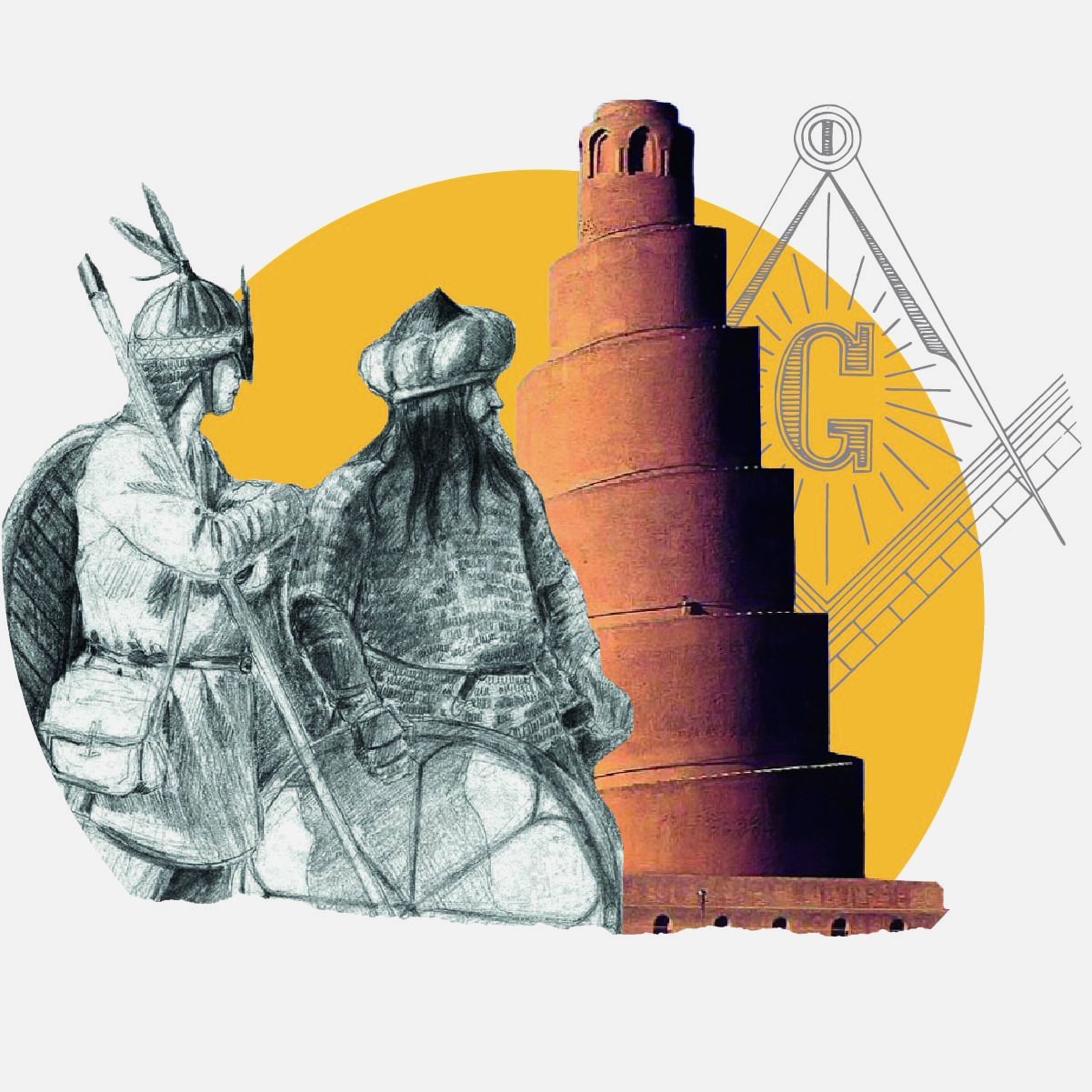
17
Counterfeiting Heritage (2)
30 Apr 2021
The Turks met the Arabs for the first time in the Abbasid era, when they worked for the Abbasids as soldiers and vassals. After a period of time, Turkish women married caliphs and notables. Their numbers increased in the state armies
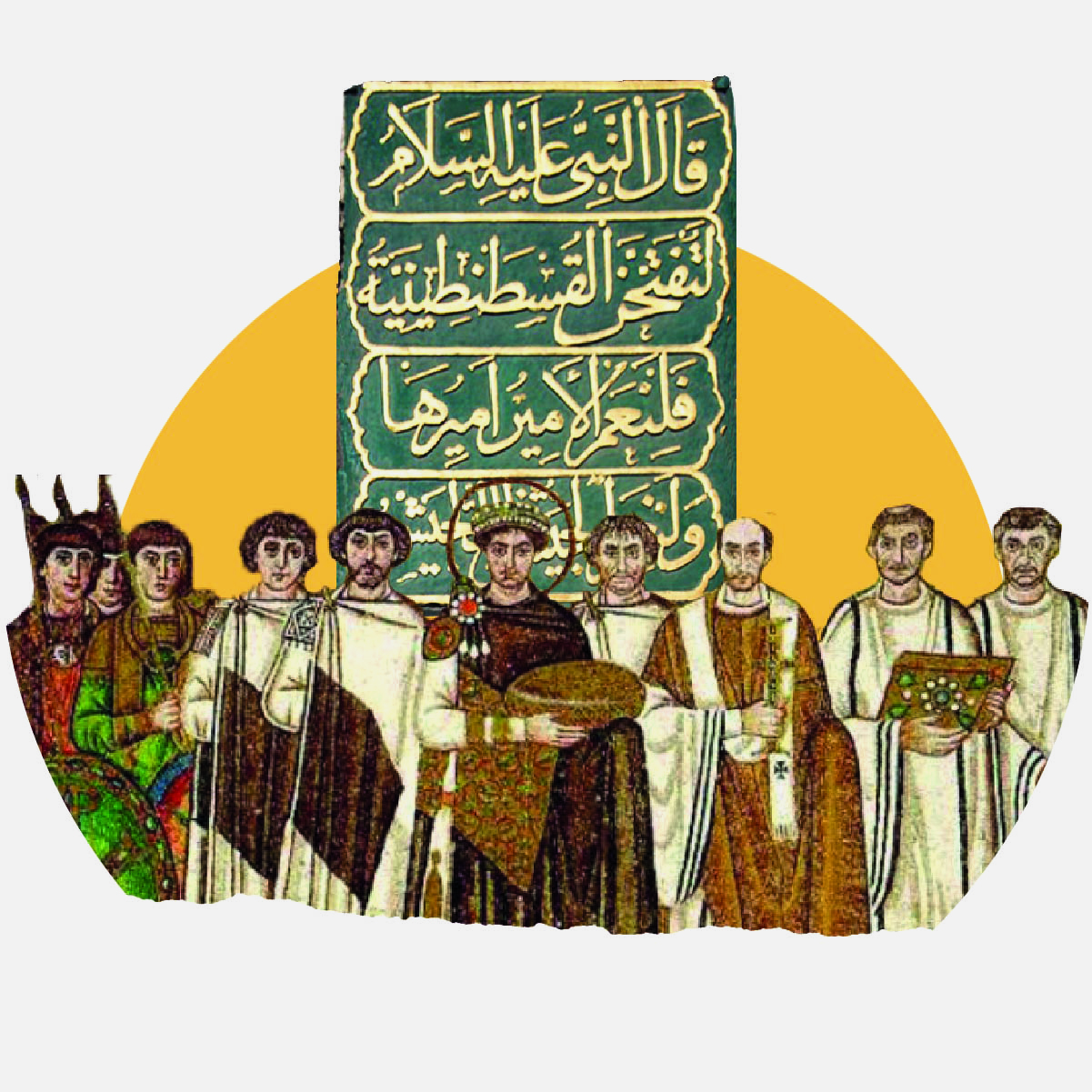
16
Counterfeiting Heritage (1)
23 Apr 2021
Banu Ottoman quoted prophetic hadiths in conferring religious sanctity on the rise of their state and ruling the Arab countries in political and religious terms. They intended to seek the sympathy of Arabs and Muslims and gain their affection by removing their effects resulting from the crimes they committed against the Arabs and the occupation of their land.
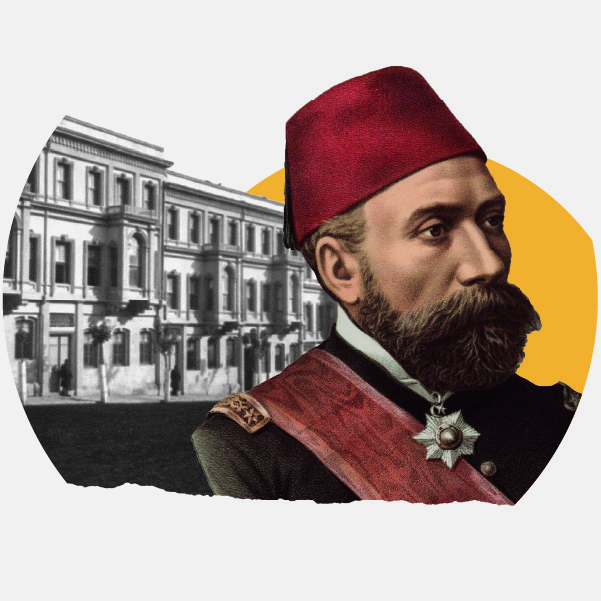
15
The Red Sultan (5)
16 Apr 2021
As the crises of the Ottoman escalated during the 19th century, it was a difficult century for their empire, which seemed to be weakened and languish in terms of the system of governance and administration. Therefore, their sultans tried to restructure their state through some political, military, judicial and administrative reforms. On the other hand, they were struggling to control separatist movements and trying to take action against rebels in several parts of their empire.

14
The Red Sultan (4)
09 Apr 2021
The relationship between Theodor Herzl, the leader of the Zionist movement, and the Ottoman Sultan Abdul Hamid II, was neither a joke nor a kind of imagination. Events, their sequence and historical sources confirm this, so let’s go together to trace the relationship, how it began, what resulted from it, and how it ended.
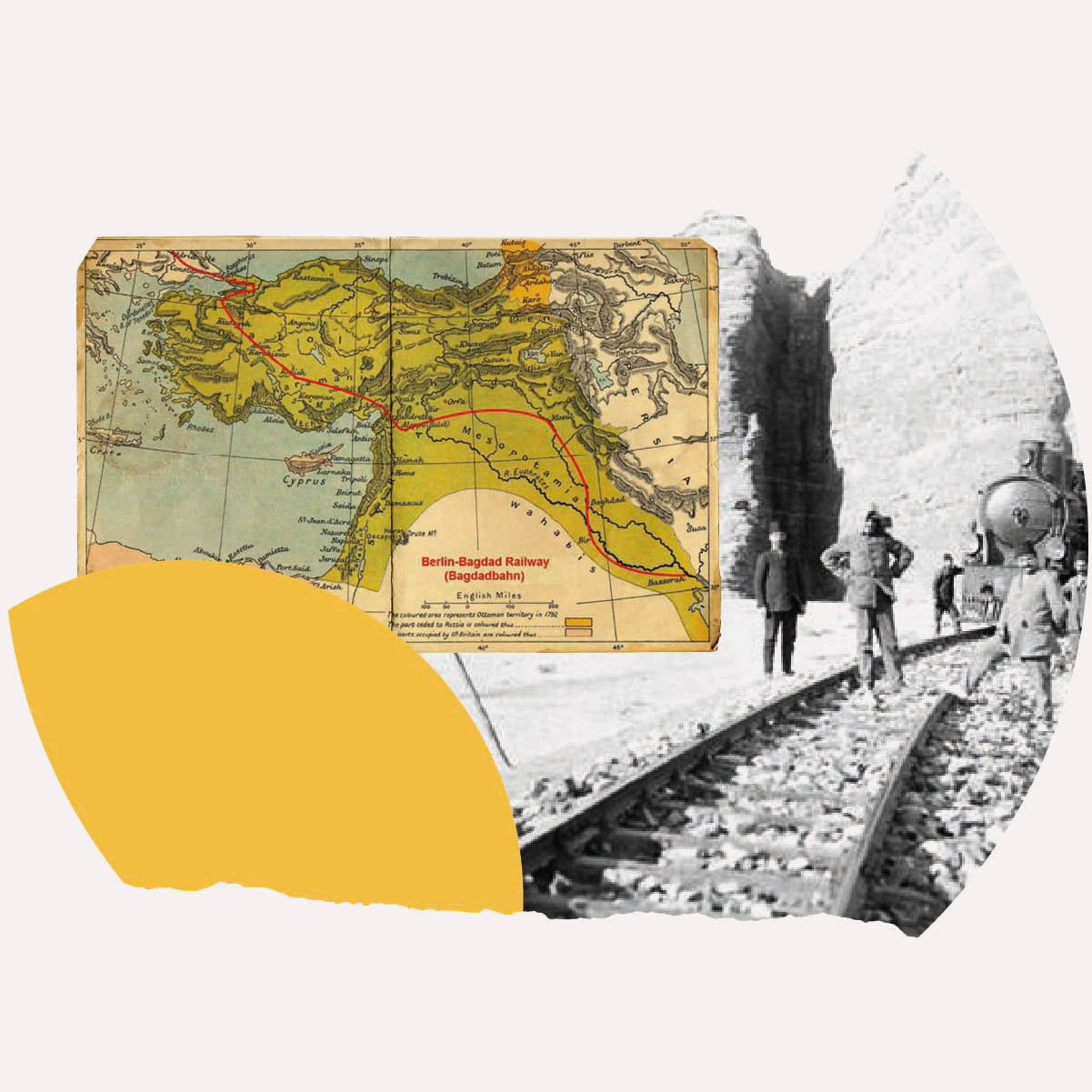
13
The Red Sultan (3)
02 Apr 2021
When referring to the Hejaz railway, Sultan Abdul Hamid must be placed in the center of the picture because it was part of his project—and the great Ottoman Sultanate’s project—to tighten control over Arab countries and impose Turkification on them, a policy that succeeded in some Arab regions. Hence, it almost succeeded in Medina as the final station of the railway line, had it not been for the resistance that confronted the Ottoman governor Fakhri Pasha in his quest for the forcible transfer of the population and the Turkification of Medina.
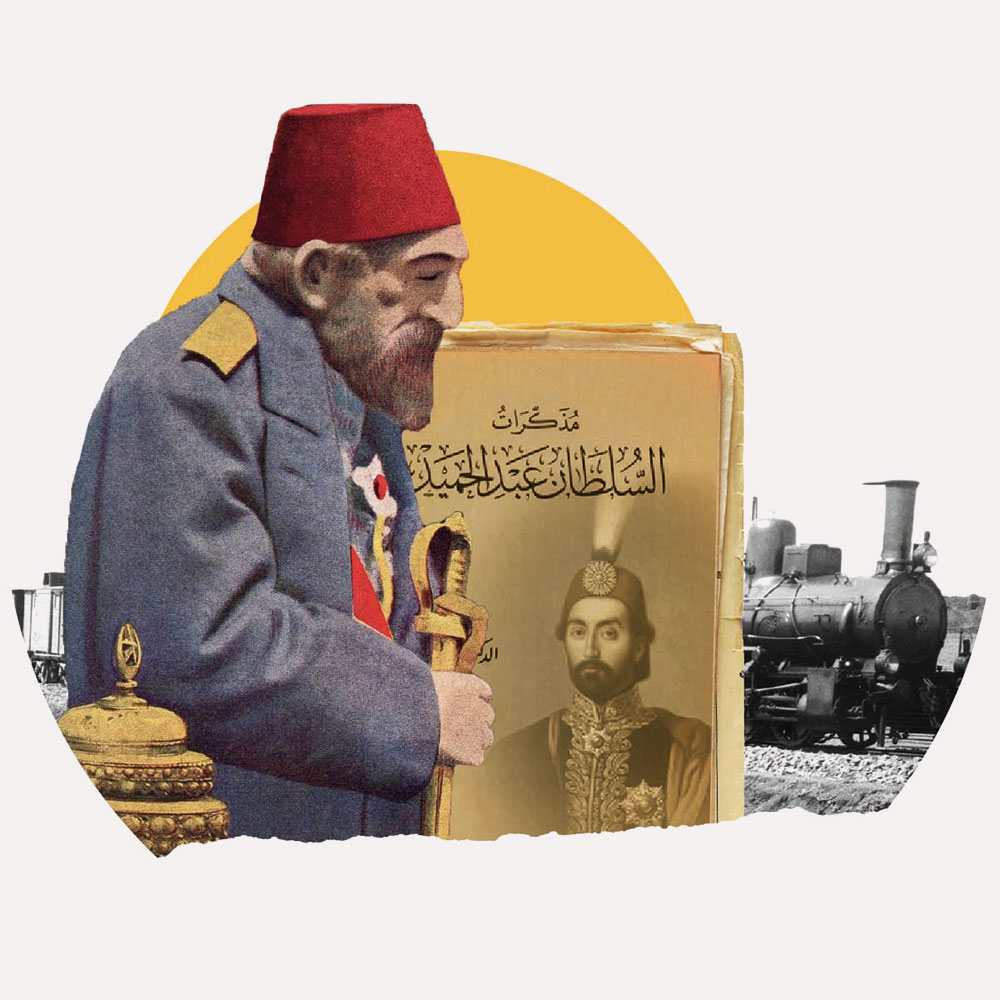
12
The Red Sultan (2)
26 Mar 2021
Abdul Hamid II was greatly affected by what he suffered from when he was young, and this appeared in his personality in his life after that. He wrote in his diaries about his love for isolationism, and that his father left the mark of cruelty on his features when he was young, and grew up with him in the stages of his life. The Sultan affirms that he does not trust anyone, even if he makes them feel that he trusts them, but in the end, he tyrannizes his opinion. Despite this, we find that he acknowledges the fate of his state and his people to achieve multiple projects, and a change in the features of the state, such as issuing a constitution that the state did not need, as events were ravaging the world, not just the state.
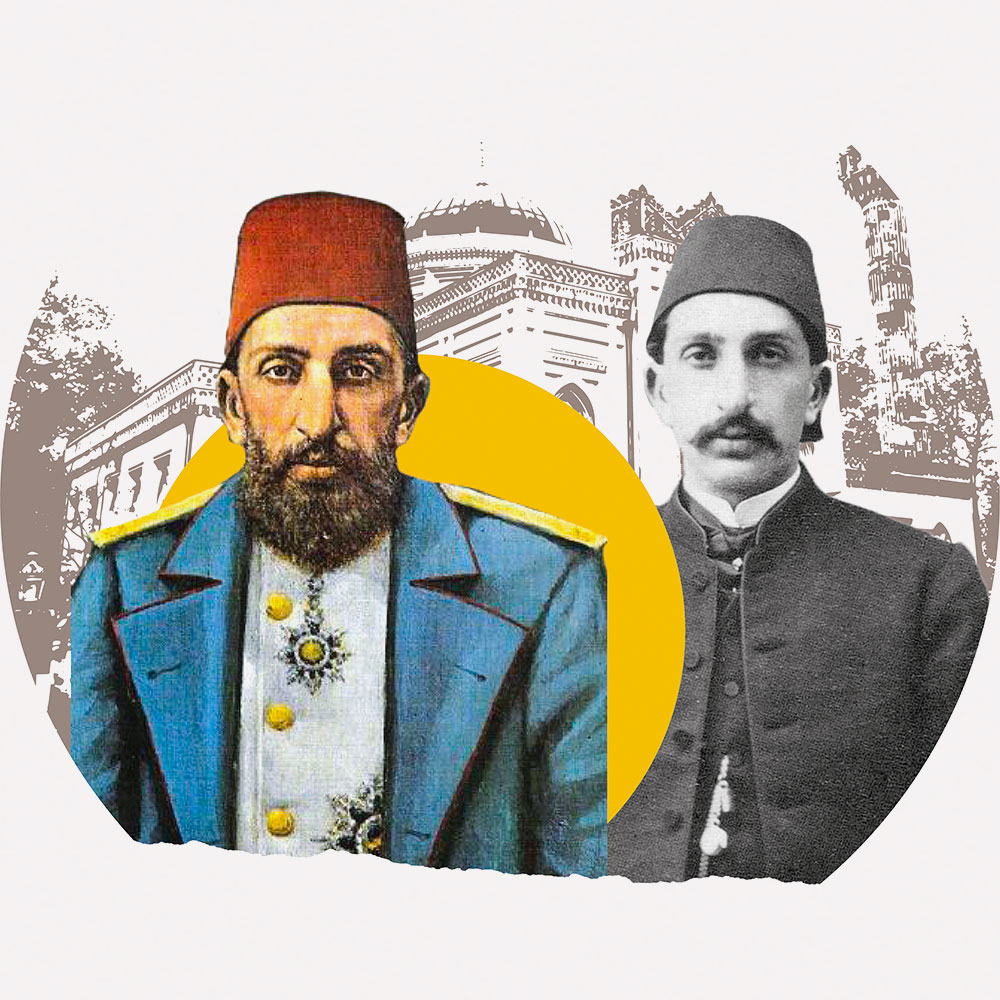
11
The Red Sultan (1)
19 Mar 2021
Anyone who studies in depth the personality of Sultan Abdul Hamid II will find in him many aspects that deter him and reflexes its form and its intellectual, mental and psychological development and the extent of the impact of that and its clear reflection on his behaviors and actions throughout various stages in his life, including his reign, which lasted nearly thirty-three years.
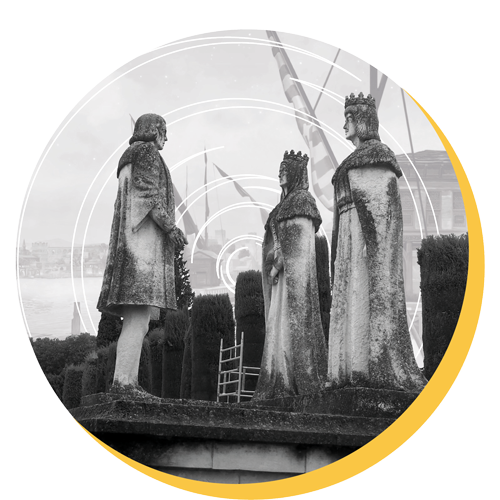
10
Turkish Drama (1)
12 Mar 2021
The study of the Ottoman relationship with Andalusia constitutes an area of historical disagreement between the adherents of the Ottoman thesis and its opponents. Rarely do we stand on writings that devoted to objectivity and academic methodology in dealing with this relationship, which forces us to submit this historical problematic to the logic of analysis away from subjectivity, which could lose any research of its scientific value and historical integrity.
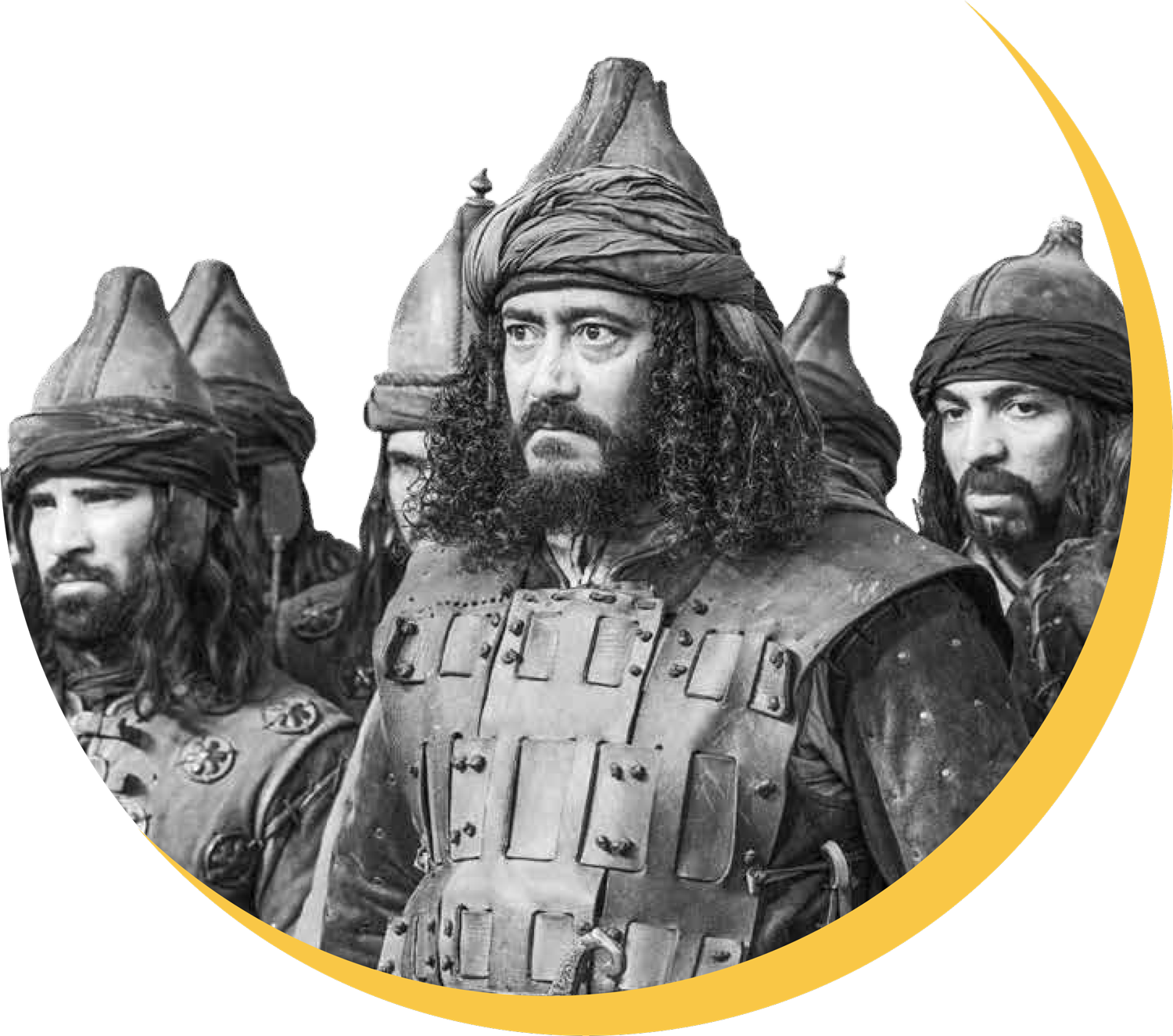
09
Turkish Drama (1)
05 Mar 2021
Andalusia fell to the hands of the Spanish, and the last falling city was Granada. The Muslims in Andalusia yelled many missions for help, coming from Andalusia, which became the deadliest for Muslims. The falling into the abyss of inspection became a real fact, however, many of them did not respond to such yelling.

08
Turkish Drama (2)
26 Feb 2021
The Turks paved their way into infiltrating their ideas into the subconscious mind of the Arab individual and then tried to control his thoughts through favorable lighting and glamorous makeup, adding in few beach scenes found in old Arab and foreign films
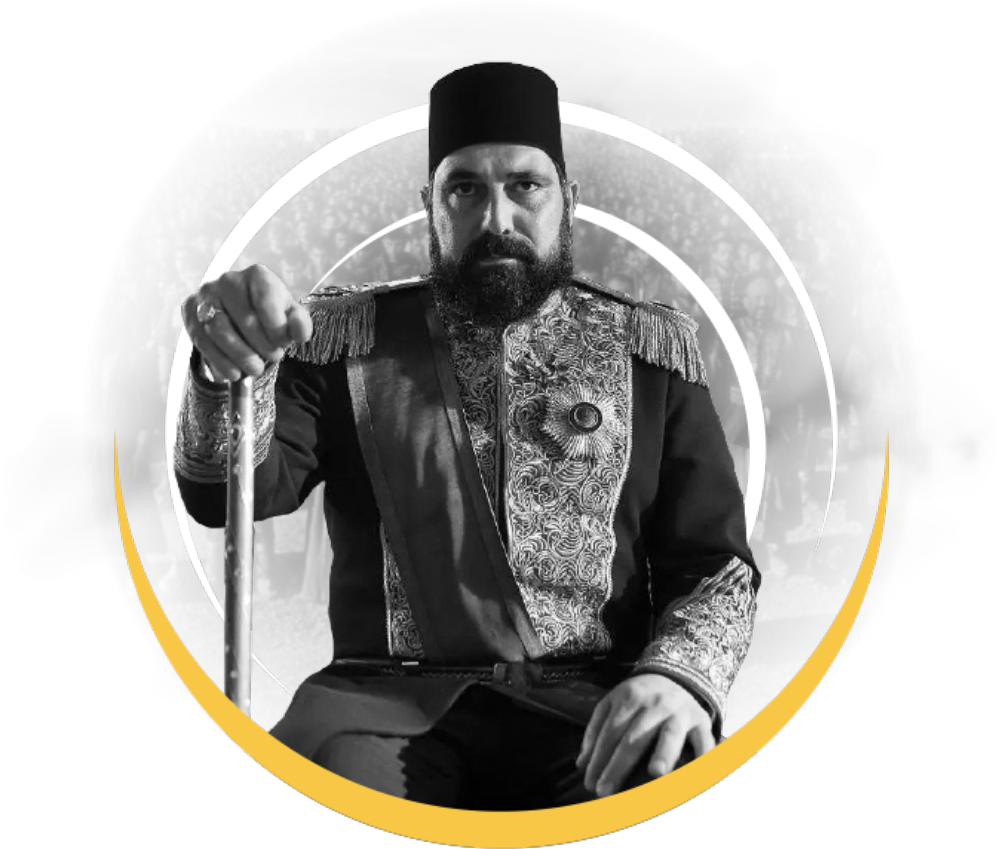
07
Turkish Drama (1)
19 Feb 2021
Turkish drama abandoned many caveats early according to its classifications, so it had a long and influential experience in the internal environment among Turks in particular which made it very important for Turkish decision-makers, for its ability to direct public opinion.

06
Sufism and Esotericism (2)
12 Feb 2021
The profound sacerdotalism state in Anatolia represented a widely open door for interpretation in Ottoman culture, which enabled philosophical ideas - which are in conflict with the Sunni doctrine - to spread with their most extreme visions and distant from it, with interpretations that have pagan, Magus, Greek, Indian, Christian, Sabian perspectives; and atheistic ideas, all of which worked to entice the commoner of the Turks in order to limit the religious interpretations to the Sufi clerics.

05
Sufism and Esotericism (1)
5 Feb 2021
At a certain point in history, the Turks found themselves surrounded by the Islamic conquests, and when the Islamic armies reached the lands of the Turks to spread the religion in 22 AH / 643 CE, their leader Shahr Baraz was only able, at that time, to request reconciliation and convey his willingness to participate in the wars of the Islamic army that were in close proximity to their regions, so reconciliation was concluded between them and there ceased to be conflict between the Turks and the Muslims; rather, everyone marched together in the conquests and in the spread of Islam.

04
Fakhri Pasha (2)
29 Jan 2021
Fakhri Pasha suffered from a psychological disorder, as the injustice that the people of “Medina” had endured and his cruelty confirm that he was not in a normal psychological state and there are no limits to his cruelty and tyranny, as the words of Almighty God apply on him: (And when you lay hold (on anyone), you do it like tyrants), which is a trait that accompanies the oppressors as stated in the holy verse of Quran. The observer of Fakhri’s history or whoever was close to him will describe him as an insane, confused, and sick person; based on his deeds and actions.

03
Fakhri Pasha (1)
22 Jan 2021
The Prophet's Medina suffered the same as all Arab countries under the authority of the Ottoman Turkish occupation for almost four centuries, and it was a troubled period in Arab history during which the Turks practiced the most severe types of injustice, abuse and depletion of resources. Moreover, the Turks were not often satisfied with the injustice of the rulers and deliberate negligence, but rather they continued this injustice by committing crimes, massacres and flagrant violation.
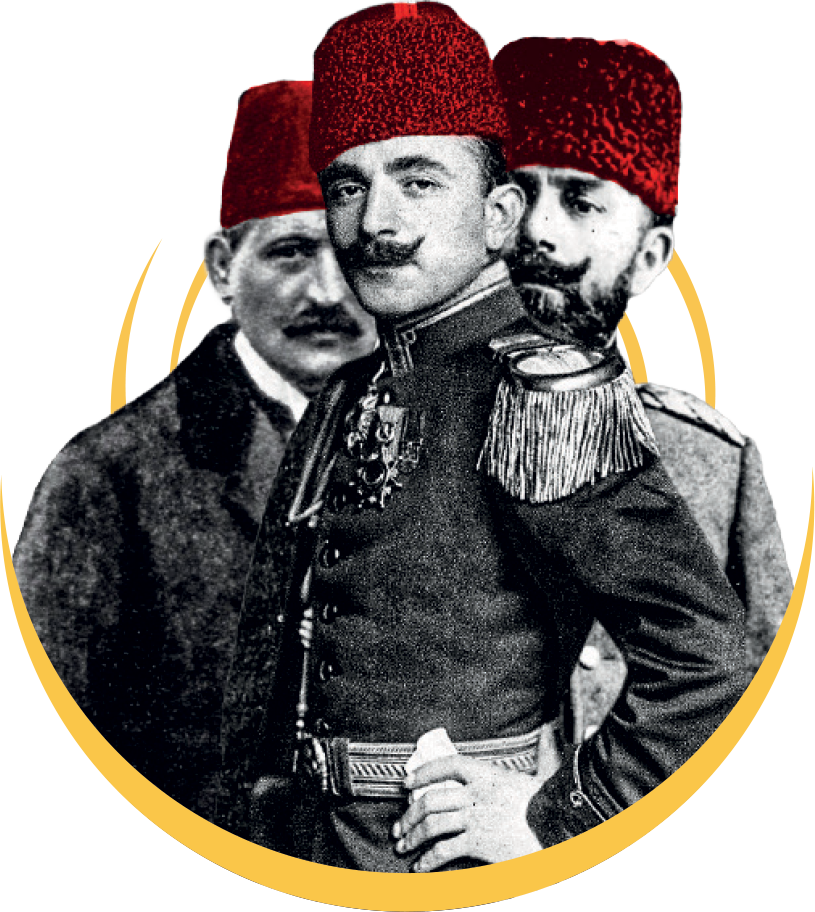
02
The Three Thugs
15 Jan 2021
The country's tyrannical leaders and mighty rulers are the most offensive to the country, where humanity is marginalized in the face of their dictatorship, the oppressor prevails, and the environment turns into a bloody one that is closer to an ideal incubator for the corrupt, criminals and tyrants, with the political and social conditions it provides favorable to the “criminal” industry
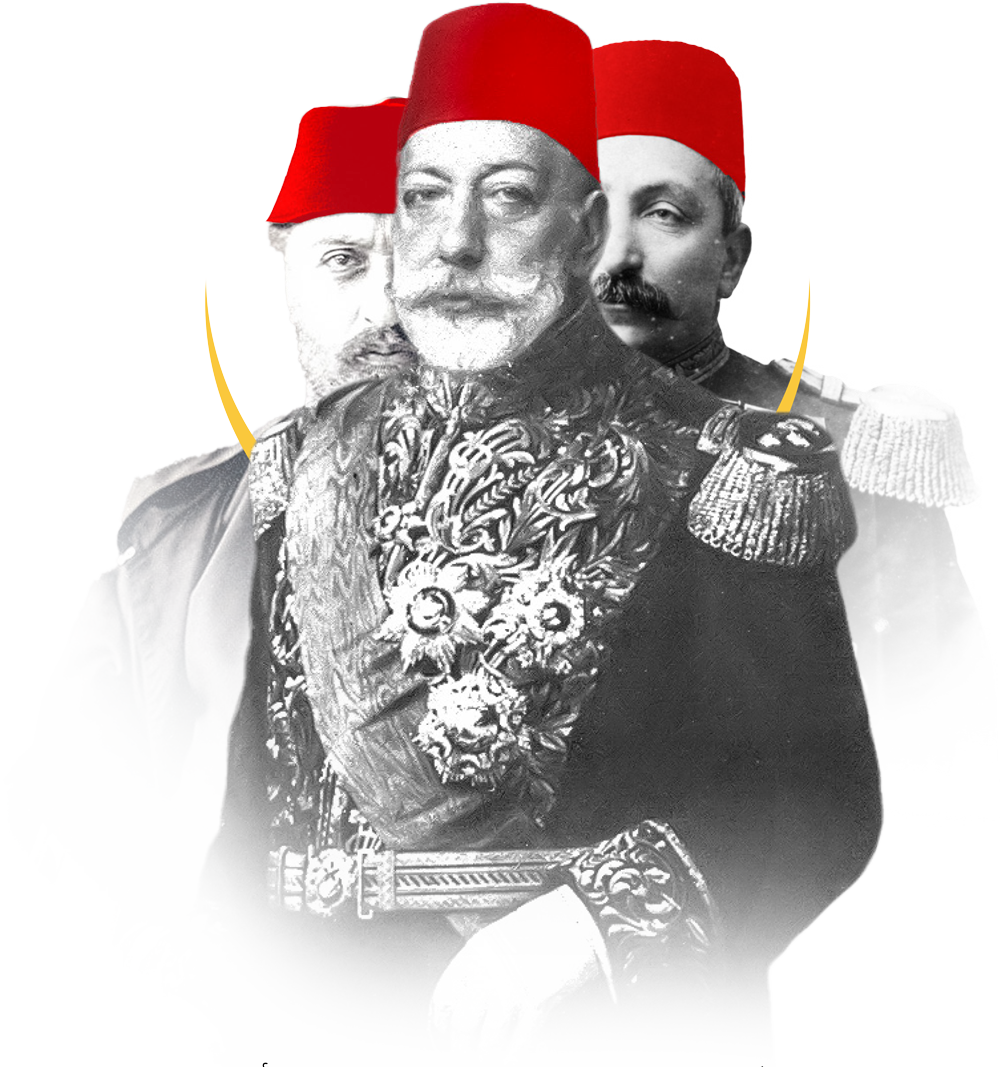
01
The Caliphate
8 Jan 2021
The title of caliph, once it is bestowed upon the rulers in the ottoman political system, was subjected to the monarch's own desire in addition to determining the actual need for it. This title serves as a means of delusion for the poor, the public, the hypocrites and those who are afraid of being confined or murdered.

